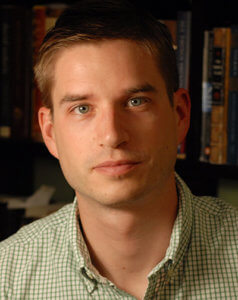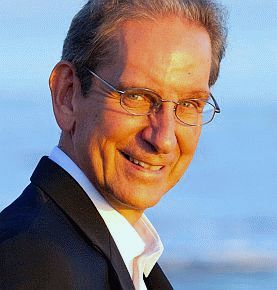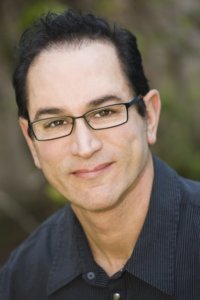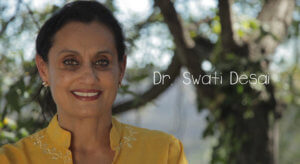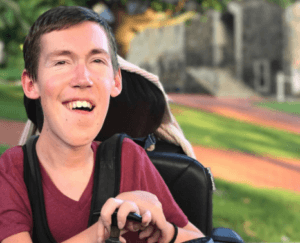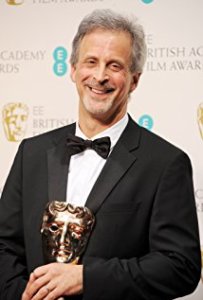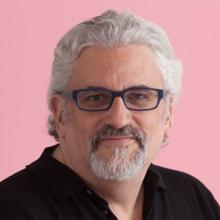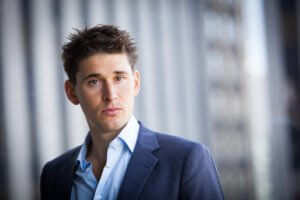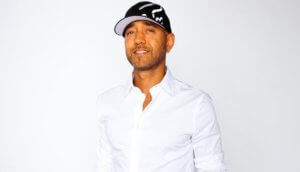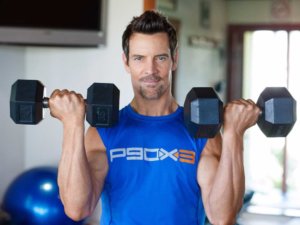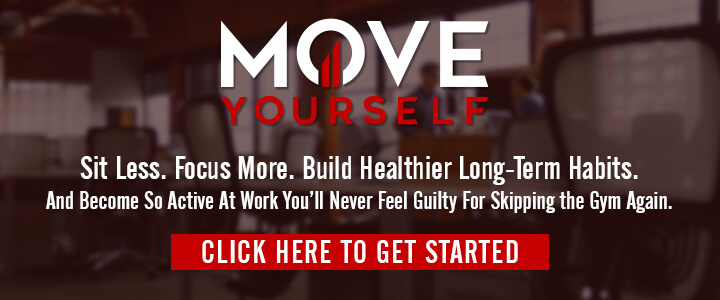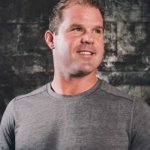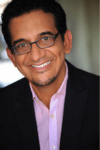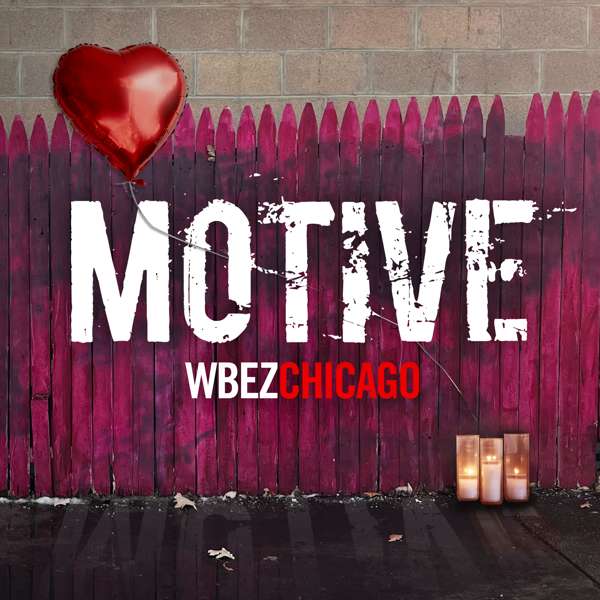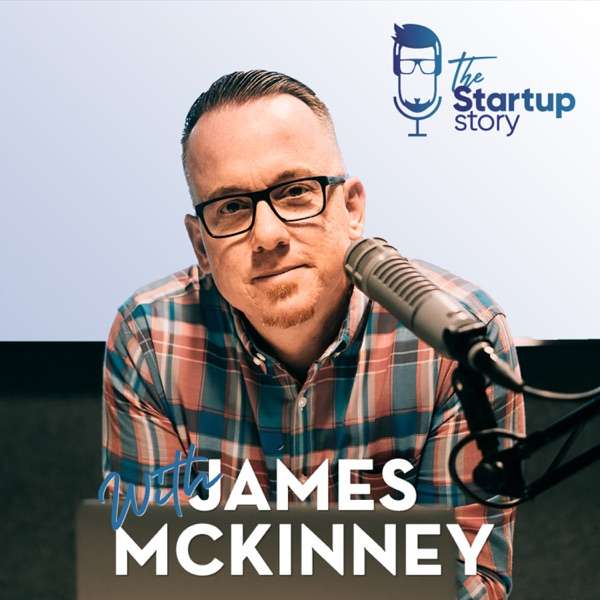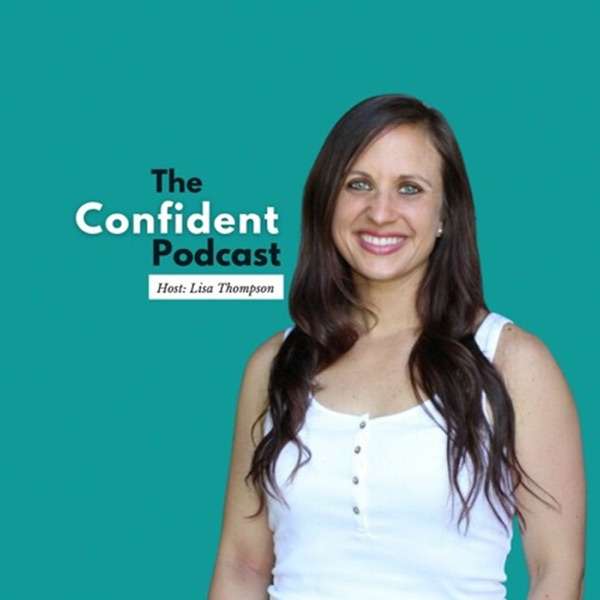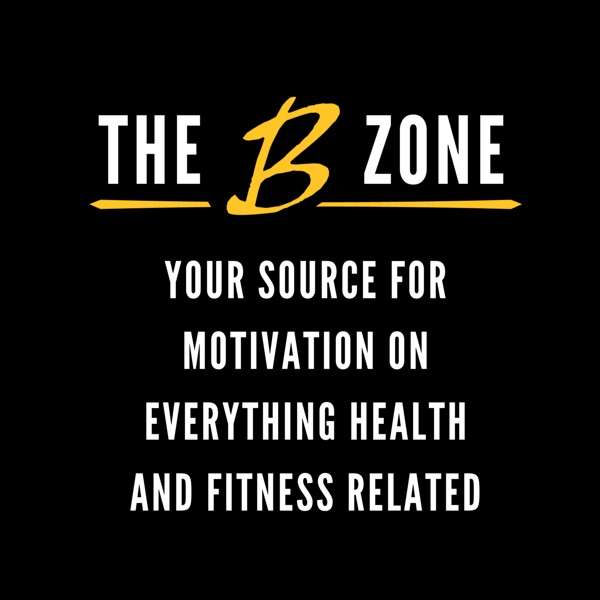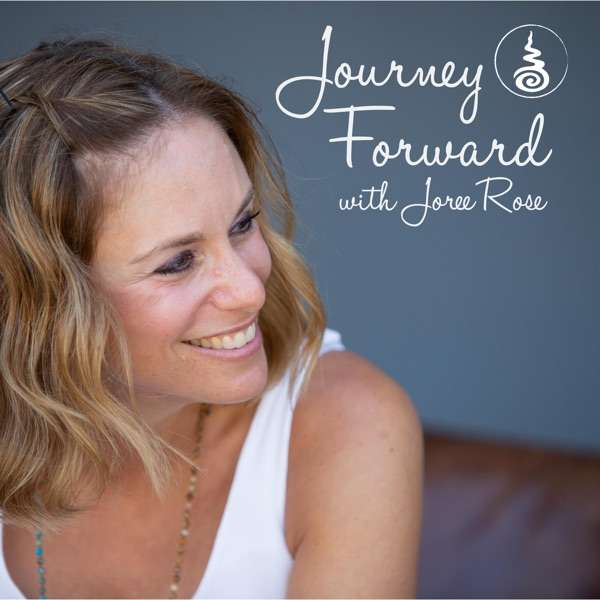One of the topics I get questioned about constantly is networking:
How important is networking?
Can’t I just get really good at my craft so my work speaks for me? (I hate networking!!!)
How often do I really need to do it?
Today’s guest, Emmy award-winning editor turned director, Kabir Ahktar, ACE feels very strongly that:
“It’s really important to stay networking…However much you’re doing, it’s probably not enough.”
Kabir has built his entire career through networking and creating genuine relationships, not to mention constantly practicing his craft and doing the work (no matter if he’s getting paid for it or not). His work includes Crazy Ex-Girlfriend, Never Have I Ever, Arrested Development, and The Academy Awards. A three-time Emmy nominee, Kabir won for editing the pilot of Crazy Ex-Girlfriend. He has now transitioned to directing full time having directed 12 episodes of television last season.
In our conversation we talk about the skills Kabir developed and the challenges he faced in building the career he enjoys today. We dig into the psychology behind building successful relationships and the perseverance that’s necessary to keep your head in the game and have the confidence to forge ahead, regardless of the setbacks.
This is the third episode in a three part series (here’s part 1 with David Rogers and part 2 with Andi Armaganian) with editors who have successfully transitioned to director. If you’re looking to advance your career, sharpen your networking skills, and learn to play the long game, Kabir drops more knowledge bombs that I could keep track of in this interview!
Want to Hear More Episodes Like This One?
» Click here to subscribe and never miss another episode
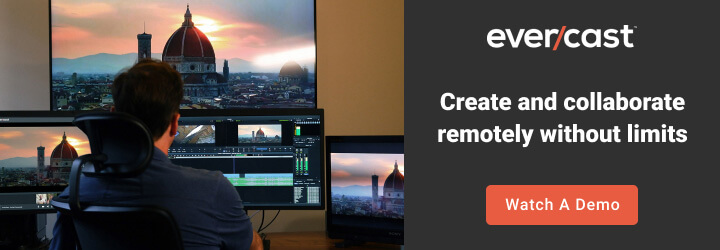
Here’s What You’ll Learn:
- Why Kabir rejects the stereotype that editors work in dark rooms
- HIs first foray into editing was cutting his own mashups of songs on CD’s
- How he learned Avid being a phone tech in college
- He was an outlier, but it led him nowhere until he built the right relationships.
- How Kabir avoided being an assistant editor and went straight to editing.
- Why you want your career to look like a hockey shaped curve.
- The difference between the rockstar and the artist and which you need to be to avoid burnout.
- The small steps Kabir took to learn directing in order to make the transition.
- How his experience as an editor has informed his directing.
- The secrets he’s learned now that he’s making bigger deals as a director
- The importance of being smart with your money so you can have the power to say no when the opportunity isn’t right.
- How to know when you should walk away from a job.
Useful Resources Mentioned:
Four stages of hockey stick growth
Kabir’s website
Kabir’s Twitter
Kabir’s Instagram
Continue To Listen & Learn:
Ep80: How to Avoid Getting Pigeonholed, The ‘Concentric Circles of Networking’ & More | with Doc Crotzer, ACE
The Socially Awkward Introvert’s Guide to Networking with Industry “Experts”
Ep126: On the Importance of Building Relationships, Asking Questions, and Never Giving Up | with Andi Armaganian
Ep125: From Scraping Up Cigarette Butts to Editing, Directing, and Producing Emmy-Winning TV Shows | with David Rogers
Episode Transcript
Optimize Yourself Podcast
DOWNLOADNEW TAB
Zack Arnold 0:00
My name is Zack Arnold, I'm a Hollywood film and television editor, a documentary director, a father of two, an American Ninja Warrior in training and the creator of Optimize Yourself. For over 10 years now I have obsessively searched for every possible way to optimize my own creative and athletic performance. And now I'm here to shorten your learning curve. Whether you're a creative professional who edits, writes or directs, you're an entrepreneur, or even if you're a weekend warrior, I strongly believe you can be successful without sacrificing your health, or your sanity in the process. You ready? Let's design the optimized version of you.
Hello, and welcome to the Optimize Yourself podcast. If you're a brand new Optimizer, I welcome you and I sincerely hope that you enjoy today's conversation. If you were inspired to take action after listening today, why not tell a friend about the show and help spread the love? And if you're a longtime listener and Optimizer O.G., welcome back. Whether you're brand new, or you're seasoned vet, if you have just 10 seconds today, it would mean the world to me if you click the subscribe button in your podcast app of choice, because the more people that subscribe, the more that iTunes and the other platforms can recognize this show. And thus the more people that you and I can inspire to step outside their comfort zones to reach their greatest potential. And now on to today's show. One of the topics that I get questioned about constantly is networking. How important is networking? Can't I just get really good at my craft? So my work speaks for me because frankly, I hate networking. And how often do I really need to do it? Today's guest Emmy Award winning editor turned director Kabir Ahktar feels very strongly that as he states it is really important to stay networking however much you're doing. It's probably not enough. Kabir has built his entire career through networking and creating genuine relationships, not to mention constantly practicing his craft and doing the work, no matter if he's getting paid for it or not. As you will learn about in our interview, his work includes Crazy Ex Girlfriend and Never Have I Ever, Arrested Development and the Academy Awards just to name a very select few. As a three time Emmy nominee. Kabir won the Emmy for editing the pilot of Crazy Ex Girlfriend, and he has now transitioned to directing full time having directed 12 episodes of TV in the last season. In our conversation, we talked about the skills that Kabir developed and the challenges he faced in building the career that he now enjoys. Today, we dig into the psychology behind building successful relationships, and also the perseverance that's necessary, so you can keep your head in the game and have the confidence to forge ahead regardless of the setbacks. Now, just to note, this is the third in a three part series with editors who've successfully transitioned to director and if you want to listen to the previous two parts, just go back to Episode 125 with David Rogers and Episode 126 with Andi Armaganian. If you are looking to advance your career, sharpen your networking skills and learn how to play the long game could beer drops more knowledge bombs that I could keep track of in this interview, he is a wealth of knowledge. If you are inspired by today's interview, and you would like to up your networking game so you can get the attention of the right people who can help open the right doors that lead you to a more fulfilling and rewarding career path. But your outreach email game is a bit weak. Well, then I invite you to download my Insider's Guide to writing great outreach emails. In this extensive and free by the way guide, I'm going to teach you why cold outreach is the most important soft skill that you must develop if you want to advance your career, which is important now more than ever that we are all stuck at home and cannot network in person. I will also show you the five most common mistakes that people make when writing their outreach messages. And I will bet that you've made at least one of these yourself in the past. And then finally, I'm going to break down step by step in a simple to follow checklist how you can structure an amazing outreach message that is going to provide value to your recipients help you build a lasting relationship instead of feeling like you're just bothering this person and actually get a response to your outreach. So you can then seek advice, connect with a potential mentor, set up lunch meetings and possibly even land your next gig. If you would like to download this brand new guide for free, just visit optimize yourself.me slash email guide. That's all one word, no dashes slash email guide. Alright, without further ado, my conversation with Emmy Award winning editor director Kabir Ahktar made possible today by our amazing sponsors ever cast and Ergodriven, both of whom are going to be featured just a little bit later in today's interview. And as a quick sneak peek Ergodriven has a brand new product that I'm super excited to share with you to access the shownotes for this and all previous episodes, as well as to subscribe so you don't miss the next inspirational interview, please visit optimize yourself.me/podcast.
I'm here with Kabir Rockstar who is an Emmy winning director and editor your work include shows like Crazy Ex Girlfriend, and Never Have I Ever, Arrested Development, the Academy Awards. That's just to name a few not even mentioned some of the bigger names that might be coming very, very soon. You're a three time Emmy nominee, you won the award for editing the pilot of Crazy Ex Girlfriend. And now one of the things we're certainly going to talk about today's a you have transitioned to directing full time. And in fact, you directed 12 episodes of TV last season. And the one thing that you left out from your biography is that you and I have been trying to get this call in the books for at least seven or eight years now I've kind of lost track could have been seven because I didn't have a podcast but it's it's been a while it's been a while to finally have you here and finally get this conversation on the record. I'm really excited about this. Thanks for taking the time.
Kabir Akhtar 6:01
Yeah, of course. It's funny. You're right. I have left that out of my bio somehow I feel like how is that right? I should just update my website and include like, also has been trying to hang with Zack
Zack Arnold 6:10
for like a decade. I agree. It's a big piece of the puzzle. It really really is.
Kabir Akhtar 6:14
I can't even remember where or when we met. You know, sometimes you really remember where you met a friend or whoever. But I can't remember a time like that. I didn't know you. Were I agree.
Zack Arnold 6:24
Do you I feel the same way where if somebody were to say, when did you meet Kabir? I can remember 50 different times we bumped into each other had a conversation and chatted. I have no idea when the first time was they all just kind of blend together?
Kabir Akhtar 6:36
Yeah. Because you know, I've been in a space of 2020 now, so I've been in a city for six years. But I feel like I knew you before then somehow?
Zack Arnold 6:43
I think so. Yeah, I think that it probably started if I had to venture to guess it was maybe when I was a speaker at Wdit Fest in 2011. That might have been when you and I just kind of maybe gotten mutually introduced or said hello or whatnot. But since then it all just kind of blends together.
Kabir Akhtar 6:59
Yeah, my first edit fest that I went to I spoke at in probably 13.
Zack Arnold 7:04
So could it maybe it was later than 2011. I just know that the first time I spoke I talked about Burn Notice and I was working on Burn Notice around 2011 12 somewhere in that area. But it was probably I'm my guess is I would venture to guess that you and I met at edit fest I don't remember doing it because it just seems like every edit fest I check off my list saw Kabir again and we chat. Right. And in any other Ace event or whatever, we always bump into each other and we get the chat. But
Kabir Akhtar 7:29
now we really tried to make plans. And then it didn't work
Zack Arnold 7:33
yet again, exactly. But we finally made it work. It only took a global pandemic for both of us to find the time on our calendars to have this conversation. And there are a million and a half threads that we could pull. And we could talk about for hours and hours and hours. But I think the value that comes with talking to you and sharing your story with people is helping them better understand first, how it was that you just got into this industry in general. Because my guess is that with your Indian heritage and background that your parents or your culture or your extended family, were not all saying you know what? You should really get into Hollywood because that's just what Indian kids do. Right? So funny so that they so let's start there.
Kabir Akhtar 8:10
What's funny because my parents moved to this country right before I was born. And you know, they're living the, you know, Indian American, they're not in the America. They're living the Indian dream, like, move here, doctor, nurse, you know, until you drive German cars. That was the plan and it works for them. And yeah, for sure. I remember as a little kid, my parents were definitely like, so you're going to be like, you know, maybe you'll be a doctor. And I'm like, No, as a little kid, I was like, I am not trying to like cut things open and do blood and all this. And I remember my dad saying to me at some point, like elementary school, he's like, well, that's not the whole thing. He's like, that happens for a little part of medical school. But you know, there's lots of types of doctors that don't do that. And I was like, well, you already just had it happens where even part of medical school so forget, and I'm out of here. But you know, I mean, they've always been extremely supportive of whatever, you know, me or my sister we're trying to do. And, you know, it's funny because both of us ended up in creative fields. She's a creative director and graphic designer and does a lot of gigantic ad campaigns and illustrations for the New York Times and who knows what, and you know, I do this, it's it definitely hasn't kind of been a stake. You know, I tell the story a lot, but it's I was in college. And it started off at Penn in engineering because I was like the math and science kid. my whole childhood had been like the math and science kid. And I realized quickly that was not for me at all. I was like, this is like, you know, I like watching like the Discovery Channel special on like, how they made this bridge, you know, but I was not that was not I was not cut out for that sort of work at all. But you know, a friend of mine pointed out to me late in college. He's like you do loads of theater. He's like, that's all you do is like you're in theater more than you're in class. And not just in college. Like I was spending 70 hours a week sometimes in theater dealing with like, you know, lighting design for a long time then directing by the end of it was just like, it was interesting that he said it. I never thought of it as a career possibility. And that didn't really think of myself that way. But even in high school I spent every Saturday in high school 12 hours. Like in the auditorium, like, which I'm pretty sure, you know, most normal people don't do. But he was right. I loved it. I'd always loved it. And, you know, having been a communications major, and being a theater fan being a movie fan, it really made sense when he said it. And
Zack Arnold 10:16
it was weird because I was like, Oh, I you know, let's try it. And I mean, so far, so good. Well, what I'm curious about is, if I were to tell my story, it starts with what has become kind of a very common story for people, especially those of us that are either millennials or Generation X, somewhere in that kind of xennials, whatever it is, you want to call us. And we all say the same thing. I was running around the house with a video camera, and I was doing VHS tape to tape and I was just putting all this stuff together. And you're saying, I was in theater, and I was doing lighting design, and I was doing directing. So it makes a lot of sense to me how you ended up where you are now as a director, but I'm really curious what was the transition to I want to be all by myself in a dark room.
Kabir Akhtar 10:57
I first of all, reject as you should, to the stereotype of editors working in dark rooms, I for years was dealing with, you know, the guff you get from crew friends, you'd be like, go back to your dark cave. And I'd be like, Nah, my office has windows and I realized at some point, I was like the people working on set are working in the dark cave. Not post production is working in the dark cave post is working oftentimes in like, nice offices with, you know, like facilities. And, ya know, as a hardcore extrovert myself, obviously, it's a terrible match. For attitude wise, you sort of haven't kind of got a stake, you know, I, the seed, I realized at some point much later, was planted in like high school, I had like my old Mac, you know, the early 90s. And they'd gotten like a microphone attachment for it, because it seemed like it'd be cool. And the mic had like a line in plug. And you could, you know, why are wired up to the CD player that I had, and would just, like, record stuff off the CDs and just started like, you know, slicing bits of songs together and making little like, basically mashups, right? Just for myself, just for fun. When I was like, 1516, and I remember a friend came over one day, and he was showing him some stuff. And he was like, dude, people, you could get paid for this. And I think at the time, we were thinking, like, yeah, I guess they run these kinds of little things on the radio sometimes. And they're like, you know, coming up next, the coolest songs of 1991, though, I play a quick smash with them and be like, you're listening to W whatever. That's my East Coast giveaway, right.
Zack Arnold 12:26
I grew up east to the Mississippi. It's all W's for me too.
Kabir Akhtar 12:29
Yeah, heck, yeah. W squad for life. I'm making a sign. It's funny, because I didn't really bet. Yeah, at the time, I was certainly not thinking about picture editing, or working in narrative content or any of that. But then in film school, you know, one of the classes I took was in, was a post production class was up first. And they had just gotten this brand new thing, right. They just gotten an avid, and I'll tell you, it made perfect sense to me just like getting my hands on it. I was like, yep, I completely understand this. Very strange. It's funny how sometimes you just, you know, encounter something that feels like it's a part of you out in the world. You know, maybe it's a piece of art. Or maybe you've like, have you gone to some house, you're like, yes, this place is for this, like, This apartment is perfect. This is me. And when I found it, firstly, interface with Media Composer, I was like, yeah, this weirdly, is me. And, you know, the professor saw that he made me the avid ta the school, which basically meant he wrote my cell phone number on a piece of paper stuck to the wall, and said, day or night people if you have trouble copier, which meant that I would get called up at parties and get calls the way I'm trying to drive through the sequence. And it's not playing like like the little bits of audio that's supposed to, you know, and just having to figure out like, learn or learn and remember being able to tell people like capslock, it'll turn scrub back on stuff like that, you know, or helping people like drive management over the phone. And like, sometimes I would come in and like, have to figure this out, because I was, I was getting paid. Like, you know, $500 a month, I was getting paid to do this. And you know, because in my career, I never was an assistant editor ever. But you know, I did that for the you know, that time in grad school. And then I moved here and got a job at a little production company. And the same thing me and my friend, you know, AJ Dickerson some of you listeners may know, we were roommates for four years, we first moved here and we kept each other in business thinking thing called me jobs back and forth, you know, down the hallway, which is great because we were able to keep each other paying rent, which we both needed. But we would want these little jobs where there was like a one editor no assistant, and they always had to figure it all out on our own. And for me, a lot of times he knew a lot more than that if he had worked in post production facilities for a while during school and like I you know, I was just like plugging like fake everything into every slot at work. It's kind of like
Zack Arnold 14:51
well, this brings me back to a memory that I haven't thought of for years but very similarly to you. I wasn't paid is like the the the TA or the like the tech expert. But I gotten to the point where I had such a reputation and like the the Edit bullpen where they had all the student edit Bay's I basically lived in mine. And I was at the point where the professors were coming to me by my senior year. And saying, Zack, I'm teaching this class right now. And I don't understand how to do this thing with avid or Final Cut. Can you just go in? And can you demonstrate this because I can't figure it out. I wasn't getting paid. But they usually you would check out an edit bay for like four hours, I was given the key for the semester, they're like, this is just your room, because you always check it out. Like I'd slept in there. And I'm not advocating any of that, by the way, it goes against everything I talked about started, right. But that was the way that I used to live the lifestyle of the editor. So I can totally relate to all the random questions being your own tech support, being an assistant editor, which I think is one of the components of why similar to you. I only was an assistant editor for five months of my whole career. Oh, wow. Which I want to learn a little bit more about because as you know, people say I'm sure they asked you all the time. How do I get into scripted? Well, I've been told that I have to take a step back and be an assistant, I'm just always like,
Unknown Speaker 15:59
No, you don't you don't there isn't
Zack Arnold 16:01
one way to get in the door. And you clearly embody that you don't have to be an assistant first. So talk to me a little bit more about that.
Kabir Akhtar 16:08
I completely agree. You know, it's funny, like the the key takeaway, just to wrap up what I was saying, the key takeaway for me from that was that, you know, I just never told anybody that I couldn't do it. I felt like that was a piece of information that was not worth offering to people, like, you know, until the point that somebody would come along. Nobody got I mean, nobody ever asked, like, Hey, you know how to do this right? Before we hire you. Like I just, it's stunning to me, even today. How infrequently people ask simple, like direct short questions like that. They're like, hey, so by the way, you edited a half hour show before, right? Or any narrative content show before I know work on a show at some point, with an editor who got hired, who had never done a half hour, who had never done a one hour and who had never done, it never worked on average. But he got the job. And, you know, just didn't tell anybody he couldn't do it was just like, Sunny. But he also had to be careful. I mean, I don't have the great pieces of advice I was given by one of my mentors was to be careful that you don't let your smart I wish I talk like this more was to be careful that you don't let your success leave your skill level. You know, make sure that your skill levels ahead of your success, or at least like commensurate, you don't want to like suddenly be succeeding and getting like opportunities. I mean, an example but I say use my example for everything. But it's like, suppose I got a call tomorrow, right? To be like, Hey, this is maybe not a great sample, but like, I got a job offer to be the DP on a new Star Wars movie, right? Like for a second, you'd be like, Oh, my God, that's awesome. But I do not know how to do that job. You know, and there are people in the industry who will say, Yes, I'm gonna go, I'm gonna do that job. And I'll figure it out as I go. But the opportunity for failure is so much greater there than the opportunity for success and not just, you know, screwing up the job. But also then like, all the people who are involved in hiring you knowing that you screwed up that you weren't prepared, you weren't ready. And that is very hard to erase over the next several years, as you're trying to figure out, go back down to whatever level you were at, or should be at a rate, you know, you feel comfortable. And you know that you got to tell people, you got to tell people that you did that and that you failed. And but there's nothing wrong with failing, but it's hard to recover from, you know, reputation lines
Zack Arnold 18:17
are great. And one of the things that I talk about with the students in my coaching and mentorship program, because there's an opposite side to this, that's very dangerous, which is perfectionism. Oh, I'm just not ready yet. I have to wait until I'm quote unquote, ready, right, which means they're overly prepared. And what I always explain to them is, you need to set yourself up for success on day one, meaning Do you know just enough to not drown on day one and be in a position to figure everything else out? You being a dp on Star Wars, massive failure, you walk in? And you're like, what's the gel? What's a crane? Like? What are you talking about? Who is this guy? Yeah, but as an editor, or somebody that was your own assistant? Like, I know, the one of the transitions that I made that I've talked about many times is the time that I transition into TV on Burn Notice. And your transition. Right, right, that was my transition. So according to everybody and looking at my resume, that was my overnight success story, right took 10 years, but that was my overnight success story. But one of the very innocuous very innocent questions that was asked of me by the post producer, was you're comfortable with avid right? Yeah, sure. No problem. I in avid in 10 years, I. But I've been all Final Cut. And this was the original Final Cut, not the new fangled Final Cut X version. But I knew and I believed in my ability to figure it out. They weren't hiring me because I was an avid technician. I was confident I could tell their story. I knew their show. Could I use the tools it was going to be a couple weeks it was going to be pretty bumpy. And one of the things I remember very distinct memory is that the assistant editor that they had assigned me at the time, I thought that he was probably going to get that spot that I end up getting to fill in interesting so that this young kid with no scripted credit at all. That's now in the editor's chair. My first week I walked into my assistant and I said Can you show me how to make an audio keyframe? And just the look on his face? Like, yeah, are you kidding me, but I knew that all the little stuff I could figure out, but I had the confidence in my skill set to cut the show and tell the story. So as long as you can set yourself up for success to not fail on day one, you can learn the rest of it, but I don't want people to fall into the trap of Yeah, but I just I'm not ready yet. Right? Because like for you, you just you just jump into things and you figure things out.
Kabir Akhtar 20:27
Yeah, I think that, you know, that I have always had a certain amount of, you know, cockiness about that, which is, you know, a certain amount is healthy. There have been times that I had too much, did not go well. And, you know, it's like you try sometimes to take two steps forward, and you end up taking, you know, you can end up as a result, taking two steps back, you know, two additional steps back from where you started, which is, so four steps back from the two you took FOR
Zack Arnold 20:52
YOU CAN I GET IT math, math, math, and editing, you know, it's, it's why we chose dead, it's
Kabir Akhtar 20:58
like it, but it's, you definitely have to be careful, you don't want to, like, over succeed too quickly in you know, without support. And I feel like that's an important thing that, you know, is not talked about that often, you know, I directed my first half hour I directed is in 2008. It was a show that I did abroad and a British half hour. And you know, I was really sad, it was kind of a it was a bit of a I felt like I had been ready for it was really looking forward to it and felt comfortable doing. But I did not sort of have the structural institutional support career wise. To maintain that level of support, you know, I did not have relationships with studios that didn't sort of have the right licenses for agents, it sort of didn't know enough of the right people who would continue to hire me on other similar jobs. And I didn't know enough of the right people to say, Hey, I did this show, watch it, check it out, you know, and who could then be like, Oh, great, come do this other similar thing for us. So in a way, I sort of went way up real quick and kind of came right back down to the level I was at right before it wasn't like a big crash or a failure. I was just like, oh, he was sort of an outlier. It took a few more years I spent really working to develop, you know, scaffolding or a superstructure to like, be able to like be like, Okay, well, now it's like, not only risen career wise, but also like have, you know, some stability here. And enough people know about it. I mean, we talk about this all the time, but like so a huge key to success in this industry, of course is like relationships, right? And reputation. I would say there's three things you know, you got to be good, you got to know people, and you got to get lucky,
Zack Arnold 22:26
basic. And my belief is anybody that listens to the show on a regular basis knows that I freak out whenever I hear hear the word, because the word is always used as an excuse. Somebody can listen to your story, we're going to get deeper into it. Oh, well, you know, could be your got lucky or I just got lucky, which is ascribes all the control to external circumstances. And I just believe that that luck is the intersection of hard work and opportunity. You can control the hard work and you could control building the relationships, that does create the opportunity. The only thing that's lucky is the timing. Yes. But you you'll have somebody that will spend months and months unemployed, unemployed, then all of a sudden, randomly, they get a phone call. Hey, are you available? Oh my god, I got so lucky. A job came my way. Yeah, but yeah, reverse engineer it. There are 27 things you did beforehand, the created the phone conversation, the timing is what's lucky Other than that, you create your own luck
Kabir Akhtar 23:16
completely. And and I am fond of saying that you got to do things to increase your chances to have certain things happen. My stupid example is that, you know, by getting struck by lightning, like if I said, Hey, Zack, will give you this job, whatever. If you get struck by lightning, you're like, Well, okay, it's hard. You'll It is hard to get struck by lightning, most people have not been but also like, there are things you can do to improve your chances. Right? You can, you know, you hang out in Los Angeles, you go somewhere with a lot of thunderstorms. You drive up like a mountain, and you were pointing metal hat. And like you do a bunch of stuff that obviously we don't recommend you do at home. But like, yeah,
Zack Arnold 23:52
full disclaimer, don't try to get stuck by life.
Kabir Akhtar 23:56
But you can improve your chances right through. So in a way, yes, I mean, photons and so on, but like, you can improve your chances of getting lucky. But you still have to get lucky. You know, I say this all the time, like every one of us has had a fortunate timing break. You know, there have been shows where I was hired on that I was dying to do that. I know for a fact that I was there six, seventh 10th 11th choice. But you know, the proper confluence of events, like, you know, this producer was late to this meeting and like, so somebody else got to suggest me first I'm like, Yeah, they asked a bunch of other people to do it. And those people all said no, and like, you know, I mean, I suppose you could sort of list it all out, right? But just as a catch all you're right, I mean, I would just be like, you have to get you need some fortune to smile on you. You know, you can create some of that. But some things you need to you need to get some breaks.
Zack Arnold 24:48
Well, I love this idea of how do I take whatever actions are necessary to increase the probability as high as possible that I can get struck by lightning. I love this. I'm going to turn this into a whole thing. Love this, this image, this philosophy, and I want to talk more about what you did to ensure that your probability was as high as possible that you were going to make the transition first into editing high level scripted television as you did for years. So let's, let's go back to that point.
Kabir Akhtar 25:15
Sure, it's fine. Because I do feel like my career has been really made up of a lot of terms. You know, I've been lucky a bunch of times, you could say, I created a lot of that, for sure. I do take pride in having lined them up. But like, it's just a fact. You know, I mean, like, every single thing of Tom Cruise got lucky at some point, you know, I mean, Chris Nolan got lucky, like, they all are very talented, and they all work very hard, but like something that's just had out of their control had to line up their way. And good for them. It's true for everybody, you know, who's succeeding in some way. I mean, look, some people are lucky, because they have like a super famous Dad, you know, I mean, like, you know, and then they get to do their first feature on their 26. And good for them. Anyway, when you talk about, like, assistant editing, also, like, I, I feel, sometimes I look back, I'm like, you know, I could have gone the assistant editor, maybe when I was like, 2526, I could have really been focusing on you know, I piled up enough editing days, I could have gotten into the union, which I, you know, avoided until I was in my late 30s. You know, I could have found in a gig I was working on like, you know, reality documentary series with some editors, who will be like, screw this, I'm gonna take a step back, I got an in on one of these scripted shows, like big shows, got to assist for like, a year. And like, quickly, the people they were working with, like, oh, you're an editor, you get it, like starting to get opportunities, and then all of them broke into that pretty quickly. But, you know, I've also seen people get mired in the assistant position for years. And one of the drawbacks of that, compared to the thing that I did is that you don't get to be in the driver's seat. Right? Like, I was also getting a lot of training, very Karate Kid style, like a lot of training on storytelling on, you know, editorial tricks, I'm like, getting better at doing my own sound. And like, you know, you get a lot of notes about like, that kind of stuff. And the more notes you get about certain things, once you realize, if you're listening closely to what's happening to you, you realize you're getting a lot of the same notes from like studios, or producers, or whatever you're like, Hmm, I this is the thing I could get better at, I could get better at this sound effect treatment, I could get better at like cutting these sort of things to tell a story, I could get better at, you know, taking air out between like a lot of these kinds of things. And that's just experience you get only when you're in the driver's seat, it's such a weird, singular job to be cutting, right. But as an assistant, you don't really get that training, you know, sort of on the job under pressure under fire training that you need to really get better at it. Like then you're like, oh, now the battle is on. And it's, you know, everything's real. Like, there's actual deadlines, there's actual pressure, there's actual strangers who don't know watching your cut and giving you criticism of it, you know, and you have to be prepared to not take that personally and just be like, great. How do we make this better? You know, so I mean, that kind of experience and practice,
Zack Arnold 27:52
it makes a big difference. Absolutely. And I have to say, well done as a sidebar on getting Karate Kid into the conversation. It sounds like a shameless plug, if I tried to do it, but you did it so organically. So very, very well done. I appreciate that. Oh,
Kabir Akhtar 28:04
no, yeah, I totally forgot about that. You know, it's funny. It's like you had a giant like Cobra Kai poster back there by me.
Zack Arnold 28:10
Yeah, if only I had a Cobra Kai pillow and a Miyagi dough pillow, I got you on each side of my couch where we're only audio only, but in the in the video like I on each side of my couch, I have a Cobra Kai and Miyagi dough. And I usually have those in my edit bay. And clearly there isn't an eBay anymore. But the joke I always make is you got to choose the side. Are you Cobra Kai? Are you Miyagi dough? So that was always a fun conversation.
Kabir Akhtar 28:32
Well, it seems like there's a difference between like, are you at Cobra Kai, you know, are you? Right? Yeah,
Zack Arnold 28:37
very, very, very different versions of Cobra Kai. But I want to come back to this idea of assistant editor versus editor. Because when I tell my story very similar to yours, people say, Oh, my God, that's amazing. Like, that's so lucky that you didn't have to be an assistant editor. How did you make that happen? And the simple answer is, well, that's the choice that I made. It's not that it just happened. I made a choice really early in my career, especially nowadays to being an assistant editor is so disconnected from being an editor. It's almost like you're a data management technician, as opposed to being an assistant editor. And that's a different soapbox, where you and I could probably talk for three hours alone just about that. But I said, if I'm going to be an editor at the highest levels, I just want to cut, I don't care if it's for free. I don't care if it's low budget, I don't care if it's international garbage. I don't care I want to cut because the more time I spend editing, the better an editor I become just because it's not in the exact right pipeline, and it's not climbing a ladder. It's developing and honing a craft. So that was a choice that I made. But it was a sacrifice for almost 10 years of my career, because I was turning down money to work on things to hone my craft. But if you're looking at the curve, it's a it's a hockey stick shaped curve. It's a hockey stick shaped curve. Oh you mean like it kind of starts off flat down here? Oh, yeah, it's a hockey stick. Yeah. So because if it so if you're looking at what most people think progress looks like, it looks like this, right? so on but it's it's It's kind of this this linear line this slowly progressing up
Unknown Speaker 30:03
like a straight I
Zack Arnold 30:03
believe that it's oftentimes the hockey stick where it's slow is slow. So then bam, you just take off in a shoot straight up, that's what they call the hockey stick shaped curve, right?
Kabir Akhtar 30:13
Like a like, like a banana, sort of like,
Zack Arnold 30:15
or a banana curve, whatever, right. But this is this is going to be amazing content. Once this is audio only, I must say
Kabir Akhtar 30:20
that, like, you want to be clear that if the banana is like sitting up, like a six, but a vertical banana, right, like it's sitting on the ground, and then like, you're holding up the top end of it up here, like a straight up off the floor. So like, it doesn't matter,
Zack Arnold 30:32
you get it, I knew that you and I were going to have fun recording a podcast, I had no idea we would talk about banana shaped curves, but I knew we were gonna have fun, and we barely just gotten started.
Kabir Akhtar 30:41
But you're right. I mean, it's, it's, it's a long game, right? Like, the idea is that like, you know, careers are different than jobs. Right? Like, ideally, you are, you know, people are looking to make up your this is your livelihood for your adult life, which potentially is, you know, 40 years of work, you know, give or take, I mean, maybe you don't want to do that long, it's fine. But there are definitely people who are into it just to succeed and say they succeeded. You know, I mean, it's, you know, it's like, it's like, it's like musicians, right? broadly speaking, there's two sort of buckets, you can put musicians, and there's the people who want to be rock stars. And then there's the people who want to just make great work, you know, just like, write great songs or be great performers. And like, there's sort of just, you know, people out there a lot of gray area between them. But, you know, the motivations are sort of what matters. And I think people that they're looking at, there are people who are successful, who are not super interested in like high quality music, right, that are just like out there, just like, as pop stars and great good for them. That's just sort of not my jam. And I, you know, you can succeed at that a lot quicker. And you could burn out a lot faster, like flame out a lot faster, be like, Oh, that was a flash in the pan. And you're done. You know? Well, and that's
Zack Arnold 31:52
a bit of a big part of this conversation, I think is it once you say the the B word once we talk about burnout, oh my god, I could talk for ever. Yeah, and you've hit the nail on the head, which is and I love this idea of the two ends of the spectrum where you have the the rock star that just wants to be famous and wants to make all the money, then the polar opposite is what let's call them the artist, right? The artist just wants to do it for the sake of the craft. And I believe that the ones that are really the most successful are the ones that meet in the middle, where they're getting paid really well. And they're the rock star, but they're doing it for the process. And I think that in order to avoid that burnout, you have to be connected emotionally and feel fulfilled by the work that you're creating. And I feel so many people only focus on, how do I get the next job? Well, when I go to the next party, I want to be proud of the credit that I'm talking about. Or this might win an Emmy versus this might not win an Emmy. How about instead, enjoy what you're doing for 60 hours a week first, and then let that guide your choices? I feel so many people don't think about that. And they're just chasing the external and not thinking about the internal
Kabir Akhtar 32:53
This is smartpoint Yeah, I love when crazy ex girlfriend came along. Obviously, it was a it's so easy for all of us, right to look back, you look backwards and be like, well look at the way these things worked out. And they kind of like all you know, this, this makes sense, right? But it's harder, much harder to look forward and do that. I do think that there's a lot of people who make choices like you were saying, like, how does this get me to where I'm going. But you know, I was at this point where I had been working on few scripted series at the time. And I was sort of not happy just with what the day to day of what I was doing. And I got sent by my bullet line agent, the script for the crazy ex girlfriend pilot and I loved it. You know, again, I was theater kid back in the day and musical comedy pilot. What that sounds great. Also, I you know, I needed to like branch out and like meet more people. I didn't know enough people still on the scripted side. And I know I've left working on new girl which you know, was a big hit, right? I just it wasn't going where I wanted it to go.
Zack Arnold 33:51
You were only cutting New Girl correct. There was no transition to director at least in American scripted television at this point.
Kabir Akhtar 33:58
Exactly. The door was not opening you know, I was knocking on the door and I was poking my face through the door and asking if I could come in you know, I kept getting a lot of very polite you know, we'll talk about it we'll see you know, maybe later etc from like from everybody. And I think that was too hard for me. Because I would get footage constantly on all different shows that was not good and have to find a way to you know, make a really quality episode or product out of it. And this you know, editing is such a great you know, it's a great extension of being in film school but also getting paid because you're getting to study up close, like directors footage. Like I work for so many great directors I work with a lot of terrible directors who you know with a terrible answer you're like, Oh my god, this is garbage. How do we find a way to make this into something these shots are missing stuff doesn't match the things doesn't make sense. The story's not told. And then you know, elevating that but also great directors footage, getting it and being like, Okay, how do I make sure that I don't mess up. Obviously these dailies are great and they're really fun. Love Life and you want to make sure the cut doesn't break any event, right. But it's still like, you know, maintain some fidelity to the material into the emotion into the tone. And like it's still telling a story. Visually, that's cool. And and impactful. So I have a lot of experience, you know, doing that either cleaning up or, you know, just polishing and improving. But, you know, I love to go to this crazy ex girlfriend pilot, I was like, you know, it was big pilot for Showtime and Showtime, we're very proud of what we turned in. And they did not like it they passed, which was upsetting, you know, but you know, six months later along comes another network, they decide they want to pick it up, we adjust the cut back to the version that we like, before we go on these network notes that we went back to our first cut. And, man, it's bananas, that that I constantly like, I cannot believe it. I every day, I can't believe that, like, I left that job to go do this pilot just because I really loved with the people. They were so kind and generous and creative and fun. And, you know, to win an Emmy for editing that episode, like you can't plan that. Right? Like, you can't be like, I'm gonna go do this thing. And I'm pretty sure this is where it's going. I just did it because I thought I would enjoy it, you know. And then I began directing on that show, and then began directing and proving on that show. And that's where I am now,
Zack Arnold 36:16
there's a little tiny bit in that one sentence that I might want to break down before we move. This is the crux the whole conversation. So I took on crazy ex girlfriend and won an Emmy and then I'm directing I'm producing. So here we are, there's a lot happening in there, I'm going to assume that after you did the pilot for crazy ex girlfriend, that it didn't just magically, luckily land in your lap that you transition to directing it? How is it that you made that happen?
Kabir Akhtar 36:42
You know, since I'm here in LA in 1998. And sometime, we're probably within a few weeks of editing that first job I started being like, hey, so like, he was like a little music video collection. And I was asking about like being on set and shooting it and like, you know, like I said the years work, but especially in that first year, I was definitely making a lot of noise. And this footage that we've got, you know, it doesn't really kind of work together the way you kind of hope it would but you know what would fix that as if you had me do it. This was sort of my my test. And generally it did not work. But you know, every now and then it did work and I got to go and shoot like a little piece of something and you just just like anything else, it's easy to talk about, like the, when you're working in post, it's easy to talk about the mistakes that were made on set and the failure of the footage without a deeper understanding of how and why things went wrong and what you maybe could have done to make it better. And that just comes with practice, you know, and I just started taking every opportunity I could to, like, go beyond set and like run a you know, little dv camera for like, you know, a couple hours and shoot some B roll of this cemetery for this, whatever it was, you know, and years and years of just gently saying to people like Yeah, but you should have me shoot it and then this wouldn't be a problem, we would have all these problems, we're having a post right now. And over the years more and more people start to say yes, but also as a result of that I was slowly building up a slightly longer and longer list of stuff that I had shot. And a lot of it was very small and like you know a lot It was like basic cable and stuff that hadn't aired and like it was a little bit but it started to add up, you know, in a banana shaped curve or a hockey stick shaped curve but it's not really clear on drawing on the website of like what this is. But you know, by the time by the time I'd gotten remember doing the pilot of crazy XP and they knew that I had directed this half hour we talked about a few years prior and that I directed like part of the Oscars and a part of the Emmys that both come off directly off of you know editing those jobs and getting an opportunity to shoot stuff. So they knew you know and they were like if we get a second season you know first season shows are hard to get slots on if you as a first time director just because from a studio perspective there's so much at stake and you know, your as an unproven director risky proposition for them. And one of the big thing isn't easy in play for these kinds of jobs are obviously Of course these people are looking to minimize risk. Right? So us at our director who's done like 100 episodes, like they're not worried about hiring you right? And they're not worried that it will blow back on them if they approve you that their boss will be like why did you hire that? You're what he's done 100 episodes but if you try to hire me and I've done zero, then they'd be like, why did you approve this guide and fail? Right That's why a cover your ass. Absolutely. And so by the time you know, we finished the first season, they knew and then they made up so season two, so we're going to pause
Zack Arnold 39:35
for a second. I'm going to share my screen. I'm going to include this image in the show notes, but live on this call. This would be the four stages of hockey stick growth. Visually you can see this is very similar to what you're talking about. years and years of tinkering, just trying things shooting in the backyard shooting in the graveyard going across the over the pond, shooting some international stuff, learning And then all of a sudden you hit the inflection point. Yeah, the inflection point was Wait a second, somebody is actually asking me to do this. And it goes back to our initial conversation, setting yourself up for success. But you didn't say, Oh, you know what, I haven't done enough TV to be perfect. You thought yourself, I know enough to survive day one. I know enough to get on set and be good enough and learn the rest. because like you said, I'm a little bit cocky. I'm pretty sure I can do this, even though maybe me I don't know, maybe I can't, but we're gonna find out. But you had the confidence that you could figure the rest of it out. And that's where you hit the inflection point. And now, you're just off to the races. But it started with that one transition from I've been doing this stuff for years here and there. The most important piece of it being and I think this is what everybody misses. My sincerest apologies for the interruption in the middle of this interview. But if you are a content creator, or you work in the entertainment industry, not only is the following promo, not an interruption, but listening has the potential to change your life because collaborated with ever cast is that powerful. Here's a brief excerpt from a recent interview that I did with ever cast co founders, Brad Thomas and
Roger 41:06
award winning editor Roger Barton, living this lifestyle of a feature film editor has really had an impact on me. So I was really looking for something to push back against all of these lifestyle infringement that are imposed on us both by schedules and expectations. When you guys demoed ever cast for me that first time my jaw hit the floor, I'm like, Oh, my God, this is what I've been waiting for a decade, I
Brad 41:31
also had the same reaction. When I first saw ever cast two words came to mind game changer. Our goal, honestly, is to become the zoom for creatives, whatever it is, you're streaming, whether it's editorial, visual effects, Pro Tools for music composition, LIVE SHOT cameras, it's consistent audio and video, lip sync, always stays in sync, whether you're in a live session where you're getting that feedback immediately, or you can't get it immediately. So you record the session. And you can share those clips with people on the production team where there's no room for any confusion. It's like this is exactly what the director wants. This
Roger 42:02
is exactly what the producer wants. What matters most to me is it makes the entire process more efficient, which then translates to us as creatives who spend way too much time in front of computers, we get to shut it down. And we get to go spend time with our friends and family.
Zack Arnold 42:17
The biggest complaint and I'm sure you guys have heard this many, many times. This looks amazing. I just can't afford it. Tesla had to release the Model S before they released the model three. So by the end of the year, we are going to be releasing a sub $200 version a month of efficacy for the freelancer and indie creatives. Anyone who is a professional video creator outside
Roger 42:37
of Hollywood, I think what we've learned over the last few months is that this technology can translate to better lives for all of us. They give us more flexibility and control while still maintaining the creativity, the creative momentum and the quality of work.
Zack Arnold 42:53
I cannot stress this enough ever cast is changing the way that we collaborate. If you value your craft your well being and spending quality time with the ones you love. Ever cast now makes that possible for you and me to listen to the full interview and learn about the amazing potential that ever cast has to change the way that you work and live. Visit optimize yourself.me/evercast. Now back to today's interview. They have to make their intentions known. Yeah, so many people are waiting for the opportunity. Like why aren't they asking me if I want to direct you have to be clear and make your intentions known squeaky wheel right? You
Kabir Akhtar 43:29
got it, the squeaky wheel gets the oil and you don't squeak too much. Because then they'll like get a new wheel. But you got to like you absolutely have to look, I've been making it clear to everybody that I possibly could since I was 23. But that was the plan, right directing, scripted brand name content. And I got I mean, I got literally laughed at a lot. I will never forget a funny story. I will never forget, I had directed a reality pilot, I don't know, more than a decade ago. And it was not very good. And I remember I went to get because you have so much so much of the work, especially for post. It's hard, but I feel like post production people need to be aware of like, it's really important to stay networking constantly, you know, like however much you're doing is probably not enough. Like this just means like going and getting a sandwich with Samsung producer in the middle the afternoon or going and getting a drink with people after work. Like it's really, it's really important. It's you know, generating genuine relationships and connections with people is way better than just having met them once and hoping they'll remember you two years later when you're looking for a job right? Like so many of our jobs come on a whim. Someone's just like, Oh, right. I do no editor who's available. You know, I just spoke to them a few weeks ago, whatever. But I had gone to get a sandwich at Panera in Glendale with this producer of this reality pilot after we finished it to talk about kind of what's next. He was doing this like, you know, scripted show and I was like I want to talk to him about it. And I'll never forget that the person who ran that production company happened to watch into that parallel set. And I was really excited. I was like, Oh my god, I can't talk to this guy. And the producer I was sitting with, you know, he introduced me. We were like, what are you guys talking about? And he was like, oh, we're just talking about career stuff. He's like, computer thinks he's gonna be directing scripted shows, and laughed. And I was like, you know, what? Like, what a dick. And it's funny, because like, I you know, it's embarrassing, right? Like, it's embarrassing. I was like, Oh, yeah, I guess I just don't know what kind of stuff he does. Well, I just did this pilot for this reality show that's not getting picked up. It's not gonna air and I was ever gonna see it, you know, but I worked hard on it for a few days while we're shooting it, like it was previous allows it feeling right. But it just strengthened my resolve. And I am doing it now. Which is really exciting. sidebar that producer is not doing.
Zack Arnold 45:51
I love the little twisting of the knife. That's great. You strike me as the type that when you hear the word can't, that just motivates you more?
Kabir Akhtar 45:58
Yeah, I just feel like, you know, there's no reason you know, it's funny, because like I used to, it happens, sometimes I'd be working, you'd be working late at night and post and like, I remember having a day working on a show where I realized that the people I was working with at like, the middle of the night. Well, I was thinking occurred to me as like, Oh, I'm working for my extra like, hourly, overtime, you know, like golden hours, right? or whatever, plus my night premium, you know, but these people are working for an unbelievable amount of money. But we're all spending the same hours here together, I'm just being compensated extremely, very differently than they are. And it sort of didn't sit right with me because like, you know, I say this all the time. But like, editors are creative leaders on shows, like, I think at some point long ago, it was like a bit of a technical process, like you were talking about, like not being an avid tech and all this, but like, it's, you know, at least a third of the process. Like, you know, there's like writing and pre production, those actually shooting and then there's post and post as its whole own phase of the project where things change dramatically. Where the, you know, the TV show or the film comes together. I mean, that's like the essence of filmmaking, it's a unique thing that doesn't exist outside of filmmaking. Like, this is why it's hard to explain to like your parents, what it is that editors do, because everybody can understand what actors do the costumes does, what props does, what the composer does, like, those things are real world, things that exist elsewhere, right? Set building, and all this people know what all those things are, you know, the post only exists here, editing only exists like this. It's an art form that is invisible, right, and that nobody understands, but it's me, I'm biased, even as a director full time now I'm like, post is the most important part of the process. And so it's, you know, I think that I do think that there's a problem in the industry where post is not respected enough for what we do. And also not remotely understood well enough.
Zack Arnold 47:57
You know, and I think that most people in post probably feel that way. And it's too bad. Because, you know, as my career is changed to, you know, directing and producing now, I really learned so much more that it's like, stupidly, I didn't know so much, you know, when I was still cutting, like, I sort of have a sense of what life was like, you know, above the line. But man, it is really different. And I, you know, continue to advocate for post, like, get more opportunities like this. Because, yeah, this is where the grand game is being planned. But what I've always talked about for years and years and years, is you look at the process, like you said, you do the math just as far as number of days involved with the project, outside of the showrunner, the show creator, the main writer like head writer, showrunner, or a director, if you're in features, nobody spends more time from the beginning until the end, except the editor, or the editors if you're in television, except we're treated like technicians. Yes. Right. So that there's just the mere fact that you see a composer above the line and an editor below the line has never made any sense to me. And I'm not saying I want to bring the composers down with us. I'm saying we should be up in the same above the line conversation, because we're bringing just as much or even more to it a writers above the line. I write with avid, they write with final draft, what's the difference? I'm doing the same thing, but it's so easy to relegate us as technicians, because we're just cutting out the bad parts and we're just putting all the clips together and we've already written it for you. It's all the lines are even in order. How hard could it be
Kabir Akhtar 49:31
a hard I didn't? Yeah, well, you know, as as as you know, editors, you know, what I say a lot. We're professional Rangers. You know, and how every how often are you looking at a cut? Do you have a moment of inspiration where you're like, actually, this end part of this thing should be before this beginning part of the thing. This these parts are redundant, that are duplicative. They don't need to be here. They don't advance the story in any meaningful way. Yeah, but you know, to what you're saying, like people, nobody wants to add it. You know, I mean, like, just, I mean, people obviously want to, and I love doing it, I haven't got the chance to do in a while, but like everybody industry wide, like people want to like, write and direct and act. And those are things that, you know, everybody's aiming for. Nobody wants to be an editor, you know, because like, nobody understands what it is. And it seems weird and foreign and strange is not a thing that's easily explainable by other people. You know, we're the, we're the dark arts of production, right? Like, it's a strange thing that people sort of have a sense of, but like, it's difficult to wrap people's head around. But ultimately, I you know, part of the success on finding directing now is that like, as a director, understanding, with a real detailed understanding of post production, we can save so much money, and so much time on set, like, not shooting things that won't cut together, you know, or like, or not shooting things that don't need to be shot with too many takes. Because there are ways where we can quickly one animate will solve this, where should we come back to, let's make the choice now, to shoot this thing locked off so that we can split screen, so it'll be a breeze fixing the online side, even the visual effects, things like that. And then Reno, I'm like, hey, if we're gonna, we're gonna pick this scene up again, from the middle, just make sure this one actor is turning back around, so that we have an actual cut point to come from the shot that I expect is going to go before in the sequence. You know, I'm constantly on when I'm on set, I'm constantly picturing what the script window looks like for this scene. You know, I'm like, looking at him like, Well, okay, yeah, there's enough of these, there's enough of a here will need to be from over like, just, you know, I have no concept of how people direct without a detailed understanding if it doesn't make sense to me, like I know, people do it, obviously. And successfully. It doesn't mean
Zack Arnold 51:34
I don't understand that. So what I'm curious about is, you have alluded to this idea that there are so many things you didn't understand about the way the business really works. And for us mere editors, the peasants of the industry that haven't seen the other side, we don't know how good the the above the line people have it without, you know, breaking all of the rules and telling all the secrets that you've been secretly told in these these rooms, like, don't tell the editors that the directors and the producers get this right. But I would love to know, what are some of the things that you've realized that would be important for people that are below the line that are wondering, why is it that we're treated this way? Or why is this structured this way? What are some of the things that you've learned that you think would be beneficial for the crass people to know?
Kabir Akhtar 52:17
That's a great question, I think that there is been there's a lot to talk about, you know, post is a really treated, like you were kind of alluding to, oftentimes, like peasants, you know, when they, you know, editors are like, you know, Dukes, and should have a seat at the table, you know, ideally, when you're on a show, a lot of times don't do this, and I don't think they're doing it maliciously at all, they're just not, they're just not thinking about it, you know, and as the editor, you have the opportunity to involve yourself in the process, you know, people would like, I think editors to be at like town meetings and at production meetings, involved in the process, you can raise your hand and say something, but by the same token, a lot of times, people do not want Additional voices in the room, you know, they're not looking for someone to show up, and be like, excuse me, it would work better if you did it like this, you know, because that's just a lot of people are over that. But, um, you know, if you find the best case scenario for all of us is to work with people that we enjoy collaborating with, right, it's like being in a band, or like playing music at someone's house, or going in a garage or whatever, like, you just want people to you can jam with and you kind of jam well with, you know, bounce ideas off each other. Everyone's respectful, everyone's like listening. And I found, you know, the environment craziest, was so great for me, because everyone is so open and so collaborative. And, like I said, before, very just generous of spirit. And like, it was just a great, it was like, the best job I've ever had. And to be there for four years was like a dream come true. You know, but like, a lot of times people want the editors excluded from things, which is no good. And I feel like, you know, for those of you who find yourself in an environment like that you should leave. Um, I don't think it's necessary to work like that. I certainly always was, like, when I would find myself working in situations where people that were not respecting what it was the post data, the massive contribution we made, I would leave, because you know, you, it's, you got to live your life, you got to go home and see your family and your friends and like, it's not healthy. You talk about this all the time, man, like, it's not healthy to like, just be at work, you know, all the time. I mean, sure, sometimes you get long days, and there's nothing you can do about other scheduled backs up. But like, as an occasional thing. Sure. It's like housing a whole bag of potato chips, like do that as an occasional thing. Don't do it all the time.
Unknown Speaker 54:31
And, you know, I, I think that
Kabir Akhtar 54:35
the more and more I started to, like, slowly learn about the way that you know, deals are structured like is is not a thing a lot of us deal with, you know, the post and like, you know, I mean, look for 14 years, I made my own deal on every show like that I worked on 14 years. 16 years, for 16 years, I made my own deal on every shot one on two. And back in the day, that meant like, you know, trying to negotiate an extra like like $50 a day. Right, like the offer, you know, way back the day like, well, it's like, Is it 700? is a 750? What are we talking about? You know, I'm really just trying to be pushing for as much as we can. And sometimes we can go, like, you know, 3450 a week, you're like, okay, right, we have our precedence.
Zack Arnold 55:15
Don't you understand? We have precedence? Yeah. Which is like, I'm like, Yeah,
Kabir Akhtar 55:19
I guess. But, you know, I look, I don't know if this is the right attitude to have had it worked for me. I don't know if it will work for everybody. And I don't know if it backfired ever on me, but I used to be like, well, then I'm not doing it. Like, you know, I just the beginning was, especially in the beginning, as a freelancer, like from, you know, age 23 was constantly and still am constantly concerned that I might suddenly be out of work permanently. Like, you know, our careers are so weird, it could all just blow away, you know, tomorrow. And, like, Okay, how much have I saved up? You know, I'm, like, I saw I became very meticulous, very early on about saving as much money as I could. Because, you know, you don't know when the next job is coming, right? Like all of us. Like, it's like, Okay, I have this gig, I'm like, okay, it's this many months? And how long will that be off for them, you don't want to be panic and stressed because like, you know, you gotta pay the rent, you gotta pay bills, you got to get food, you got to pay your health premium, whatever that is, like, I found that I was constantly just trying to be smart with money, and it's freelance sort of thing. It's really important. It's like, I'm not sure there's anything more important than that, because that's ultimately the bottom line early. But also, if you're if you operate that way, you start to be able to create opportunities for yourself to say no. Which is the most powerful thing you can do as a creative worker to be like, well, I'm getting paid for my creative talents. You're getting paid, because people like to have you around. You know, people want everyone. People want to give people opportunities. I mean, good people, you don't want to work for people that don't want to give people opportunities. You want to work with supportive and creative, cool people, ideally. And yeah, I even like, you know, back then. So it'd be like a job would be like, well, we can't pay more than like, 32 a week, I'm like, okay, fine, I'm not doing it, I'm looking for 34, or whatever it looks like, it's not a huge difference, right? It's like, it's like, you know,
Zack Arnold 57:08
it's about respect that that's the thing for me is that it shows a certain level of respect that within this is, it took me a long time to learn this, because I've always been of the Craftsman blue collar mentality, that I am somebody that gets paid for the hours that I work, that's just that's the way that I was brought up, right? You're You're a hard worker, you do what you're told, I was born in a farming community of 400 people, or you were lucky to have a job where you got paid 15 or 20 bucks an hour. So you get paid for hours, right. And the fundamental mindset mindset shift that I made, thanks to my business mentor, was that we don't get paid for the hours that we work, we get paid for the value that we bring to the project into the team. And I believe that even though I might be working the same 45 to 60 hours a week as another person on the other side of the wall doing the same job in the same software, there's a different level of value that I know I am able to bring. And I confidently want to convey that in negotiations. And if they don't want me to bring that value, that's fine. Find somebody else that will sit in the same chair for less money. But I've seen it happen over and over. And I'm sure you have to where they make that choice, then you get the phone call six weeks later, eight weeks later, we need your help, like, oh, but back I knew avid Yes, he knew how to edit. Right. So what do you need before? It's a totally different level?
Kabir Akhtar 58:25
Yeah, I think you have to start to sense when you're in demand. And you know, also you're getting paid as a freelancer for the time that you're not working to, like, you know, a weekly rate like 3000 a week sounds multiplies out fantastically, when you're working, if you worked all 50 weeks, but you don't work all 52 weeks, you know, you can't make jobs line up like that. And you a lot of times and the hours are not great, and you don't want to be like going full speed all the time. You know, and that all just factors into like, you know, how much you how much you're worth, you know, and what you can negotiate over scale, and build studios, especially on bigger shows, they want to be like, here's the rate and that's it, take it or leave it, you know, you have to be willing to be in a position to be like, when you leave it like that you have to be able to say like, I think that it's hard. It's not easy. And I don't I'm not saying this is an easy thing to do. You know, this comes with like, decades of experience for myself, but like, you have to be able to say no, like, I'm not gonna do this. It's not worth it to me. I'm not I don't want to. Because you don't want to be in a situation when you get there. It's day one. And now you start working. You're working hard and it's crazy, and it's not a show you like and get the drive across town is no fun and like people aren't great, you know, why am I doing this? I should have asked for money and don't wanna be kicking yourself because you could have asked for more money. Truly the worst case is they'll say no. And then you could still do it. You know, you can ask them or they'll say no, and you Okay, great. I'll do it anyway. You know, there's a note you're willing to settle for. But I mean, that's just that's just part of the business. And you know, I think as creatives it can be tricky to be willing to
Zack Arnold 59:52
stand up for yourself. But like you said, one of the key points to being able to say no is that I have to financially plan and put myself in a position I'm not afraid to say no, because if I've got two weeks worth left in my account, I've got no choice. I have to sit, I have to say yes. But they're one of the key ingredients to burnout is resentment. If you resent the chair that you're in, in the way that you're being treated, I don't care how amazing the show is that you're working on the credits. I don't even care if you win an Emmy, if you resent the fact that you're there in the way people are treating you, it will eat you alive. Absolutely. It's stressful
Kabir Akhtar 1:00:25
to be in a situation where you're like, you're never home for dinner, right? Like, it's all it can be fun in games to be like, oh, we're getting dinner ordered here at work. They know, if you're going home at like seven something afterwards. Right? But if you're working till like, 912 2am Well, now it's not. Now this has just taken over everything you're doing. And that's not healthy, you know, and that, again, in service of trying to have a long career is just not a good idea. Plus, like, you know, just to zoom out for a second, like, why, why did we all get into this, we got into this ideally, like as it was, like, there were hopefully cool big opportunities on some future horizon, you know, like, doing some giant movies or working on some cool like music videos, or like doing this like sick trailer, like, whatever it was, like something that inspired you. And it's, at some point along the way for I think a lot of people can quickly become like, Okay, I got to make sure I'm laying enough track in front of me that I can just survive to the next job, you know, which is unfortunate, because, you know, obviously, everyone has their own different financial circumstances. And it can be hard, you can get painted into a corner where now you have to say yes to this job that you don't want to do. And look, I been there. I like I worked for some garbage rights on some truly garbage programming. That was it was non union and in windowless offices with people that were mean and did not want to hear me speak and during the day and you know, cutting a sizzle reel than 10 years ago for some reality company where I was had a suggestion about like, the structure of it, and like what, you know, maybe part of the way the show could be pitched that never never forget the head of this company being like, why don't you leave the pitching to me and just do the editing. And I also will never forget that I quit that day. And I was like, then I'm not doing it. Like, I do not believe that it's okay to be treated like that. And I do not. I was like, it's also like, it's his reality sizzle reel. This is not like a career make or break. You can't be scared of stuff like that. And I understand the feeling of but like, I was like, No, no, no, that was it. I'm not doing this anymore. Like, I'm not like, this is not I didn't move across the country or go to film school or like, be a fan of movies. I did not do that to do this, you know, or to be treated like that.
Zack Arnold 1:02:40
Right to be
Kabir Akhtar 1:02:41
what I mean, like to be in a in a, you know, workspace like that it was like, No, absolutely not like, this is just not acceptable to me. And I, you know, I, I feel like that has served me well. You know, being able to be like, nope, this is not especially and a big part of this. I think I was inspired by looking around, you know, find people whose careers you admire and think they're doing cool stuff and find out what they did sort of what their or their track was. And I don't know, I think it's easy for people. I have friends now who are like, well, it's amazing. You're directing and producing, like, you know, Netflix shows or whatever else. Yeah, you know, eight years ago, I was in a windowless room editing x six of a show on a cable network that nobody owns, you know what I mean? Or nobody has? And like, man, I mean, that's, you know, to be like, No, I don't want to do this, like he was doing for a paycheck and Okay, great. It was like, you know, they're like, well, I paid, you know, a few hundred dollars less than normal. And I'm like, okay, I just needed a paycheck, you know, to work. But I think the more room you leave yourself, the more flexibility you have to make choices, right? To make choices as a creative, you know, professional.
Zack Arnold 1:03:51
That's absolutely Well, the last topic that I want to hit on, which I alluded to briefly before we even started this. And one of the reasons that I wanted to have you on the show specifically using your words, not mine, you've alluded to yourself more than once as the quote unquote, the brown editor, or the brown director. And I think it's really important for an Indian kid that's being told he needs to be a director, he needs to be a doctor, he needs to be a lawyer and accountant or whatever color they might be. It's so easy right now to think, Oh, well, I don't know of any indian tv director. So it's just not possible. Right. So when I had the did an interview with monte de Graff, talking about mentorship a few months ago, and I saw a comment and the comment. I couldn't even comprehend it. It just the that this was somebody whose worldview really shocked me. It was like he was a young Indian girl, I would guess maybe right out of college, at best, maybe still in college, and seeing Monty at the highest levels as an editor. As a black man. She said, I didn't realize that people like that could work at that level.
Unknown Speaker 1:04:51
Oh my god.
Zack Arnold 1:04:52
I was like, I couldn't even comprehend that somebody would think it's literally not possible, which is the whole reason that I want to have people like Monty and you on the show. So people can say, it is possible. But talk to me because I'm assuming that you didn't just skirt through from getting out of college to where you are now without at least a challenge or two along the way.
Kabir Akhtar 1:05:11
Well, I think, you know, I think that probably a lot of those challenges were things that I didn't necessarily recognize were happening for that reason, you know,
Zack Arnold 1:05:18
which makes them even more important to talk about Yeah,
Kabir Akhtar 1:05:20
you know, and years later, you don't know, like, you know, there's studies done about, like, you know, resumes being sent and identical resumes being sent in for people, you know, whose names might be like Zack Arnold versus, like, you know, deshawn Johnson? And like, what, like, who's getting those who's getting calls? You know, I mean, my heart, my name is only 1100, as long as it's hard enough for people to pronounce? Like, I don't know, that could that could have certainly played a factor. I'm not sure, you know, but I do know that, like, you run, it's hard to fight against something that you don't necessarily know was there, or is happening, and you're not sure, that's the reason why it's happening. It's easier now, for sure than it was five years ago, you know, things change so quickly, that people, you know, all the studios started to really, really be aware of it all the gills are starting to be really, really aware of this as a problem and realizing that the biggest issue is not so much in the hiring, but it's in the pipeline of people getting opportunities to, like, get into the game, like to, you know, even know, the people, you know, man like, you, it's just the bottom line. Truth is like, Well, those of us in hiring positions, we hire people who are either qualified, or that we know, and that are slightly less qualified, but like, we I believe this person can do it, you know? And that, man, it's important, you know, it makes it it's hard to like, it's hard, if you don't know, people that are, you know, are like from different diverse backgrounds, and you are, right, and like, where do you know, those people, I find a man I didn't, you know, Ace for a second six years, and recently learned that there's like a Diversity Committee, you know, we've been Diversity Committee of like, there are like, there are, you know, like, why don't I know, what do I know about this? If I don't know about it, who else doesn't know about it, you know? So I think it becomes about getting the word out to whoever you can. And, you know, like, the ACE internships and stuff like that I have met, you know, editors who are on up and coming through that like, and people have, like, showed up at work, and been like, Yeah, great. I didn't know you existed, I run into this man. Like, even as a director, I run into this where, you know, I've been a co chair of the Asian American Medical Directors Guild, and I have learned that currently, right now there are, if you can have all the South Asian, you know, directors in the Guild, who have done more than two episodes of TV, there are in the last few years, there are 16 in the whole industry, which is stunning. But what's even more stunning is sometimes I will meet an executive like oh, my God, like we didn't even know about you. You know? And I'm like, like, I'm trying. I'm like, out there hustling constantly. I'm like, wow, how do you not know about me? Like, how do I not know about you, like, it's just about so much about this is about educating people about who's available and who's out there. And that just comes through relationships. It's easier now, as a director, I mean, having like an agent, manager, etc, who are like represented on my behalf. I had a fantastic, fantastic agent when I was editing and she made such a gigantic difference, you know, Miss because of her that I ended up on crazy access because of her that I ended up on all the different good positions, you know, all the help you can get.
Zack Arnold 1:08:23
So I'm curious, I know that we need to wrap it up. And I want to be respectful of your time. But there's a there's one final question that I had asked a previous guest. Very similar to your situation. Have you ever run into Andy Arma Ghanian?
Kabir Akhtar 1:08:34
Absolutely. I she was in film school a few years ahead of me, small world. So
Zack Arnold 1:08:39
there we go. So I recently did a conversation with her and we had a similar talk. And she had brought up this idea of being the token female higher. I
Kabir Akhtar 1:08:48
am curious, I've never been the token female.
Zack Arnold 1:08:50
And I, of course, you've never been the token female higher. But do you ever feel like that there's this fear that I'm the token brown higher?
Kabir Akhtar 1:08:58
No, I feel like if I'm the token brown higher, that is awesome. I truly, you know, I have a, I think I have a really good perspective on this than a lot of people do. And it's probably the least woke perspective I could have, but I don't care. I'm like, I just want the job. Right? Like, I just want the job I sort of I, I have just generally never cared about that. But the other thing I say, like I said about that other job before where I was like their ninth or 10th or 11th choice, I was like, I also don't care about that. You know, I've kind of had an attitude my whole career. That's like, Who cares? Like just put me in the game and like, let's see what I can do. You know, like, in it is stupid, but like in college, right? I was the lighting designer on this one musical. And there's a lot of different like, theater groups right at school. And I had like, gone to the meeting to like, be like, I want a lighting design the show and then like I got it, I was excited and did like a job that was actually really, really cool. I'm very proud of like, all of the other theater groups, a whole bunch of came out of the woodwork and we're asking you to do their next show after that. And I remember at the wrap party Cast party, whatever, like, you know, that night, next night, whatever. I remember the director of the show. He was like, Oh my God, he's like, dude, and he was drinking, but he was like, it's like, he's like, Can you imagine? He's like the other. that other guy wasn't available. How lucky that was that we got you. And I was like, wait, what he's like, Oh my god, I'm so sorry. I'm like, and he's like, yeah, we wanted this other guy. But he he took another show. And I was like, dude, I do not care. Like, in 2019 year old man's like, I don't care if I'm your like, third or 10th choice. I was like, I got to do it. And look what I did. And you were happy, and I was happy. And
that's it. You know? Like,
Zack Arnold 1:10:37
I think one of the reasons that you may look at it that way, which goes back to the piece of advice that she had given, that was really profound. I'd never heard anybody put it this way before. But she said, I don't care. If I'm the female's token higher. The reason being that I might be that token higher the first time, but nobody hires you again. Because you're the token female or the token brown guy or anything else. Oh, interesting. You only you might get the first hire, but you're not going to get asked back. And I think you have such confidence in your ability to deliver. Just get me in the door. Like you said, I just put me in the game coach, I know I can play I just want the one opportunity. I don't care how it happens if I have to be the waterboy. Yeah, and everybody on the field gets injured, and I put on somebody else's pads, I now have the opportunity to show you what I can do. But that requires an immense amount of preparation. Which brings us back full circle to where we started just doing that one thing after another, and just building the skills and the confidence. Yeah, you can show up day one and do the job. See? Well, yeah, I am. You know, from Philadelphia, I'm a diehard Eagles fan.
Kabir Akhtar 1:11:39
I am absolutely not a tom brady fan. But Tom Brady was a sixth round draft pick, you know, backup and he got on the field only because the guy in front of him Drew Bledsoe got injured. So suddenly, they had to turn to their backup who was like, you know, like, literally draft pick number 199. Like all the other teams took off 200 people before someone picked him, then look at that, you know, now, Tom Brady, I mean, like, it doesn't matter. You know, I think you can't be precious about stuff like that. You just all you can control, the thing you can control the most is your skill level. And just keep trying to get better. He's gonna keep getting better. You know, I mean, like, by the time by the time I did my last editing job, I've been doing it, you know, for 20 years. And I love it. And every scene that comes along, it's like its own challenge. You know, it's like, Yeah, sometimes there's kind of like a simple two person scene, but they're all different, right? But it's like, you don't want to keep doing the same thing over and over. And even now, as a director at this point of director, but I don't know, 25 episodes, TV in the last couple years. I'm like, you just that every few scenes are two people, they're all different, you're still looking for different shades and different, like ways to tell the story and like, have it not just be, you know, kind of the same thing. Right? Like, I think skill level is such a,
Unknown Speaker 1:12:52
it's not talked about enough.
Zack Arnold 1:12:53
But I feel like the hard skills are talked about the avid skills and the certifications. And here's how to use premiere. Like, I feel like that stuff is talked about a lot. I feel like the the real soft skills, whether like you said, it's the relationship building, it's how to manage a room, how to negotiate. Those are the things that I think are so undervalued on the craft side of the business. Yeah,
Kabir Akhtar 1:13:10
absolutely. I mean, developing relationships like working with and you got to realize, like, when you're working with a director and the producer, and like, you're still kind of in charge of the session, and like, you're still kind of in charge with the cut, and you have to be able to effectively gently manage these people who are up the chain for you. Right? And, you know, find a way into their creative confidence. Like, I feel like you're having a conversation that's back and forth. And like, you know, it's like, you look I played the bass, I played bass for a long time. Like, it's like that sometimes you have these guitar players who are like, I'm the lead guitar player, check out the six solo and I'm like, Yeah, don't I'm still over here controlling, you know, melody and rhythm and tempo. So, go have fun with what you're doing. But like, you know, so based on a, you know, grounded space that we're providing, you know, I don't know, I feel like over the years also kind of chatty person, like, you know, I would, someone will pitch a note in the room, and I will start working on it, but I will be talking to them while I'm doing it. Because, you know, it sucks that there's someone sitting there watching your work, like, wow, you know, these like, just post thing. What are you doing this weekend? Let's get tired of some other stuff they see on their phone, like, keep it chill, keep it relaxed, keep people feeling like comfortable. And like, you're just kind of like sitting over here working on what you're working on. You know, I don't think enough people are putting on as much of a magic show because it is a magic show. That's what we're doing. Like post is yours. We're the idea. Ideally, editors are magicians. And yeah, it's a it's a, it should be a fun space for people. But that all that comes with experience and skeleton. Certainly not that way at the outset. Well, you've shared at least 173 different knowledge bombs over the course this interview, but I know that people reach out to you all the time, whether it's a panels asking you questions and you emails, if they're just kind of one simple piece of advice that you think sums up a lot of the questions that you're asked To get somebody started to help them make a transition like what what nuggets? Would you like to leave? With? Ooh, nuggets. That's a tough one. There's so many. You know, I, I do think that thinking about editing as a career, I think it would be really important for people to when they see where they want to get to when they see other people doing jobs like that you want to really stop and ask yourself, why not? Like, why it can't be you? And, you know, I think a lot of people look at it and go, Well, that's, that's too far away. It's not possible. I'm like, Yeah, okay, you're not going to go from you know, step one to step 100. All at once, right. But like, you're planning on having this career for another 10 2030 plus years, like, okay, you don't have to get there. Now. It's not a failure. I mean, I, you know, yeah, I'm really excited. I wanted me, I wanted me after working in the industry for 18 years, I was 41 on it happened. Like, okay, so it doesn't happen when you're like, 25 you're not like making all these cool lists. And it's like, Who cares? Like, do coolest. It takes time. I bet. There you go. That's about takes time. You know, my last assistant editor, she, you know, look, she just got a universal feature. And she's like, 31, or something. And I'm like, well, that's bananas. Like, that did not happen to me, you know, but like, great, she's absolutely out there slaying the game. But like, Okay, great. You know, like, That's amazing. But like, so what you get your first movie in your 40s or 50s? Like, it doesn't matter. You know, I just think like, keep your eyes on the prize, and keep asking yourself, why it can't be you doing the thing you want to, you know, look at the people who've done those things. You know, like, I've been fortunate enough to, like, meet people who have like cut things like Game of Thrones and Star Wars. And all of them are like really excited about what they did. I started off doing that.
Zack Arnold 1:16:52
And I bet every single one of them at some point thought I could never do that. I could never work on Star Wars or Game of Thrones, but through a certain, you know, amount of events and some luck and hard work and creating those opportunities, those things and coming together. But I think the the most important thing that people just don't think, is a skill that must be acquired and honed to no different than everything we've talked about is mindset. Having the right mindset. Yeah. And if your mindset is, well, I could never do that, well, then you're never going to, but I love the way they're closing this off. Why not? Why can't I do that? There's really no reason. As long as I'm willing to put in the work and understand that it takes time
Kabir Akhtar 1:17:30
because other people are this was that thing, like, you know, you start to realize that like I can now, like made a transition to being above line. I'm realizing more and more stuff that I am ashamed to feel stupid that I didn't fully detailed realize, you just didn't realize, like, how much the people above the line are getting paid? And how much like how well they're being treated. And I you know, I feel like posts should be treated that way. But in a current, you know, environment, whether or not like, why not? Like be? Why not be reaching for more, you know, why not be wanting to be more part of the process. And yeah, I've, you know, been fortunate enough to see, you know, people who went ahead of me, career wise before I did, like, who were editors who then became like, started getting producer credits on their shows. And sometimes it came with a little extra money. And sometimes it didn't. But like, it just starts to be about putting more respect on the name of the editor, which I completely believe there should be Well,
Zack Arnold 1:18:34
clearly I agree with you. And if anybody wants to revert to my back catalogue of episodes where I talk about this topic, refer to episodes one through 274. Because I talk about this on every stinking show. It's all about more respect for the creators, but also treating ourselves with that same amount of respect. Again, I left that soapbox in another room don't have time to drag it in here. But dear Lord, this was so worth the wait. I know, I've been trying to make this work forever. I'm so so happy I got this conversation on the record, I think that you shared some tremendous knowledge that people are going to be inspired. And I think that we can we can we can change some people's career trajectories because of our conversation today. So I can't thank you enough for being here. If people wanted to connect with you, how can they find you?
Kabir Akhtar 1:19:16
Uh, where am I? I'm on. Twitter is the best place to find me. I feel like you know, Twitter, Instagram, more Twitter, really? You know, all
Zack Arnold 1:19:25
social media. That's the place to find us either Twitter or Instagram. What are your handles? The same?
Kabir Akhtar 1:19:29
It's just my name. It could be Rockstar. If you can spell it. Anybody? All
Zack Arnold 1:19:32
right. So that that's how they earn their way in the door. If you can spell it via a search, and you find my account, bam, reach out.
Kabir Akhtar 1:19:39
Yeah, good. Definitely be like, Did you mean to spell it this way? And I'm like, Yes, yes.
Zack Arnold 1:19:45
Well, this has been an absolute pleasure. I know how valuable Your time is, and I appreciate you giving a small amount of it to me and my audience. So thank you so much, man. Absolutely.
Kabir Akhtar 1:19:52
Thank you and I'll talk to you soon.
Zack Arnold 1:19:55
my sincerest apologies for this brief interruption. But if you are a creative professional spends long hours at your desk, and you're searching for a simple and affordable solution to optimize both your energy and your focus. Not only is the following promo not an interruption, but listening has the potential to change your life. Here's a brief excerpt from a recent interview that I did with Ergodriven co founder and CEO Kit Perkins, the creator of the Topo Mat, who's here today to talk about his newest product, new standard hole protein.
Kit Perkins 1:20:27
I'm into health and fitness generally, but I want it to be simple and straightforward. About a year, year and a half ago, I started adding collagen into my protein shakes. And man, the benefits were like more dramatic than any supplement I've ever seen. So I thought, if I can just get this down to coming out of one jar, and its ingredients that I know I can trust, and you just put it in water. And you don't have to think about it.
Zack Arnold 1:20:47
When people think of protein powders, they think, well, I don't want to get big and bulky. And that's not what this is about. to me. This is about repair.
Kit Perkins 1:20:54
So a big part of what we're talking about here is you are what you eat. Your body's constantly repairing and rebuilding and the only stuff it can use to repair and rebuild is what you've been eating. Unfortunately, as the years have gone by every day getting out of bed, it's like you know two or three creeks and pops in the first couple steps and that I thought you just sort of live with now but yeah, one starting the collagen daily or near daily, it's just gone. So for us job one a here was make sure it's high quality, and that's grass fed 100% pasture raised cows. And then the second thing if you're actually going to do it every day, it needs to be simple, it needs to taste good.
Zack Arnold 1:21:26
Well my goal is that for anybody that is a creative professional like myself that's stuck in front of a computer. Number one, they're doing it standing on a table mat. Number two, they've got a glass of new standard protein next to them so they can just fuel their body fuel their brain. So you and I, my friend, one edit station at a time are going to change the world
Unknown Speaker 1:21:44
and even better for your listeners with code optimize on either a one time purchase for that for Subscribe and Save order 50% off. So if you do that, Subscribe and Save that's 20% off and 50% off with code optimized that's a fantastic deal.
Zack Arnold 1:21:58
If you're looking for a simple and affordable way to stay energetic, focused and alleviate the chronic aches and pains that come from living at your computer. I recommend new standard hole protein because it's sourced from high quality ingredients that I trust and it tastes great. to place your first order visit optimize yourself.me/new standard and use the code optimized for 50% off your first order. Thank you for listening to this episode of The optimize yourself podcast to access the show notes for this and all previous episodes as well as to subscribe so you don't miss future interviews just like this one. Please visit Optimize Yourself. That means slash podcast and a special thanks to our sponsors ever cast an arrow driven for making today's interview possible. To learn more about how to collaborate remotely without missing a frame. And to get your real time demo of Evercast in action. Visit optimize your shop.me/evercast. And to learn more about Ergodriven and their brand new product that I'm super excited about new standard whole protein visit optimize yourself.me/new standard. If you are inspired by today's interview, and you would like to up your networking game so you can get the attention of the right people who can help open the right doors that lead you to a more fulfilling and rewarding career path. But your outreach email game is a bit weak. Well, then I invite you to download my Insiders Guide to writing great outreach emails. In this extensive and free by the way guide, I'm going to teach you why cold outreach is the most important soft skill that you must develop if you want to advance your career, which is important now more than ever that we are all stuck at home and cannot network in person. I will also show you the five most common mistakes that people make when writing their outreach messages. And I will bet that you've made at least one of these yourself in the past. And then finally I'm going to break down step by step in a simple to follow checklist how you can structure an amazing outreach message that is going to provide value to your recipients help you build a lasting relationship instead of feeling like you're just bothering this person and actually get a response to your outreach. So you can then seek advice, connect with a potential mentor, set up lunch meetings and possibly even land your next gig. If you would like to download this brand new guide for free, just visit optimize yourself.me slash email guide and that's all one word, no dashes slash email guy. Thank you for listening. Stay safe, healthy, insane and be well.
SCROLL BACK TO TOP
powered by
Our Generous Sponsors:
Struggling With Real-Time Remote Collaboration? Meet Evercast
As work begins to slowly trickle in again, perhaps the most pressing challenge we as creative professionals face in our post-pandemic reality is real-time collaboration. Zoom is great for meetings, but it sure doesn’t work for streaming video. Luckily this problem has now been solved for all of us. If you haven’t heard of Evercast, it’s time to become acquainted. Because Evercast’s real-time remote collaboration technology is CHANGING. THE. GAME.
» Click here to be the first to gain early access to the new Evercast
P.S. It’s (finally) priced for freelancers and indie creatives like us!
This episode is made possible for you by Ergodriven, the makers of the Topo Mat, my #1 recommendation for anyone who stands at their workstation. The Topo is super comfortable, an awesome conversation starter, and it’s also scientifically proven to help you move more throughout the day which helps reduce discomfort and also increase your focus and productivity. Click here to learn more and get your Topo Mat.
Guest Bio:
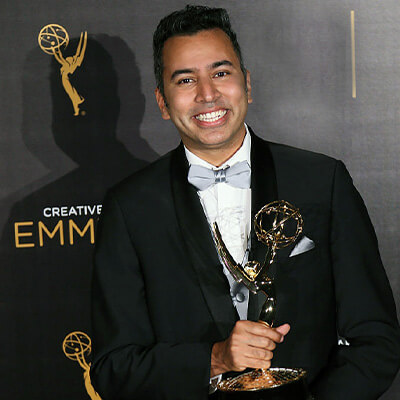 KABIR AKHTAR
KABIR AKHTAR



Kabir Akhtar, ACE is an Emmy-winning director-editor whose work includes The Academy Awards, Crazy Ex-Girlfriend, Arrested Development, and Unsolved Mysteries.
Originally from Philadelphia, Kabir spent most of his school years in the theater, before launching a career as a visual storyteller. Now a three-time Emmy nominee, Kabir won the award for editing the pilot of Crazy Ex-Girlfriend, becoming the first person of color to win in the category. He worked on all 62 episodes of Crazy Ex, rising from editor to producer/director.
Kabir has also directed episodes of Never Have I Ever, BH 90210,The Unicorn, Julie and the Phantoms (an upcoming Netflix musical), Mumbai Calling, and the new Saved By The Bell, as well as season finales of the critically acclaimed shows Grown-ishand High School Musical: The Musical: The Series (the first Disney-branded series on Disney Plus). With a passion for musical projects, Kabir has directed thirty music videos with a combined 20 million Youtube views, as well as comedy segments of the Academy Awards and the Primetime Emmy Awards.
He earned additional Emmy nominations for his work on Arrested Development (becoming the first comedy editor nominated for a streaming series) and on Billy Crystal’s most recent opening film for the Oscars. Kabir has also been nominated twice at the ACE Eddie Awards.
He has edited the pilot episodes of ten series, and has directed the pilot episodes of two series: 8th & Ocean for MTV, and the relaunched edition of Unsolved Mysteries. Kabir has served as Co-Chair of the Asian-American Committee at the DGA, and as a Peer Group Executive Committee member at the Television Academy. He has been a featured speaker at many industry events and festivals, including SXSW.
With an extensive background in theater, and six generations of poets among his ancestors, Kabir has credits on over 450 hours of television.
Show Credits:
This episode was edited by Curtis Fritsch, and the show notes were prepared by Debby Germino and published by Glen McNiel.
The original music in the opening and closing of the show is courtesy of Joe Trapanese (who is quite possibly one of the most talented composers on the face of the planet).
Support this podcast at —
https://redcircle.com/optimize-yourself/exclusive-content
 Our TOPPODCAST Picks
Our TOPPODCAST Picks  Stay Connected
Stay Connected


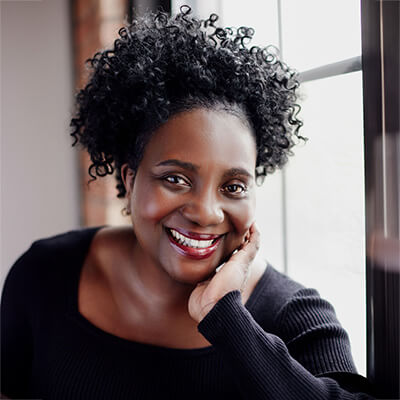 Kathy Robinson
Kathy Robinson


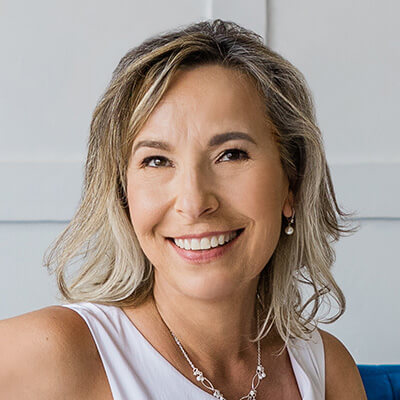 Krysia Szyszlo
Krysia Szyszlo
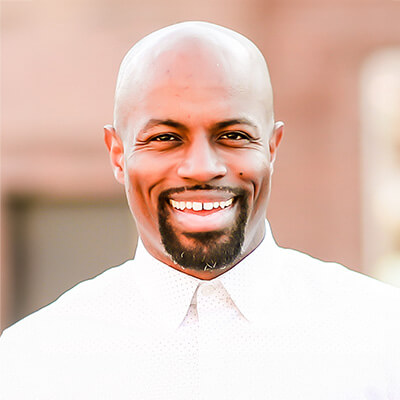 Justin Jones-Fosu
Justin Jones-Fosu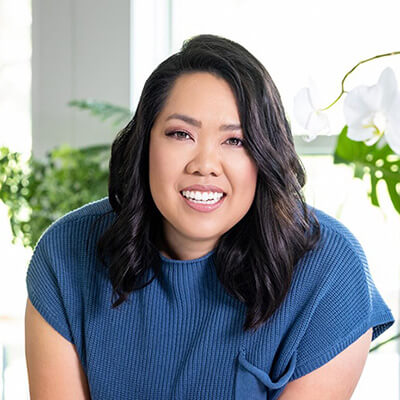 Laura Nguyen
Laura Nguyen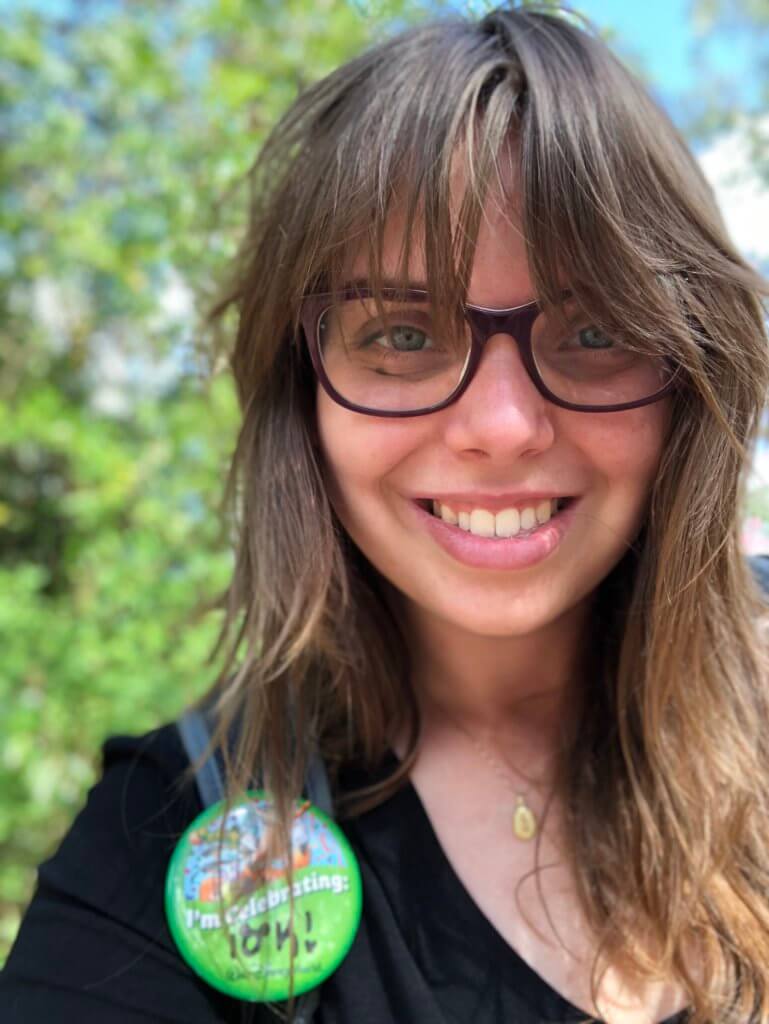
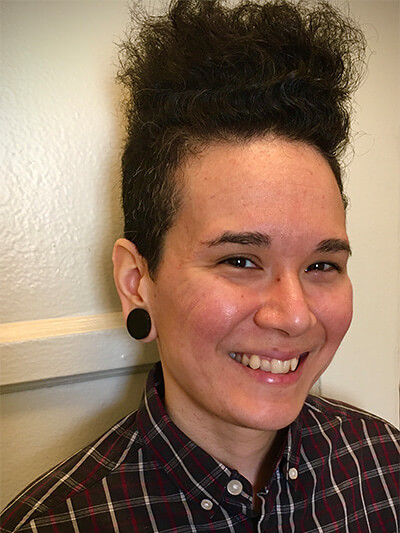 Ariel Fujita
Ariel Fujita
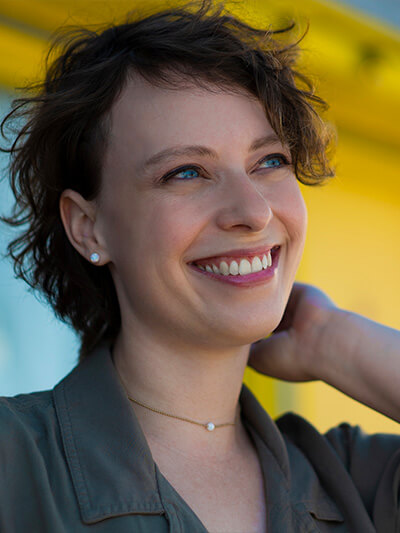 Kristi Shimek
Kristi Shimek
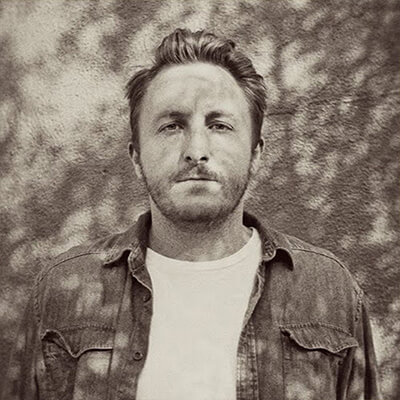 Maxton Waller
Maxton Waller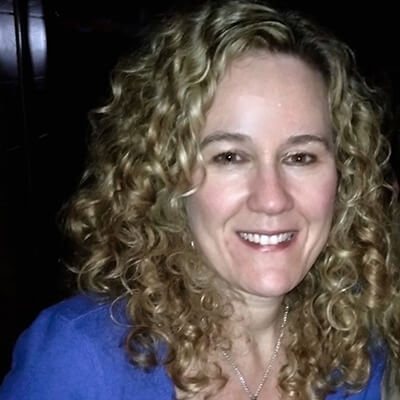
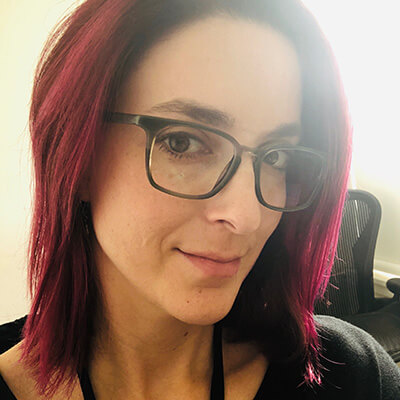 Malinda Zehner Guerra
Malinda Zehner Guerra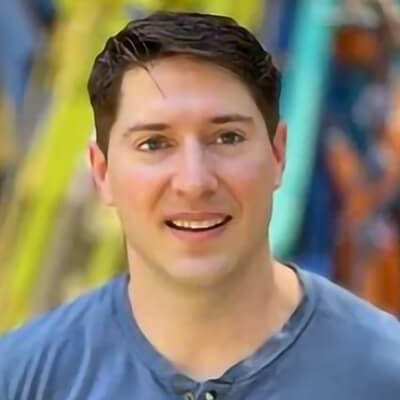 Nick Milo
Nick Milo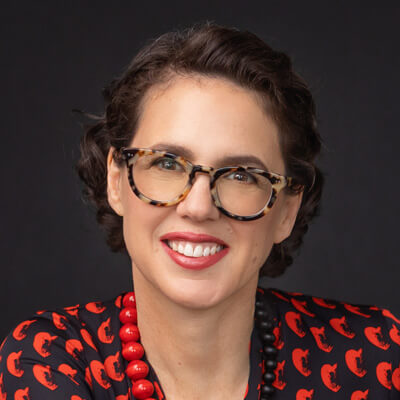 Amy Gallo[/caption]
Amy Gallo[/caption]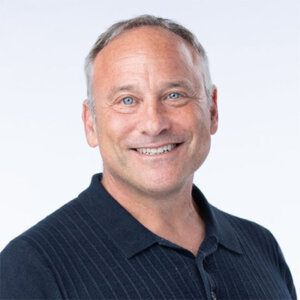 Dr. Steven G. Rogelberg
Dr. Steven G. Rogelberg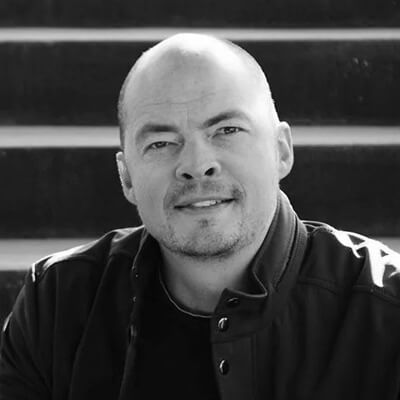 Chris Deaver
Chris Deaver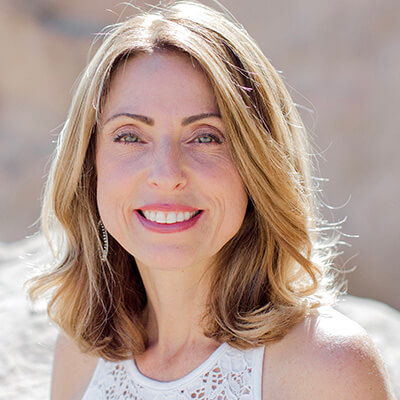 Bridget Sampson
Bridget Sampson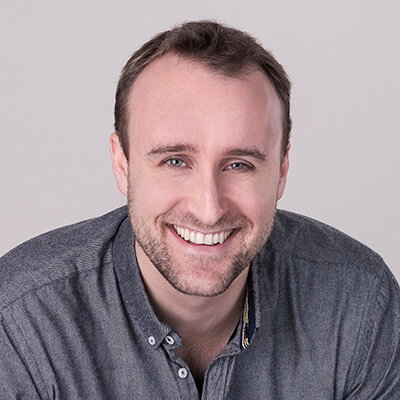 Scott Young
Scott Young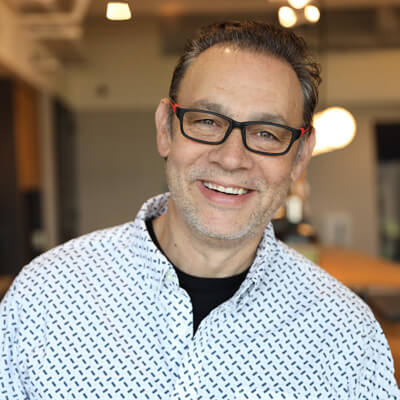 Nelson Paredez-Parks
Nelson Paredez-Parks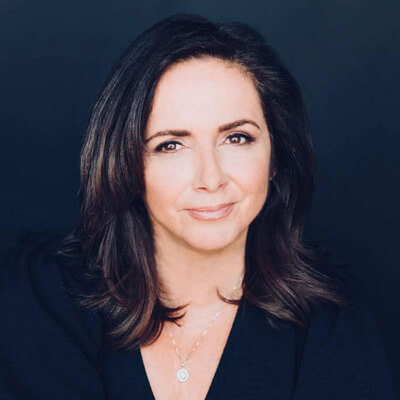 Christina Rasmussen
Christina Rasmussen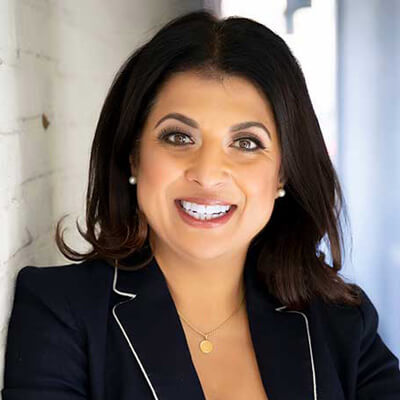 Dr. Romie Mushtaq
Dr. Romie Mushtaq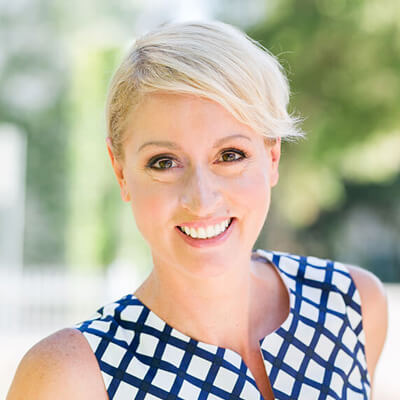 Dr. Kandi Wiens
Dr. Kandi Wiens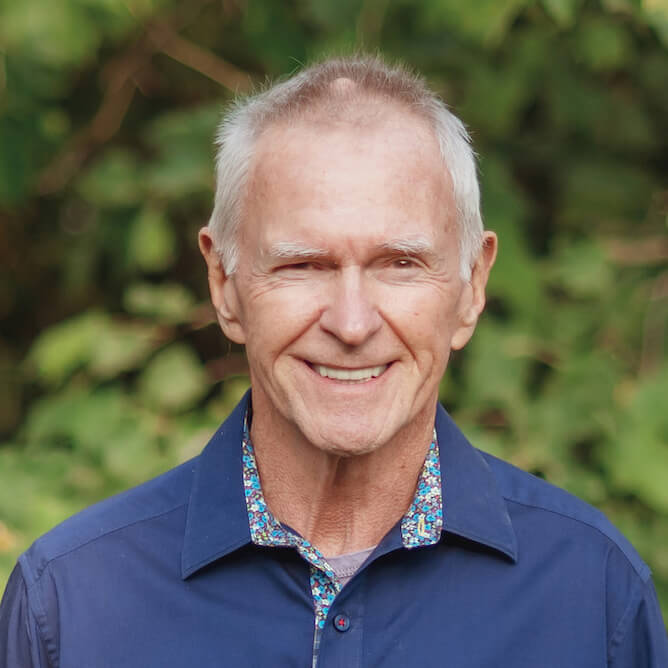 Gay Hendricks
Gay Hendricks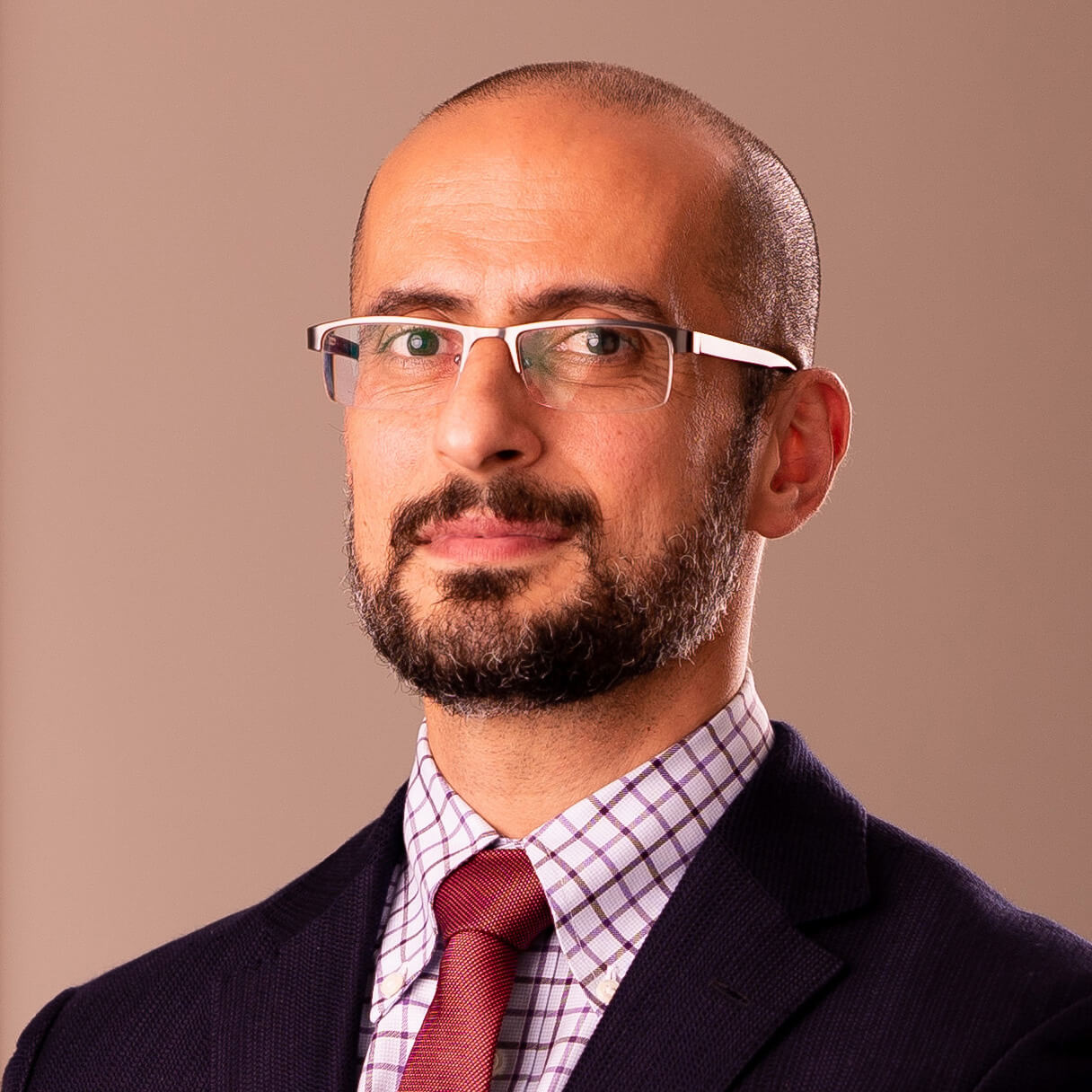 Dr. Mark Shrime
Dr. Mark Shrime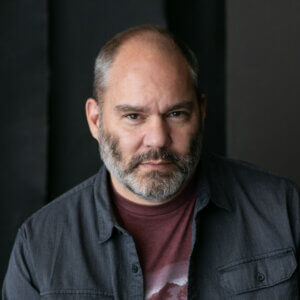 Shie Rozow
Shie Rozow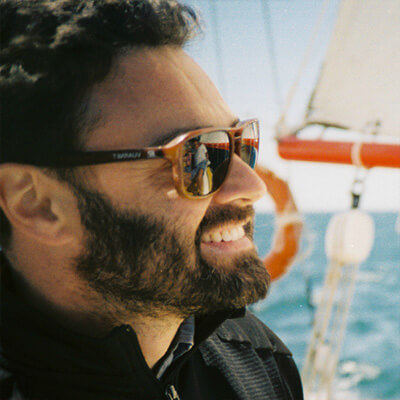 Scott Davis
Scott Davis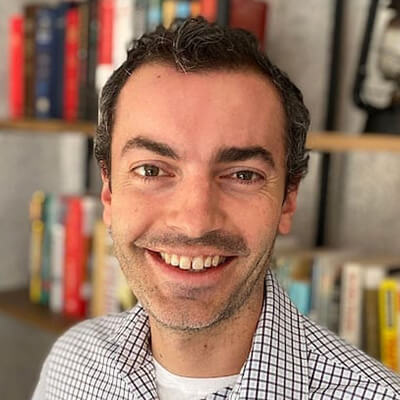 Rob Howard
Rob Howard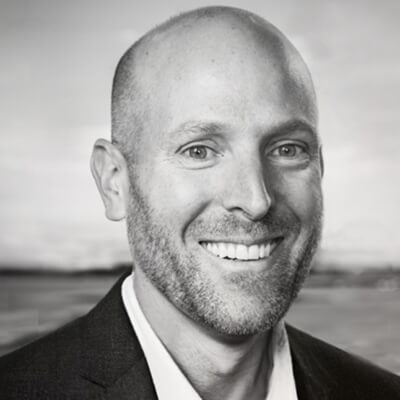 Chad Nelson
Chad Nelson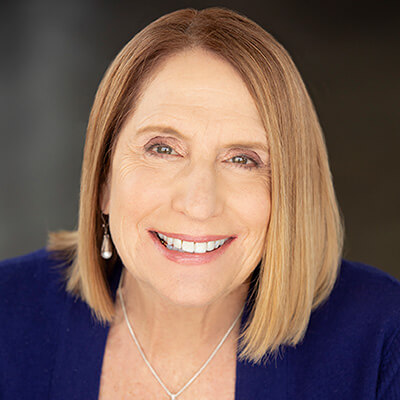 Carole Kirschner
Carole Kirschner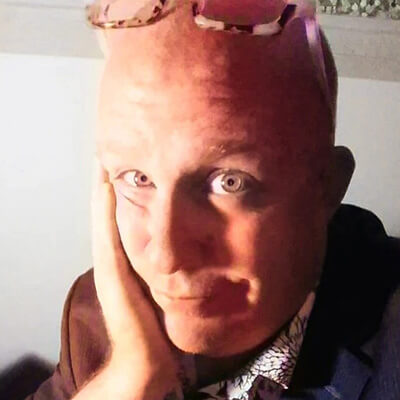 Troy DeVolld
Troy DeVolld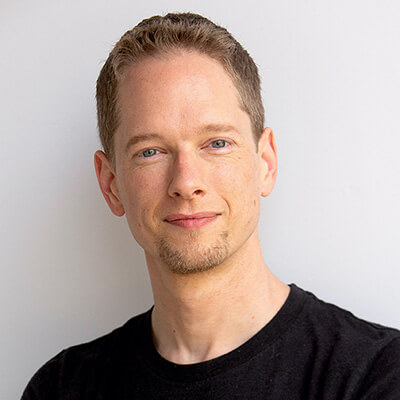 Jeff Bartsch
Jeff Bartsch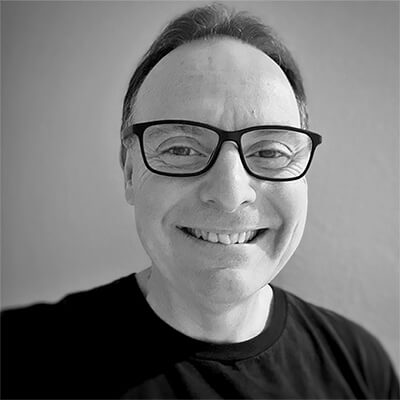 Marcelo Lewin
Marcelo Lewin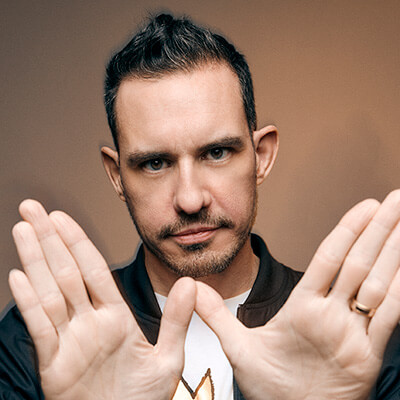 Marc Wiltshire
Marc Wiltshire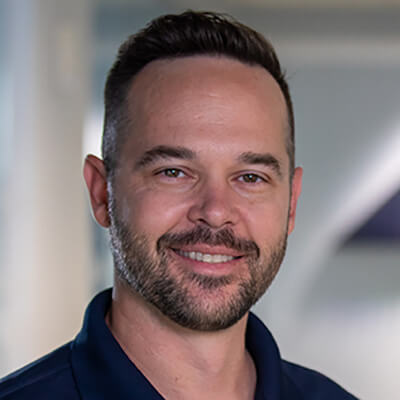 Derin 'DMac' McMains
Derin 'DMac' McMains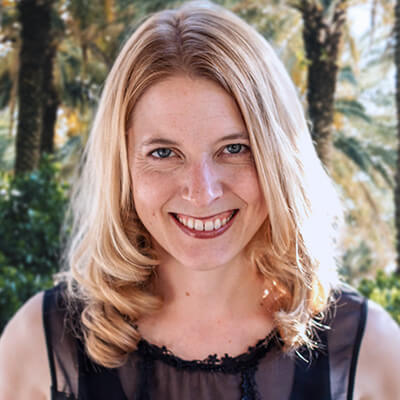 Laura Vanderkam
Laura Vanderkam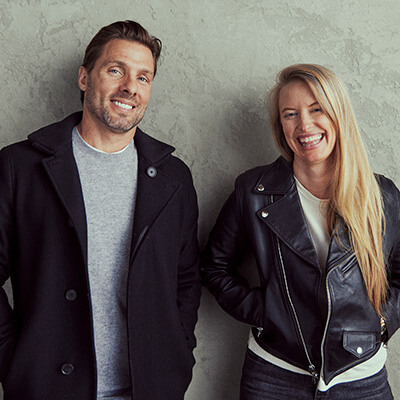 Joe Huff & Bridget Hilton
Joe Huff & Bridget Hilton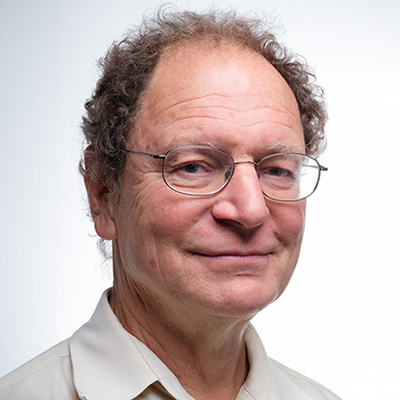 Turner Osler
Turner Osler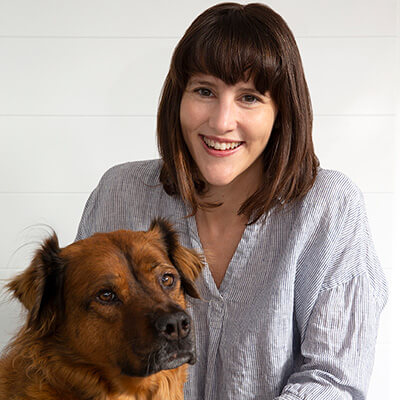 Sarah Broshar
Sarah Broshar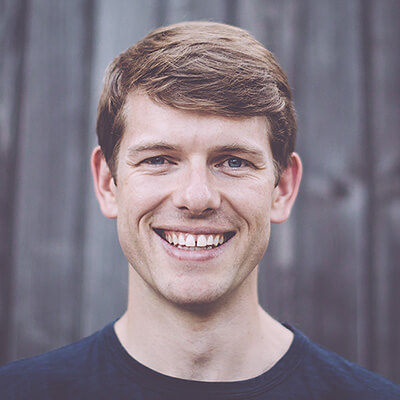 Nick Wignall
Nick Wignall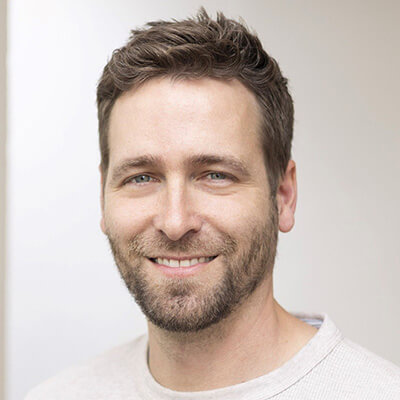 Paul Rogers
Paul Rogers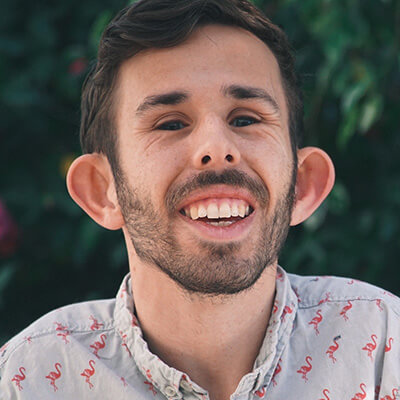 Taylor Lewis
Taylor Lewis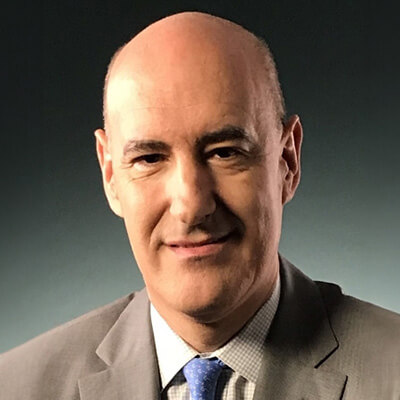 Mauro Guillén
Mauro Guillén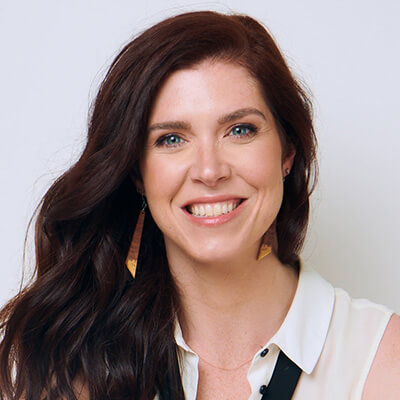 Christina Wallace
Christina Wallace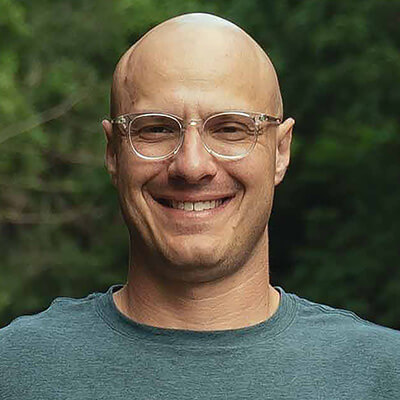 Brad Stulberg
Brad Stulberg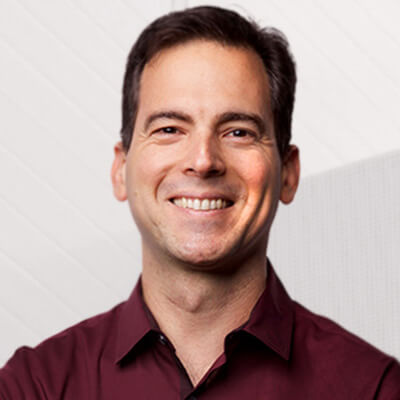 Eduardo Briceño
Eduardo Briceño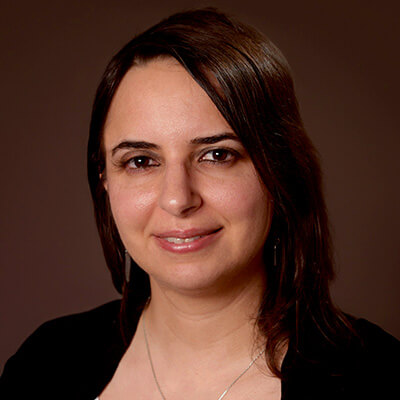 Shiran Carolyn Amir, ACE
Shiran Carolyn Amir, ACE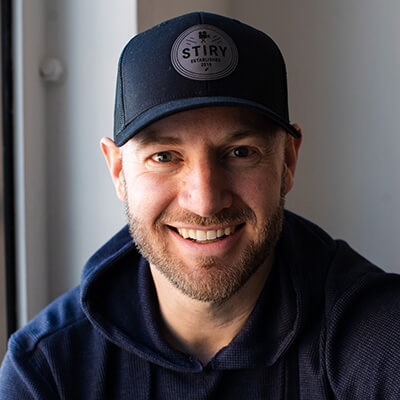 Dan Davis
Dan Davis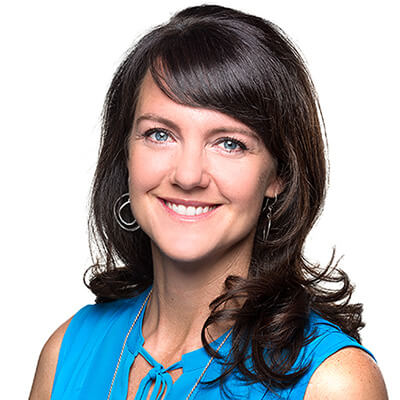 Dr. Jessica Higgins
Dr. Jessica Higgins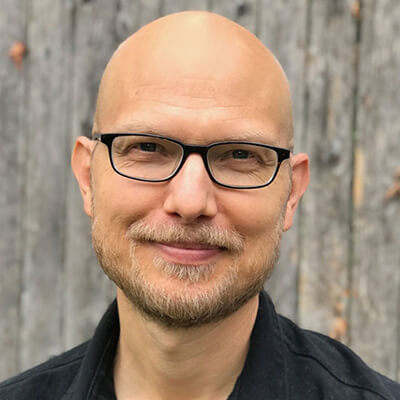 Seth Gillihan
Seth Gillihan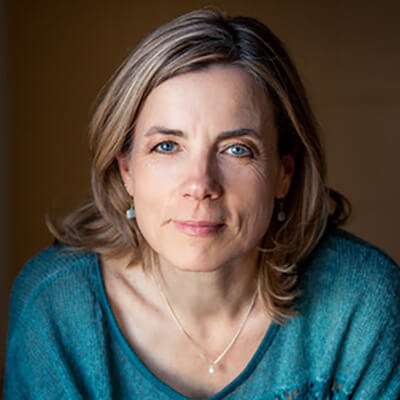 Christiane Wolf
Christiane Wolf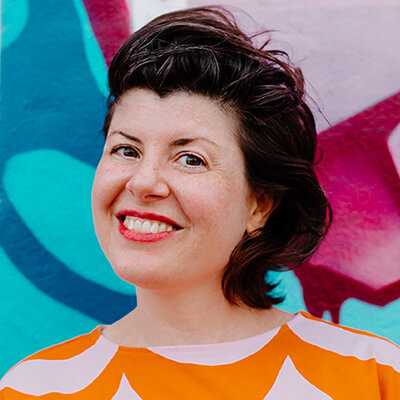 Anna Holtzman
Anna Holtzman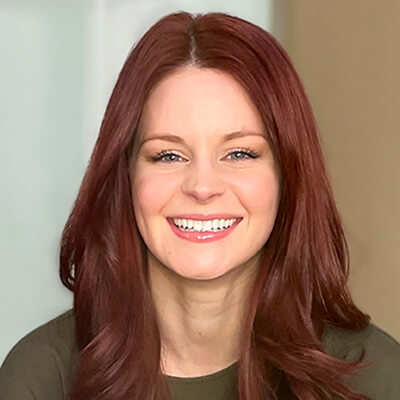 Julie Fahrbach
Julie Fahrbach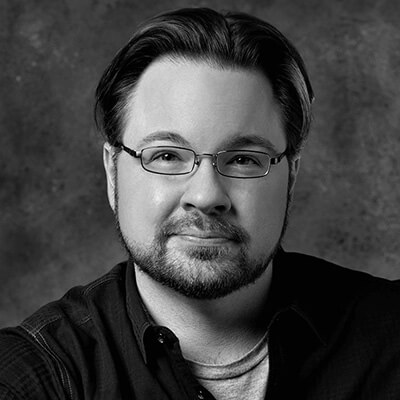 Michael Kammes
Michael Kammes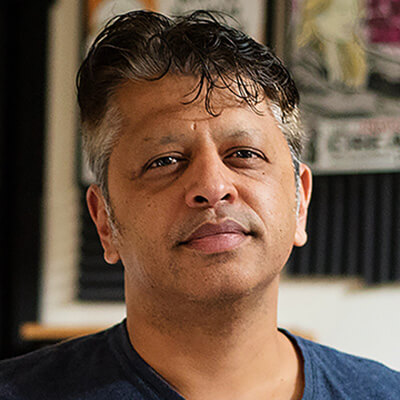 Srinivas Rao
Srinivas Rao William Zabka
William Zabka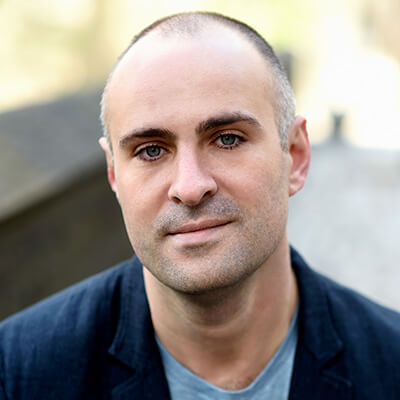 Philippe Danielides
Philippe Danielides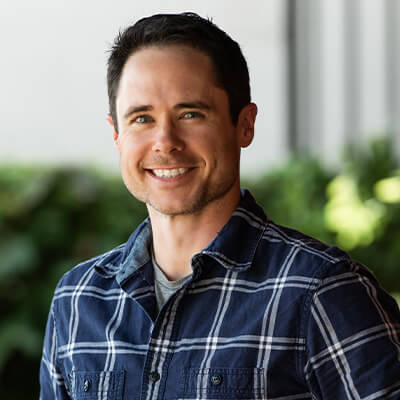

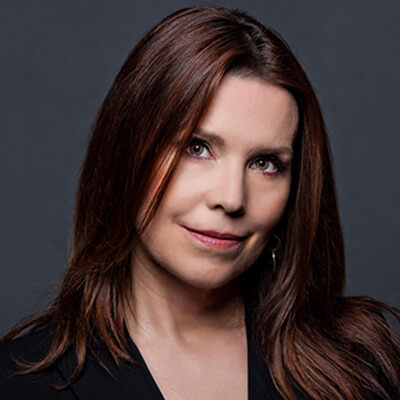 Annie Duke
Annie Duke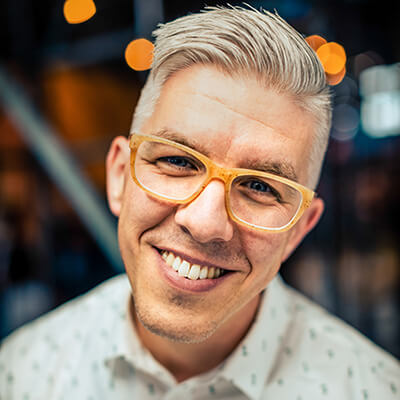 Marc Champagne
Marc Champagne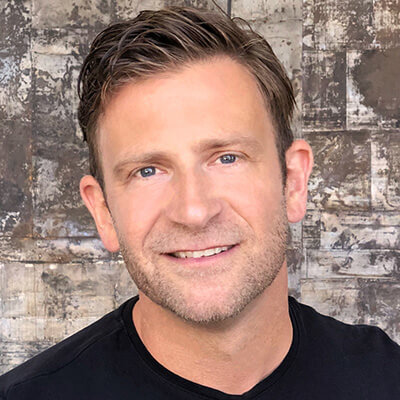
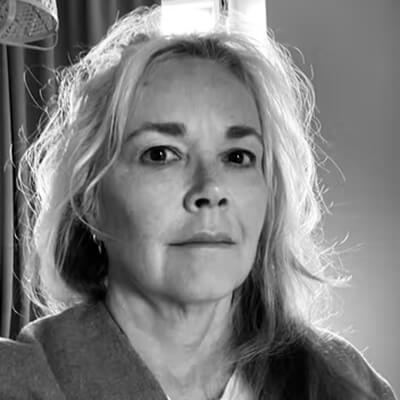 Kristina Snyder
Kristina Snyder Joey Cofone
Joey Cofone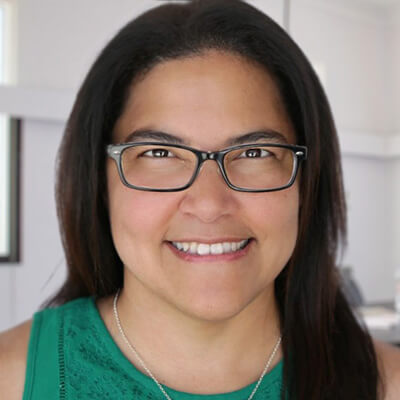 Niceole Levy
Niceole Levy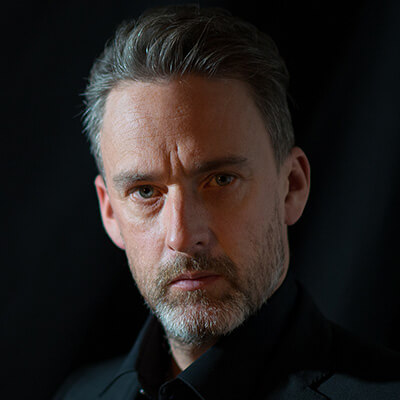 Will Storr
Will Storr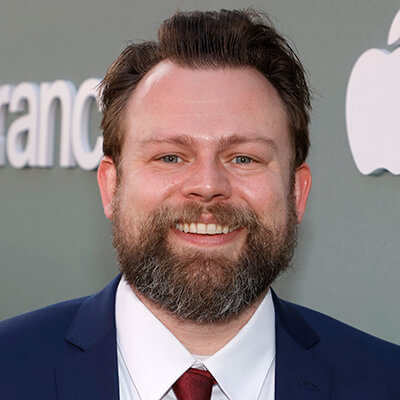 Dan Erickson
Dan Erickson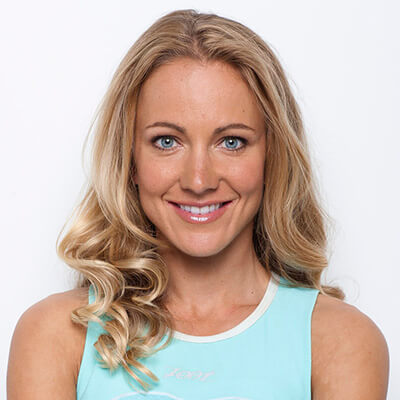 Lesley Paterson
Lesley Paterson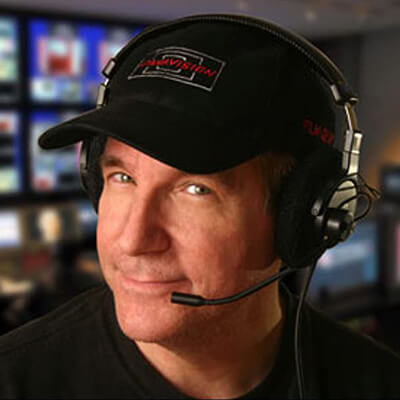 Marc Wielage
Marc Wielage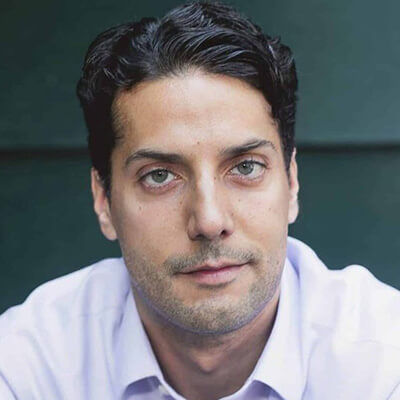
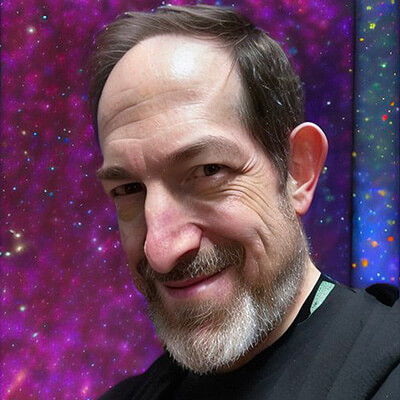 Jeff Greenberg
Jeff Greenberg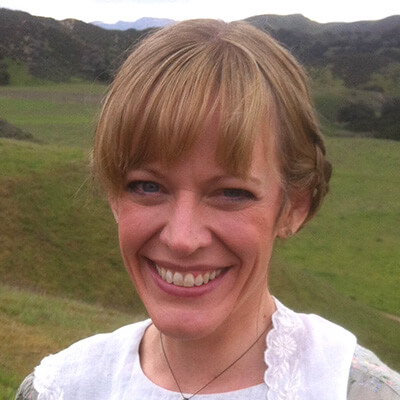 Jen Celotta
Jen Celotta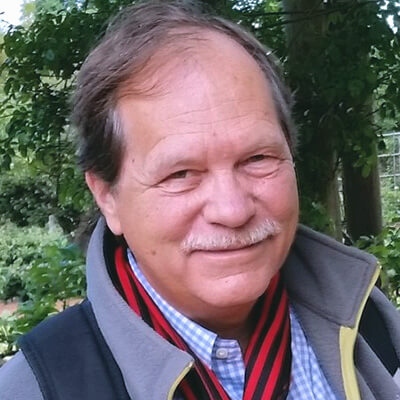 Chris Vogler
Chris Vogler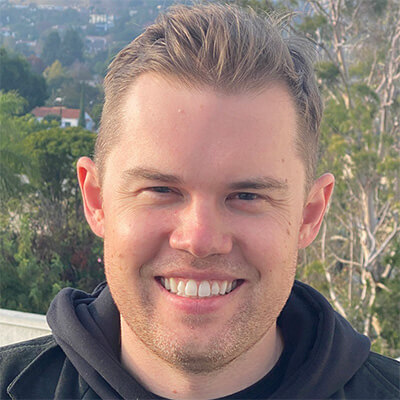 Matt Allen
Matt Allen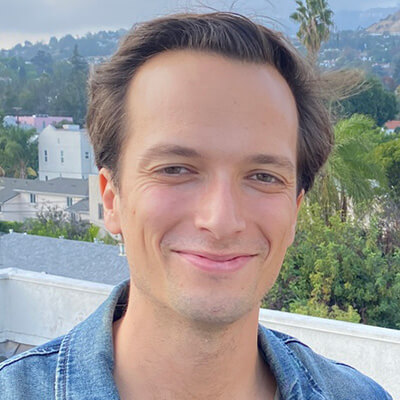 Matthew Gentile
Matthew Gentile Laura Vanderkam
Laura Vanderkam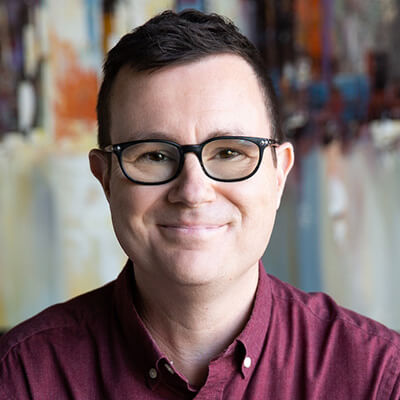 Mike Vardy
Mike Vardy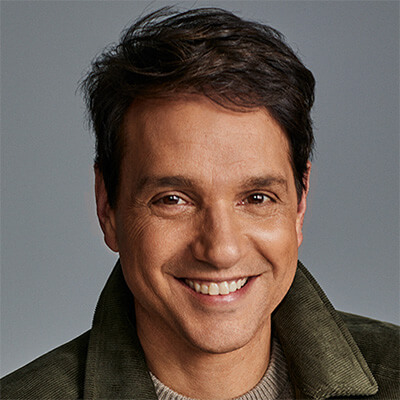
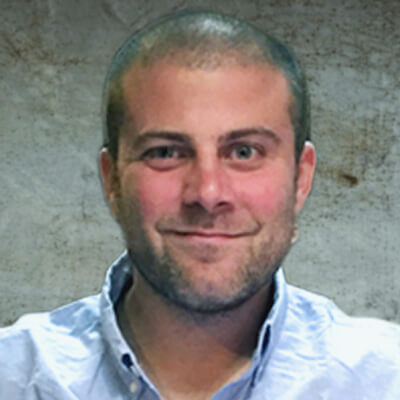 Chris MacDonald
Chris MacDonald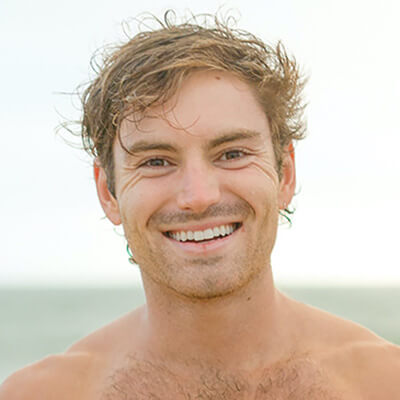 Eddy Roche
Eddy Roche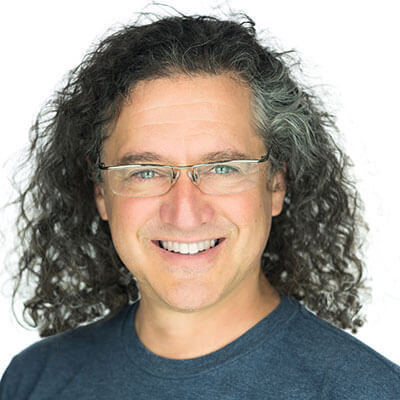 Steven Sashen
Steven Sashen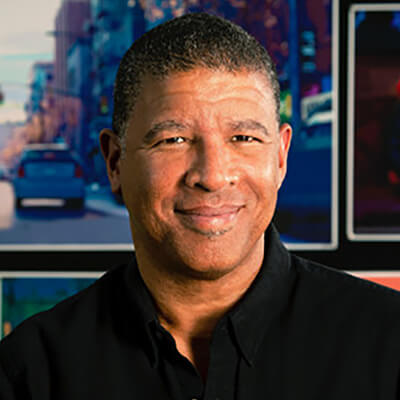 Peter Ramsey
Peter Ramsey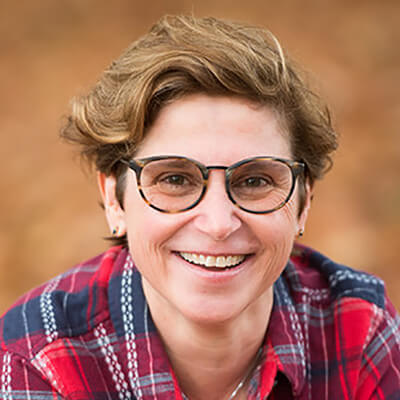 Lisa Robison
Lisa Robison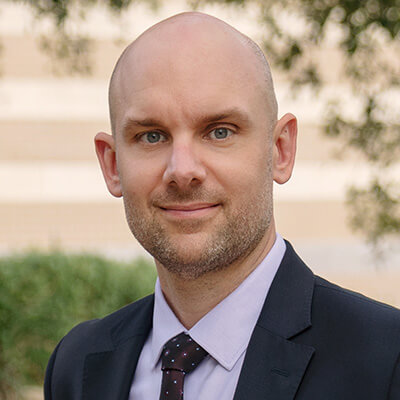 Anthony Klotz
Anthony Klotz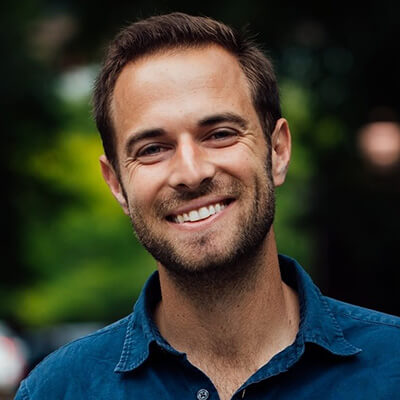 Cory Muscara
Cory Muscara Matthew Farrugia
Matthew Farrugia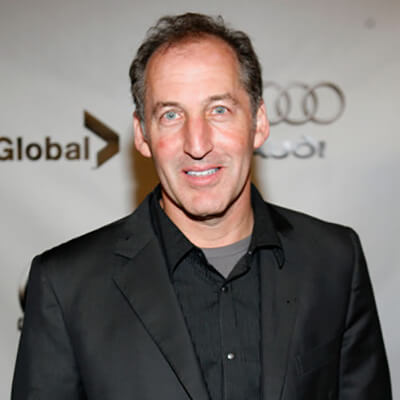 Michael Addis
Michael Addis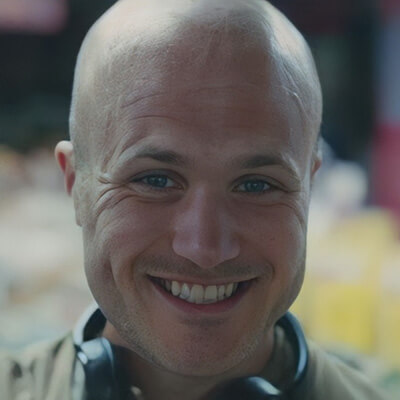 Simon Smith
Simon Smith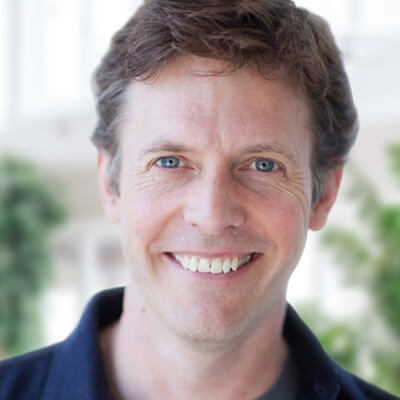 Erik Stolhanske
Erik Stolhanske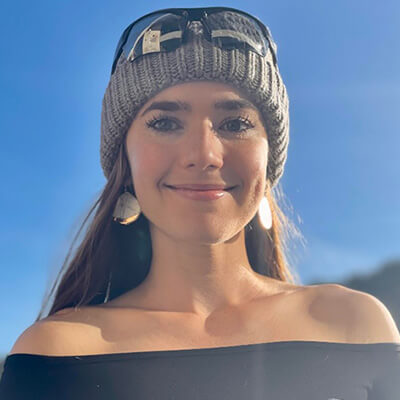 Dr. Azure Grant
Dr. Azure Grant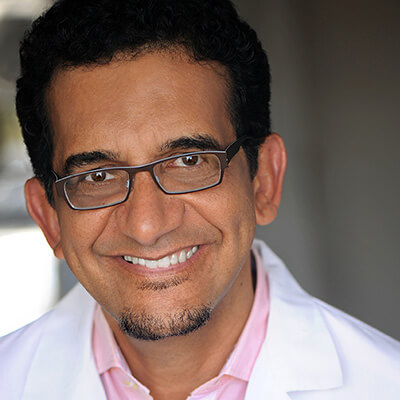 Dr. Edison de Mello
Dr. Edison de Mello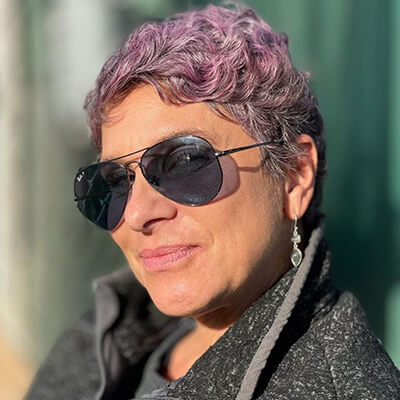 Jerilynn Stephens
Jerilynn Stephens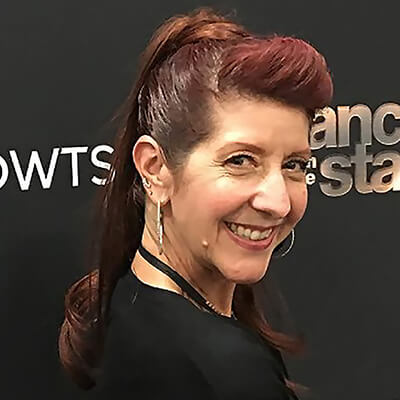 Kimi Messina
Kimi Messina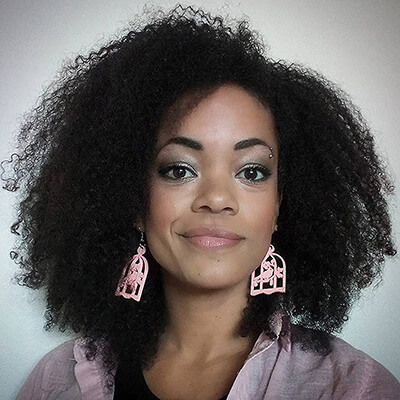 Stephanie Filo
Stephanie Filo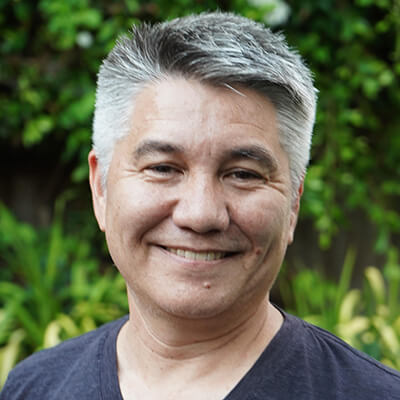 Troy Takaki
Troy Takaki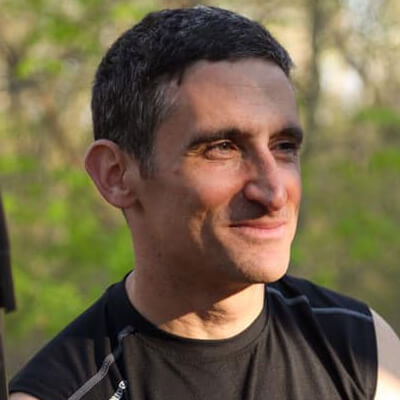 Evan Perperis
Evan Perperis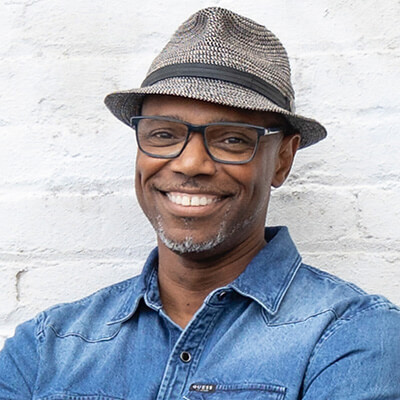 Sean Corvelle
Sean Corvelle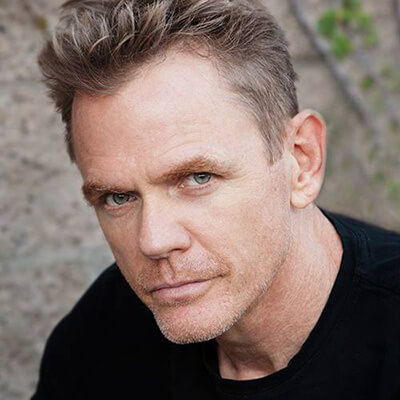 Christopher Titus
Christopher Titus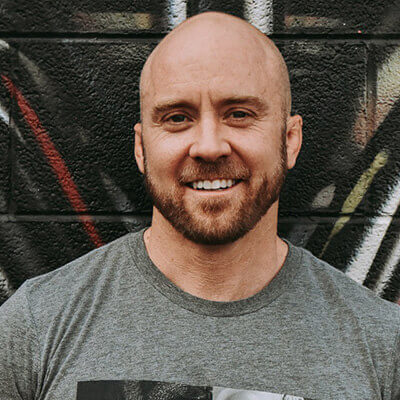 Traver Boehm
Traver Boehm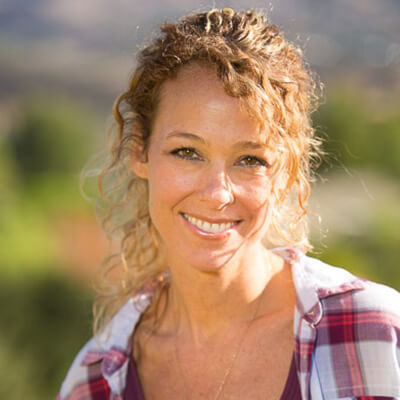 Melissa Costello
Melissa Costello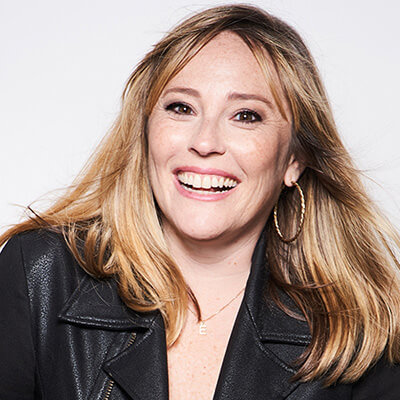 Erica Wernick
Erica Wernick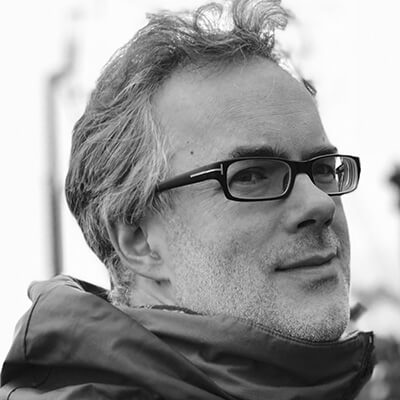 Eddie Hamilton
Eddie Hamilton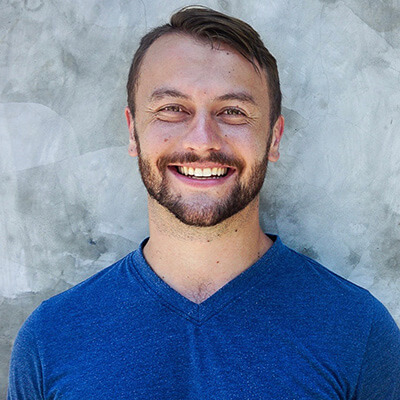
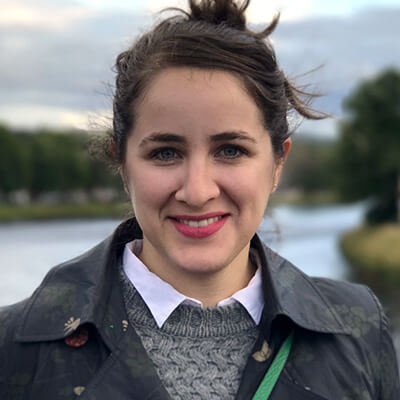
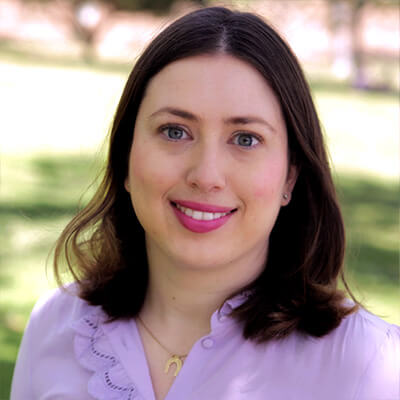
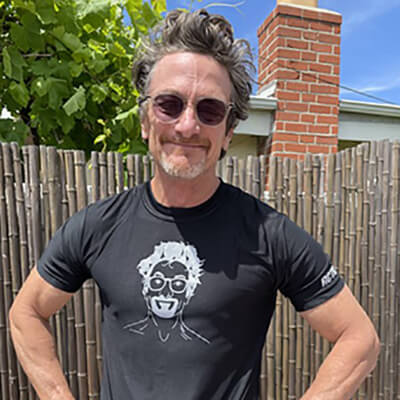
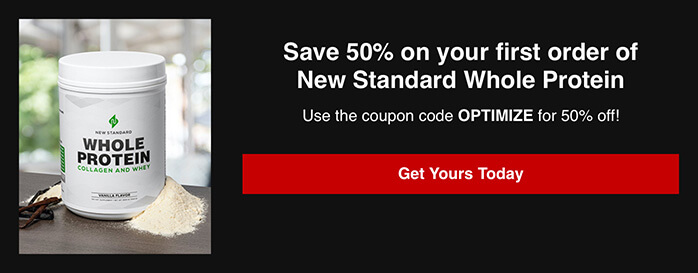
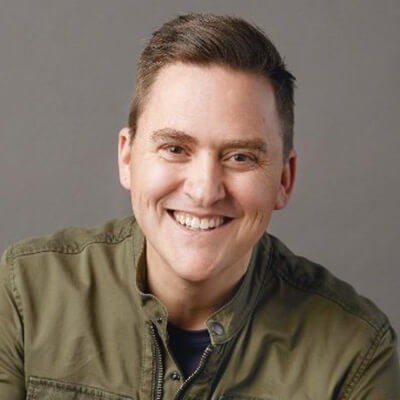
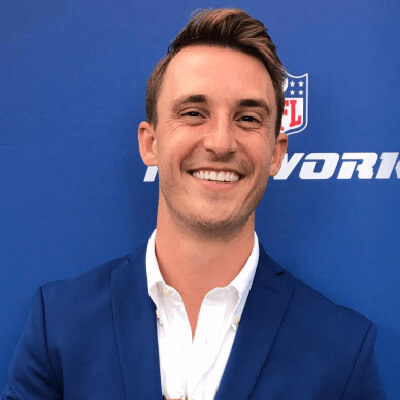

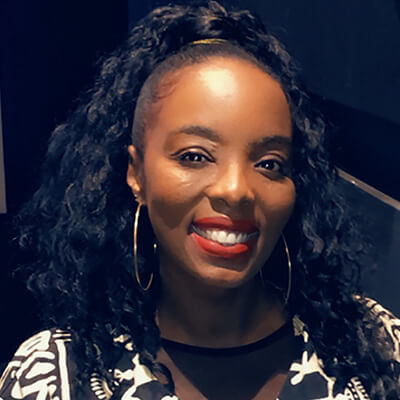 Shay’La Banks
Shay’La Banks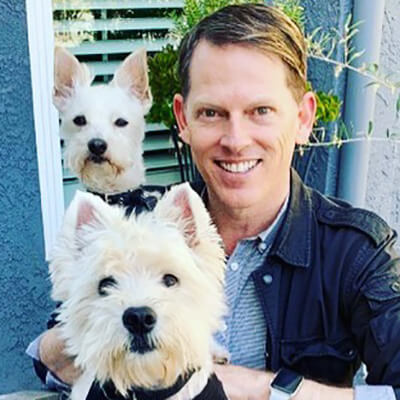 Nickolaus Brown
Nickolaus Brown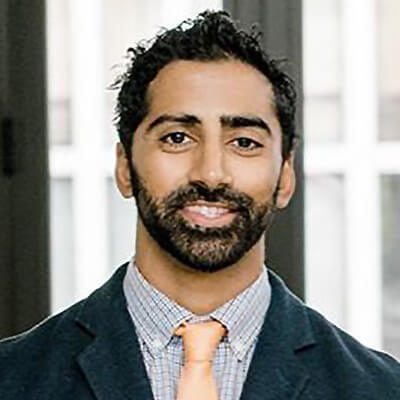
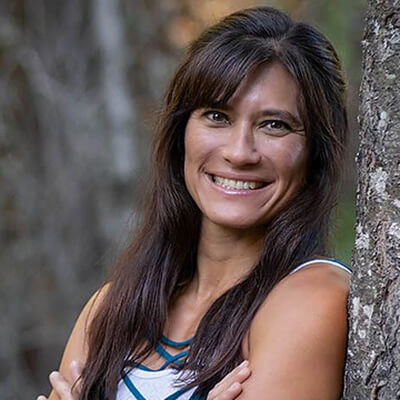
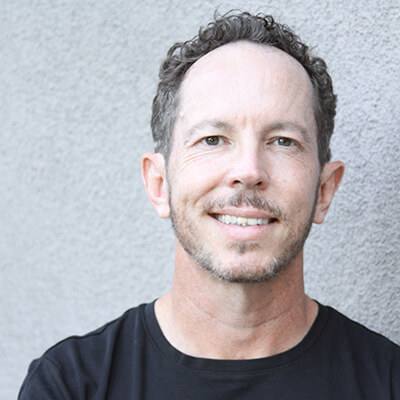
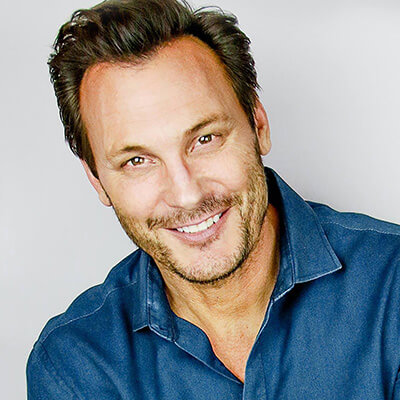
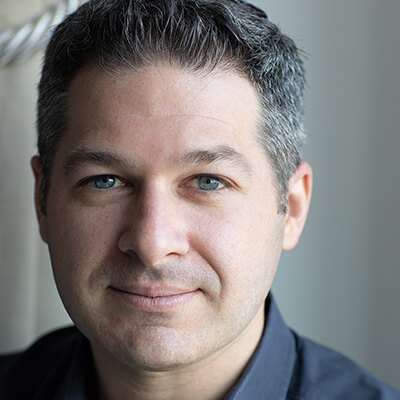

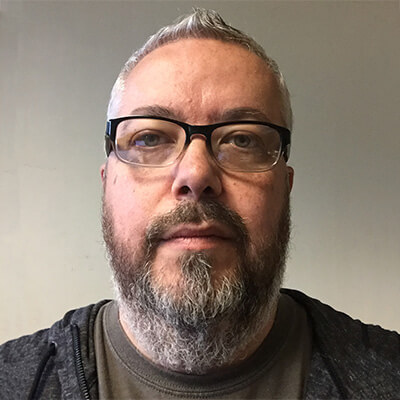
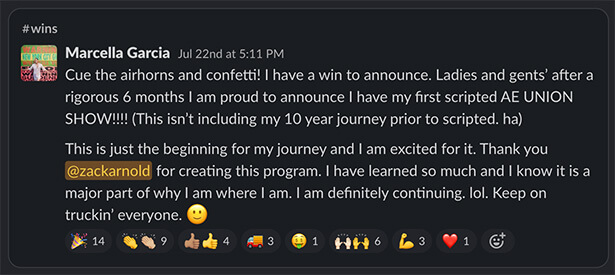

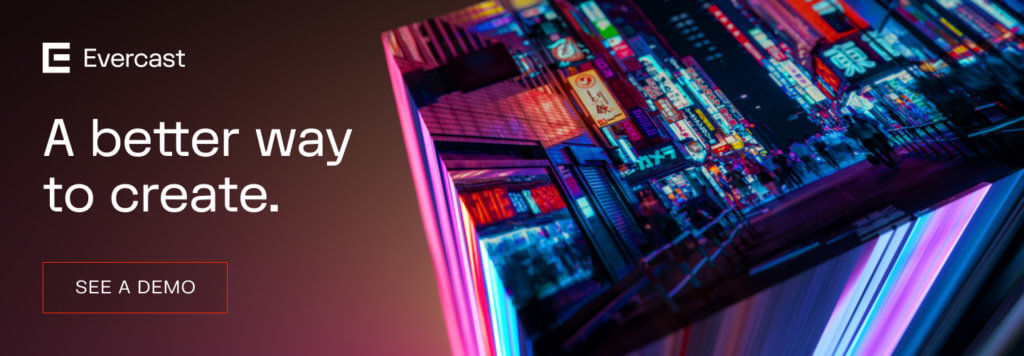

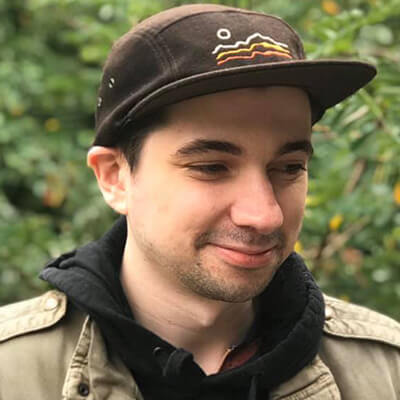
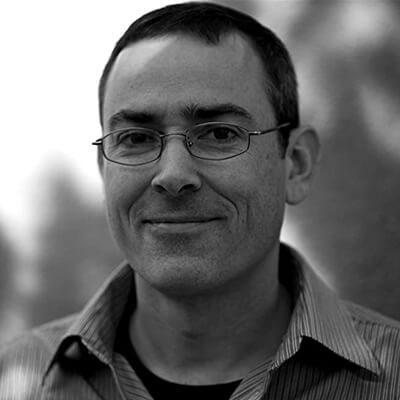
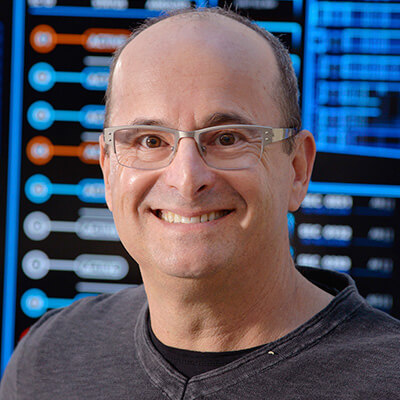
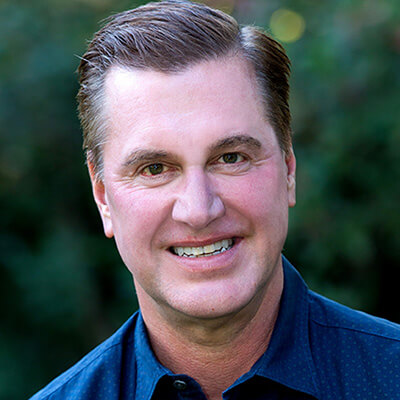
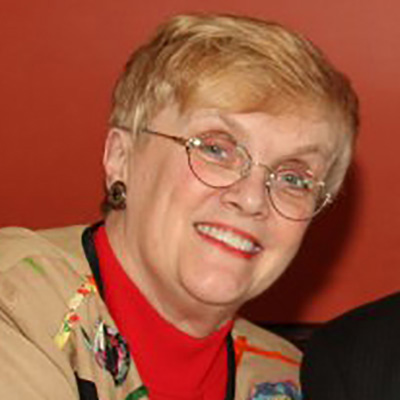
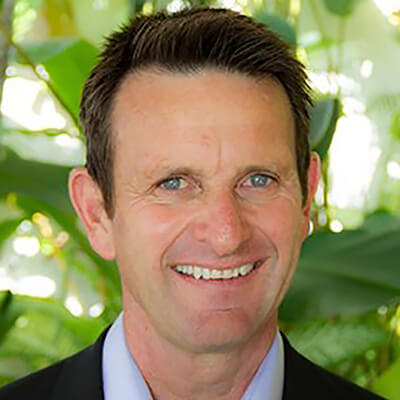
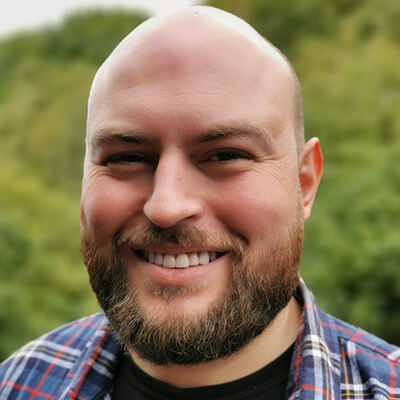
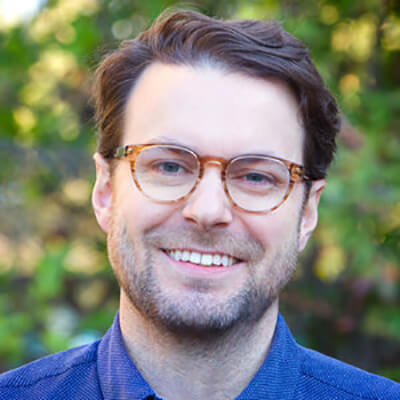
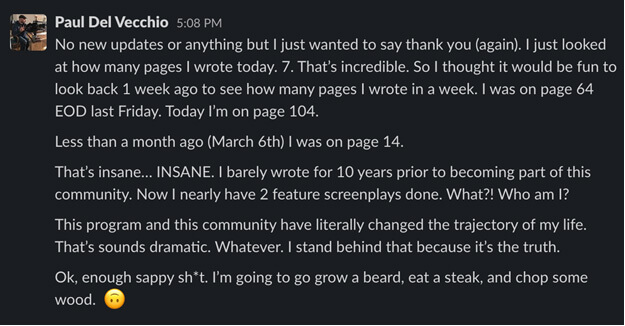
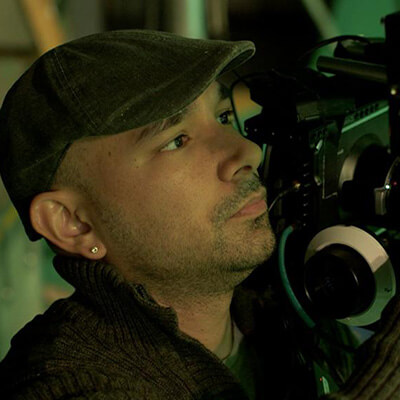
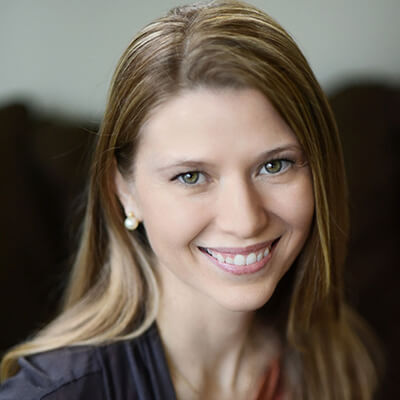
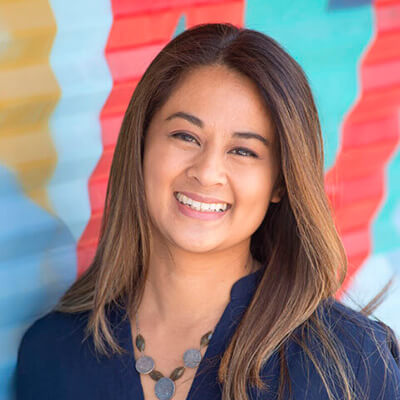
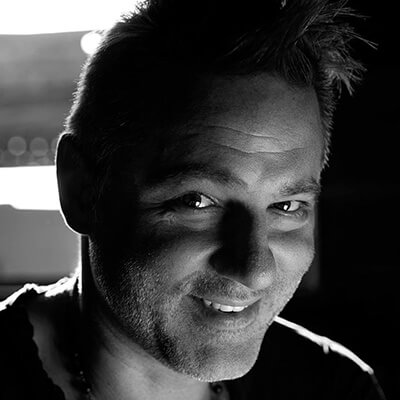
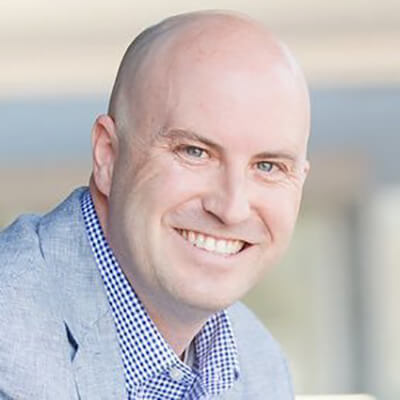

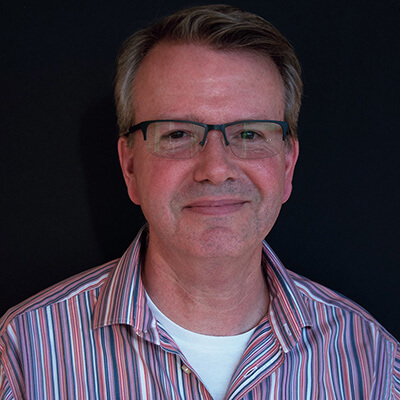
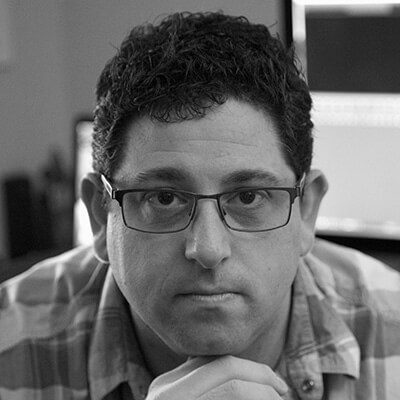
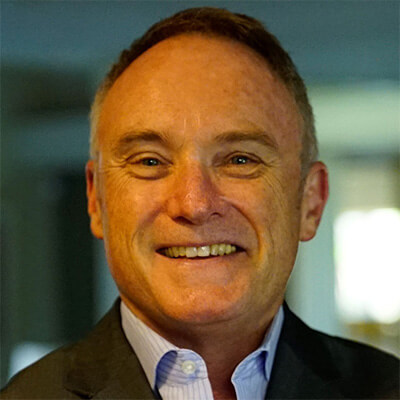
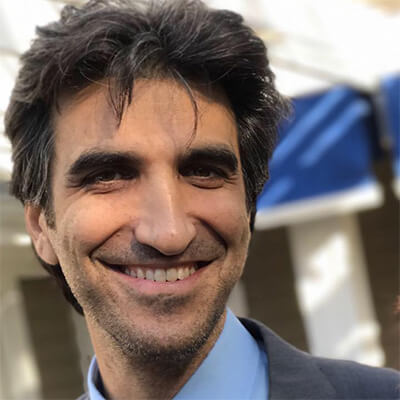
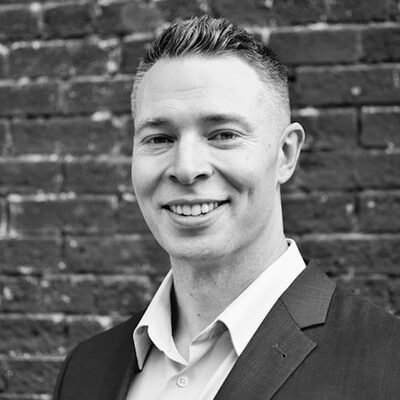

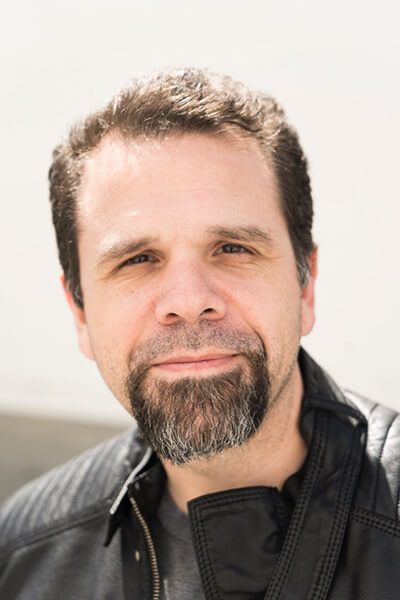
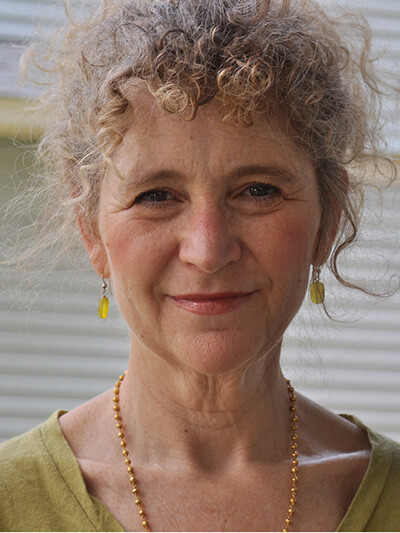 FARREL LEVY
FARREL LEVY KABIR AKHTAR
KABIR AKHTAR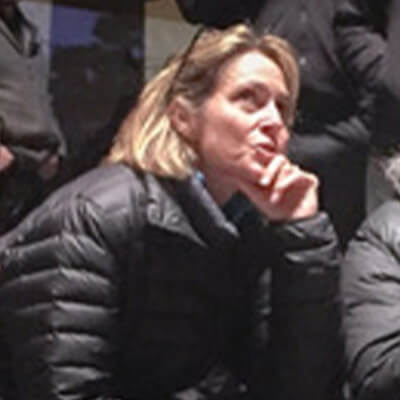
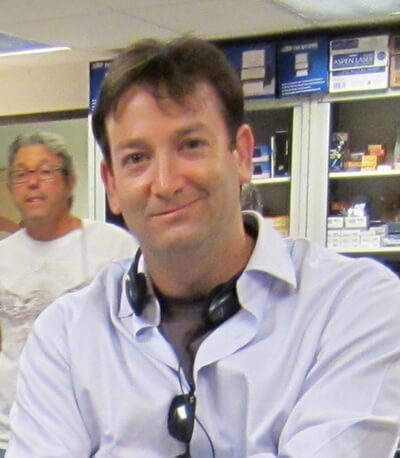 DAVID ROGERS
DAVID ROGERS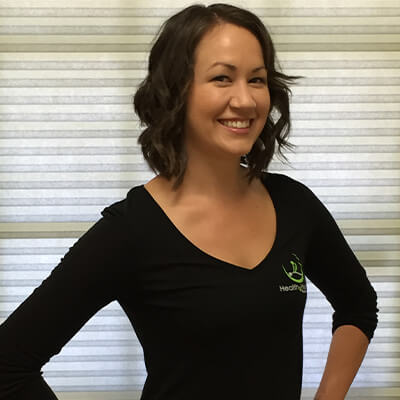








 DARIN OLIEN
DARIN OLIEN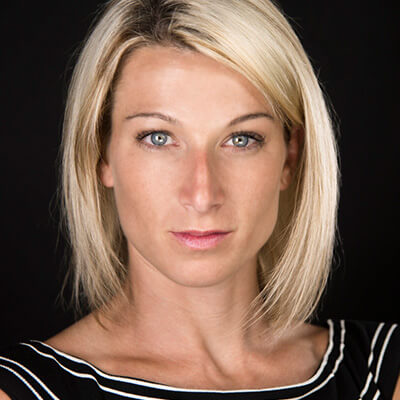



 ARIEL FUJITA
ARIEL FUJITA KRISTI SHIMEK
KRISTI SHIMEK MAXTON WALLER
MAXTON WALLER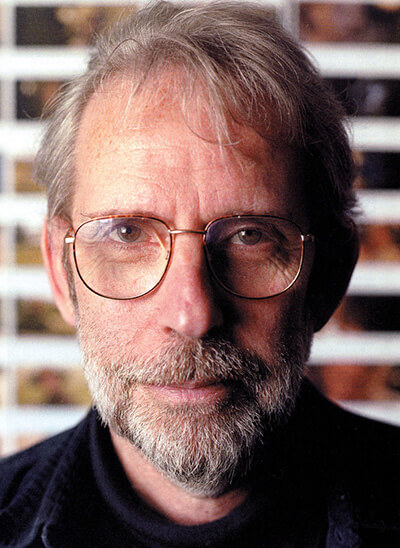
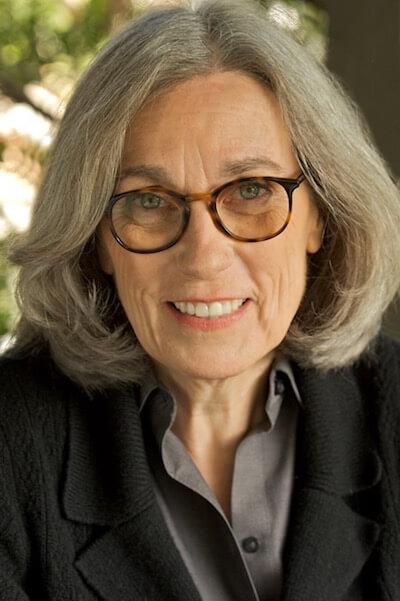
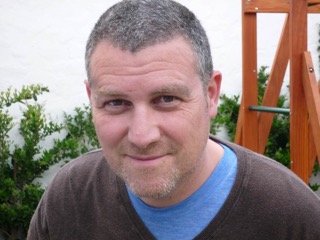


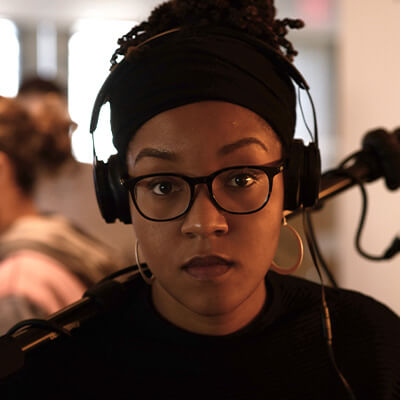
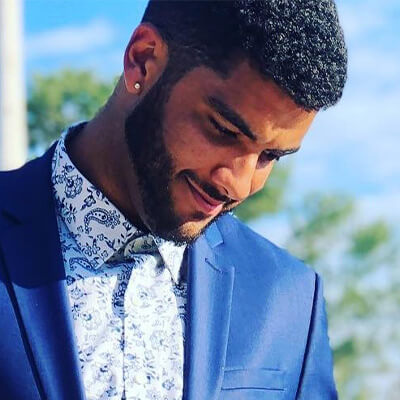
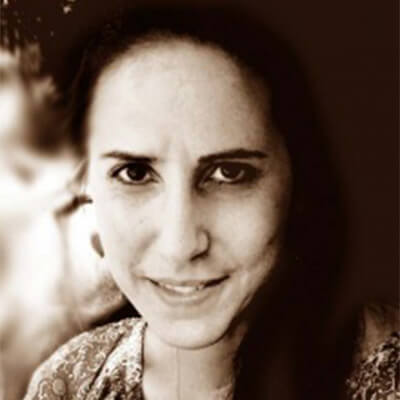
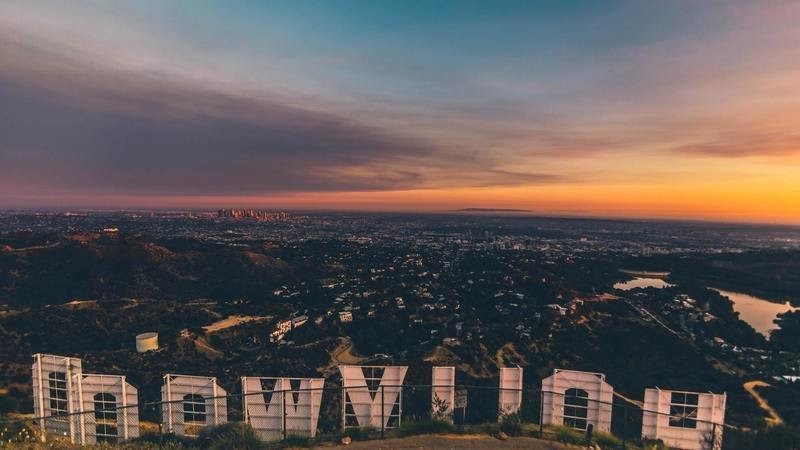

 NATALIE BOSCHAN
NATALIE BOSCHAN BARI WINTER
BARI WINTER YVETTE AMIRIAN
YVETTE AMIRIAN MONICA DANIEL
MONICA DANIEL









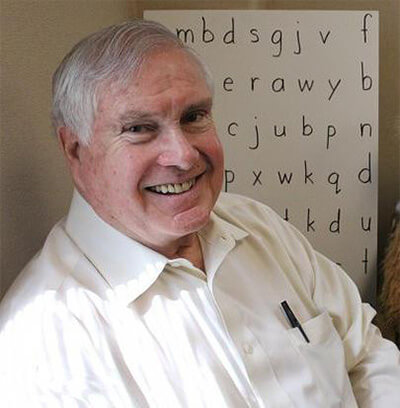



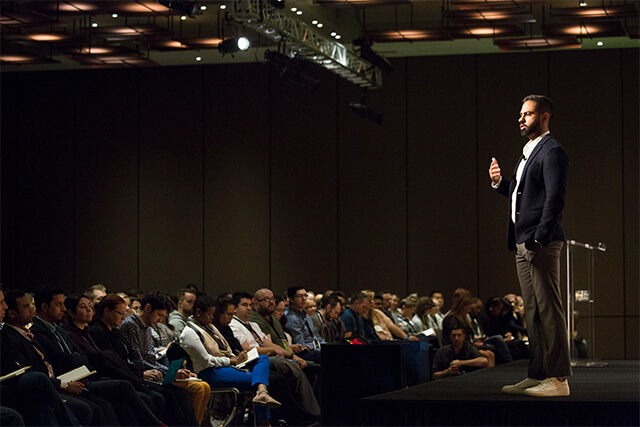






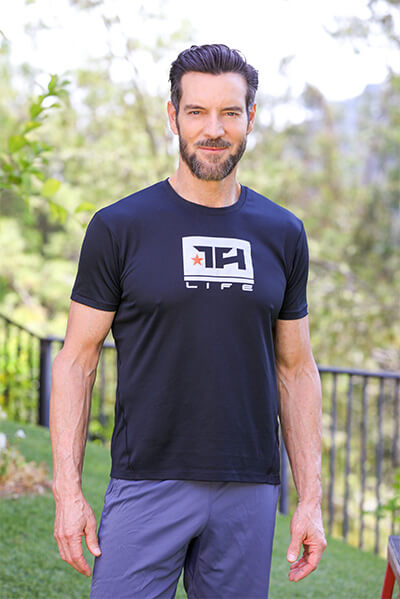







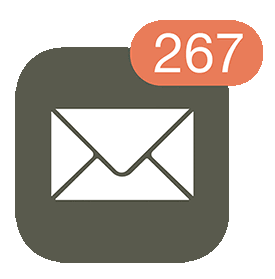









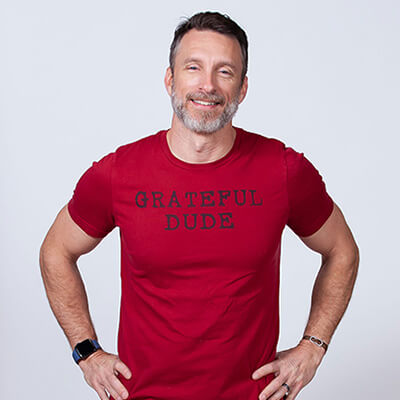
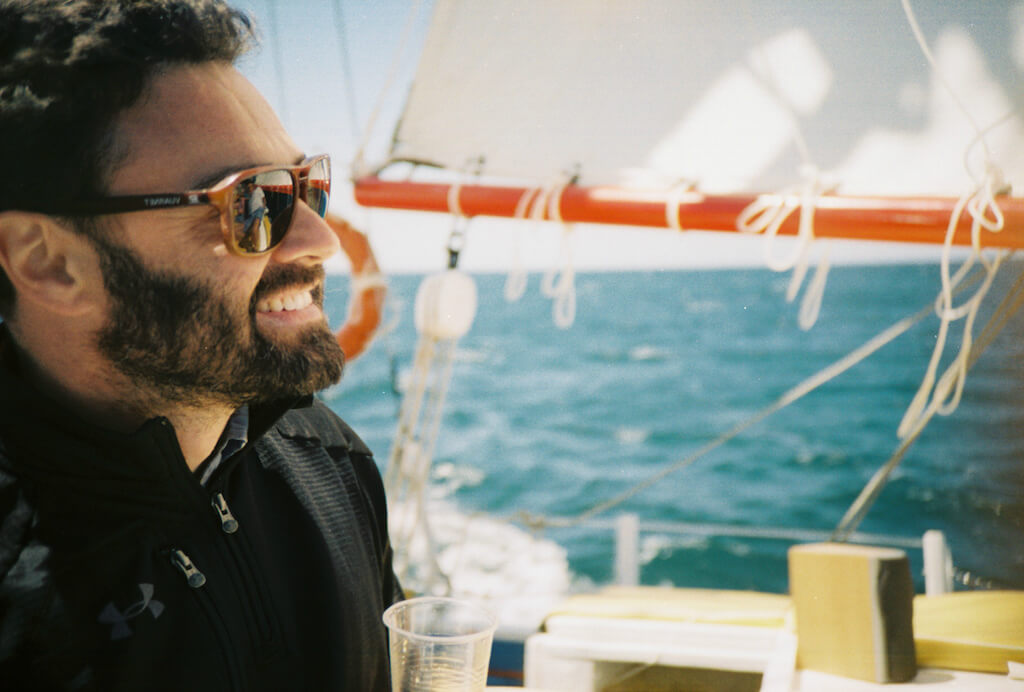


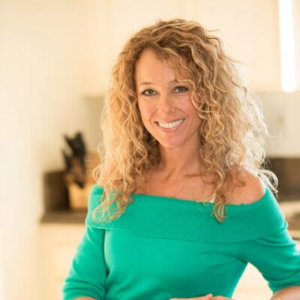







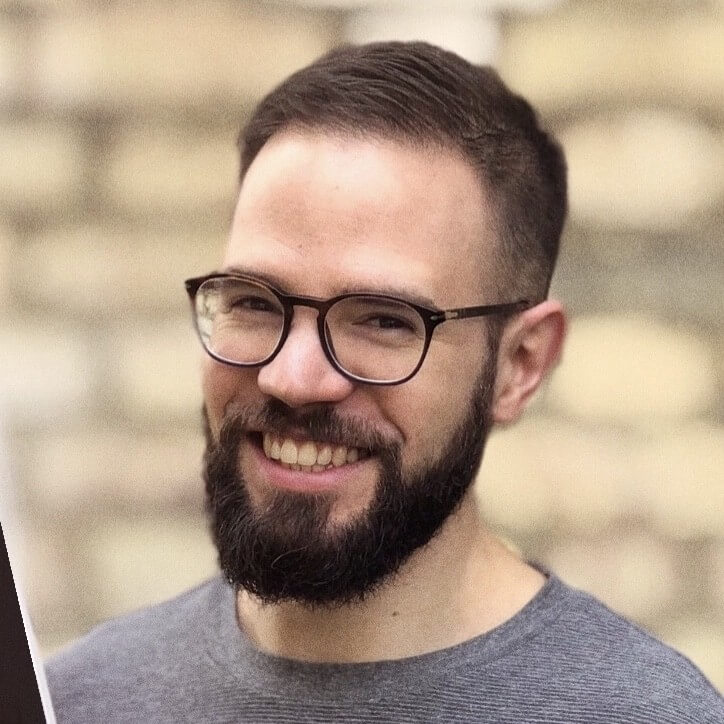
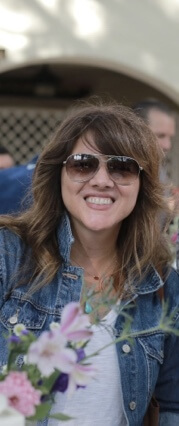
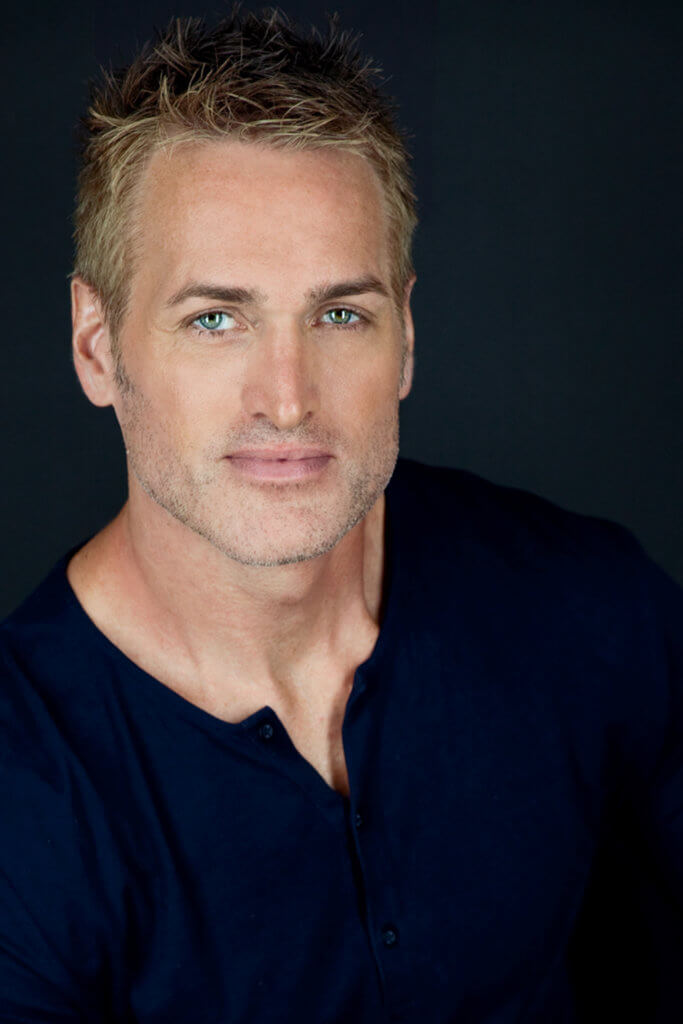


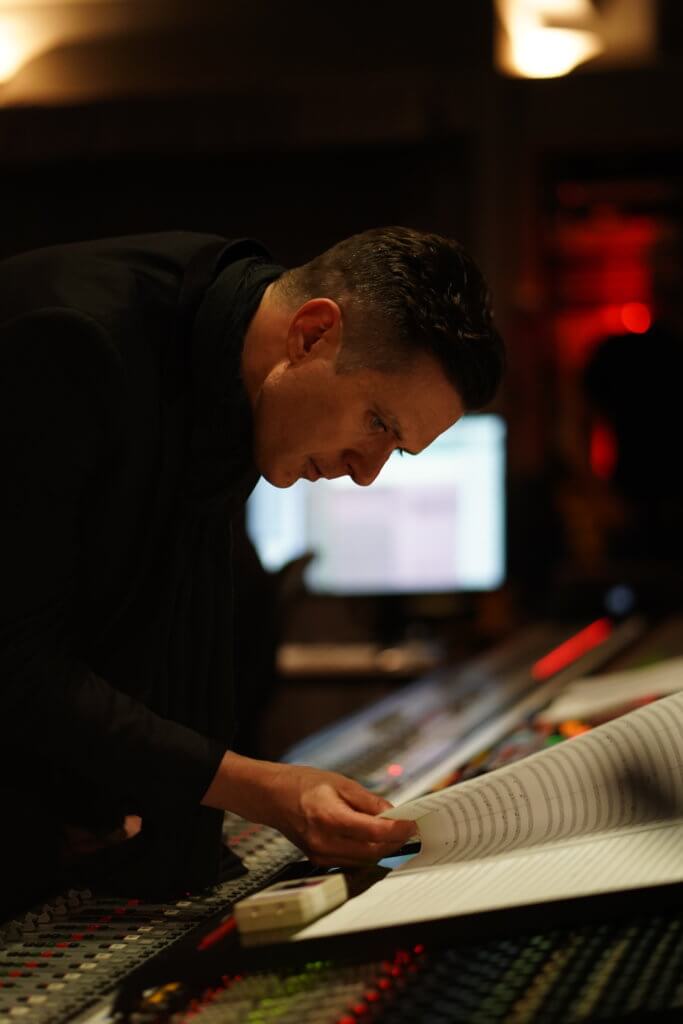



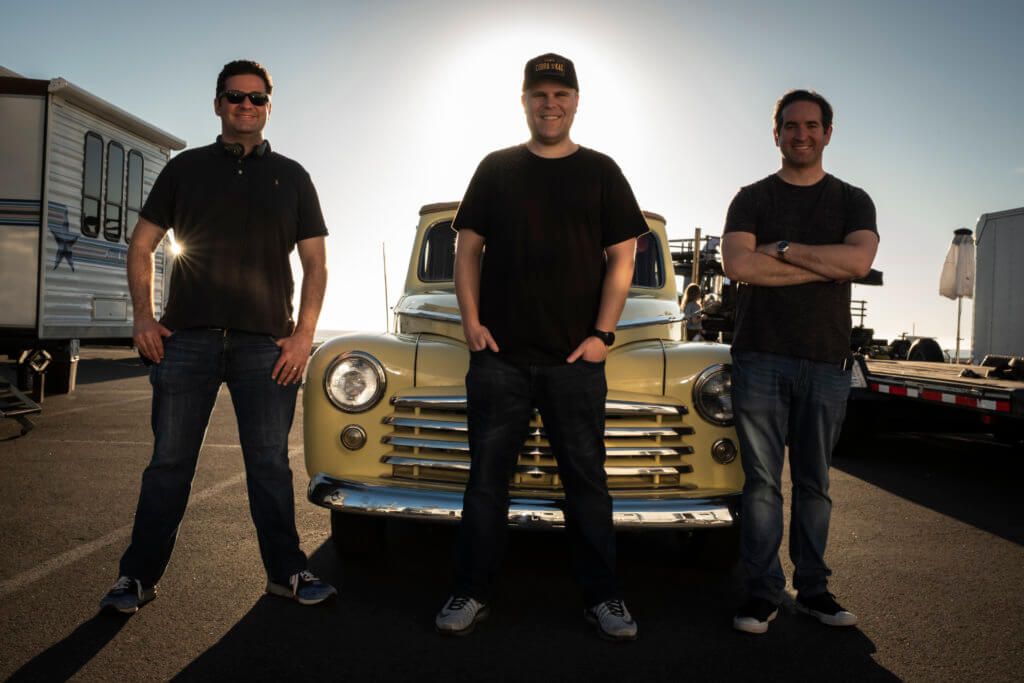


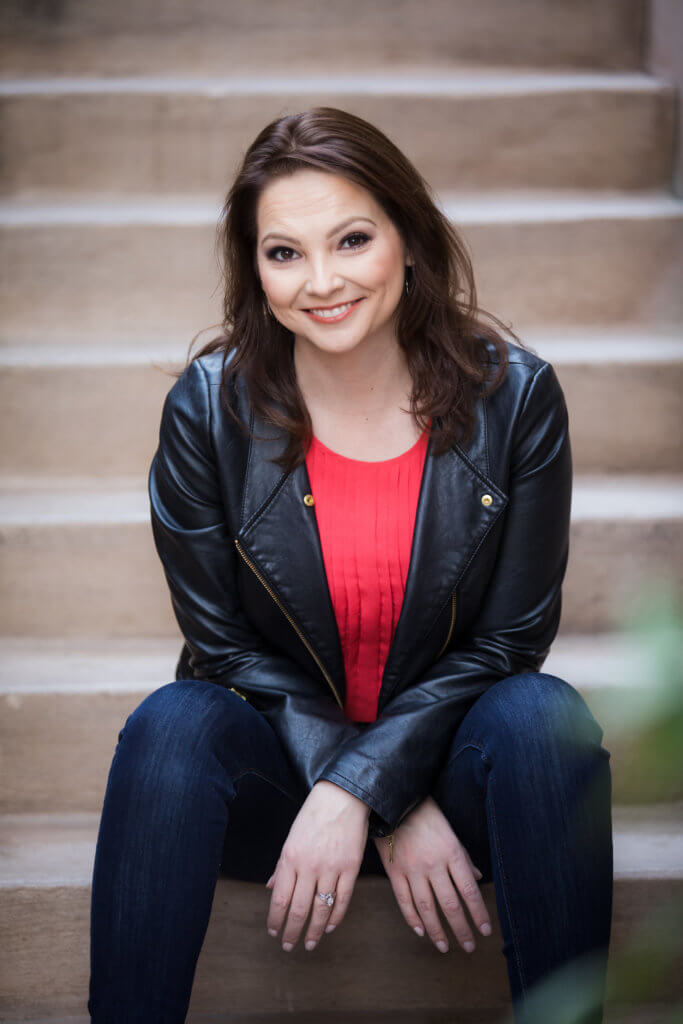
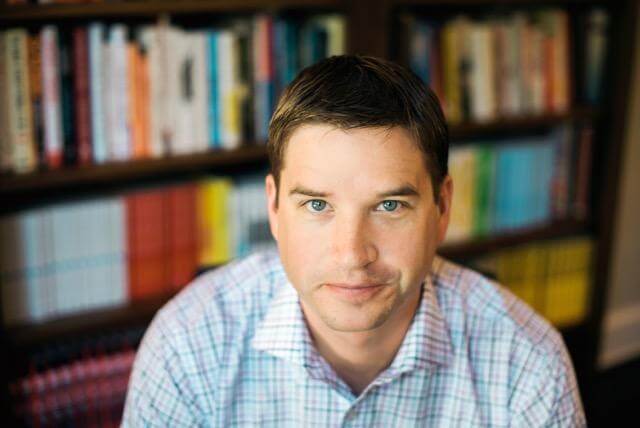



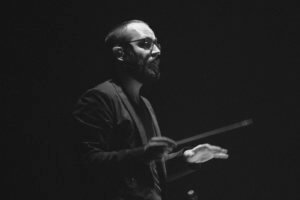

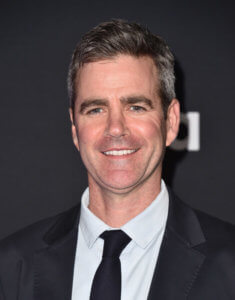


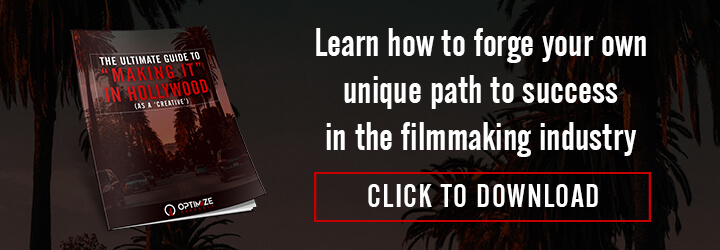
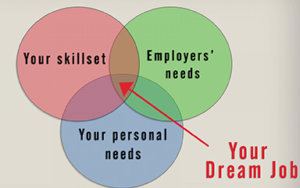
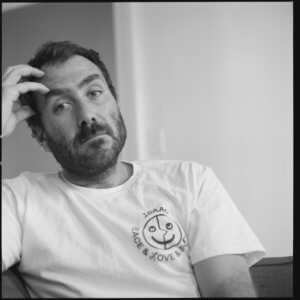
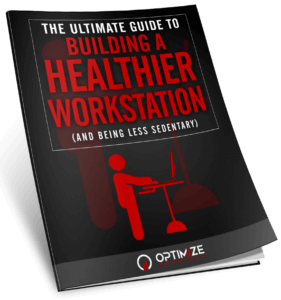
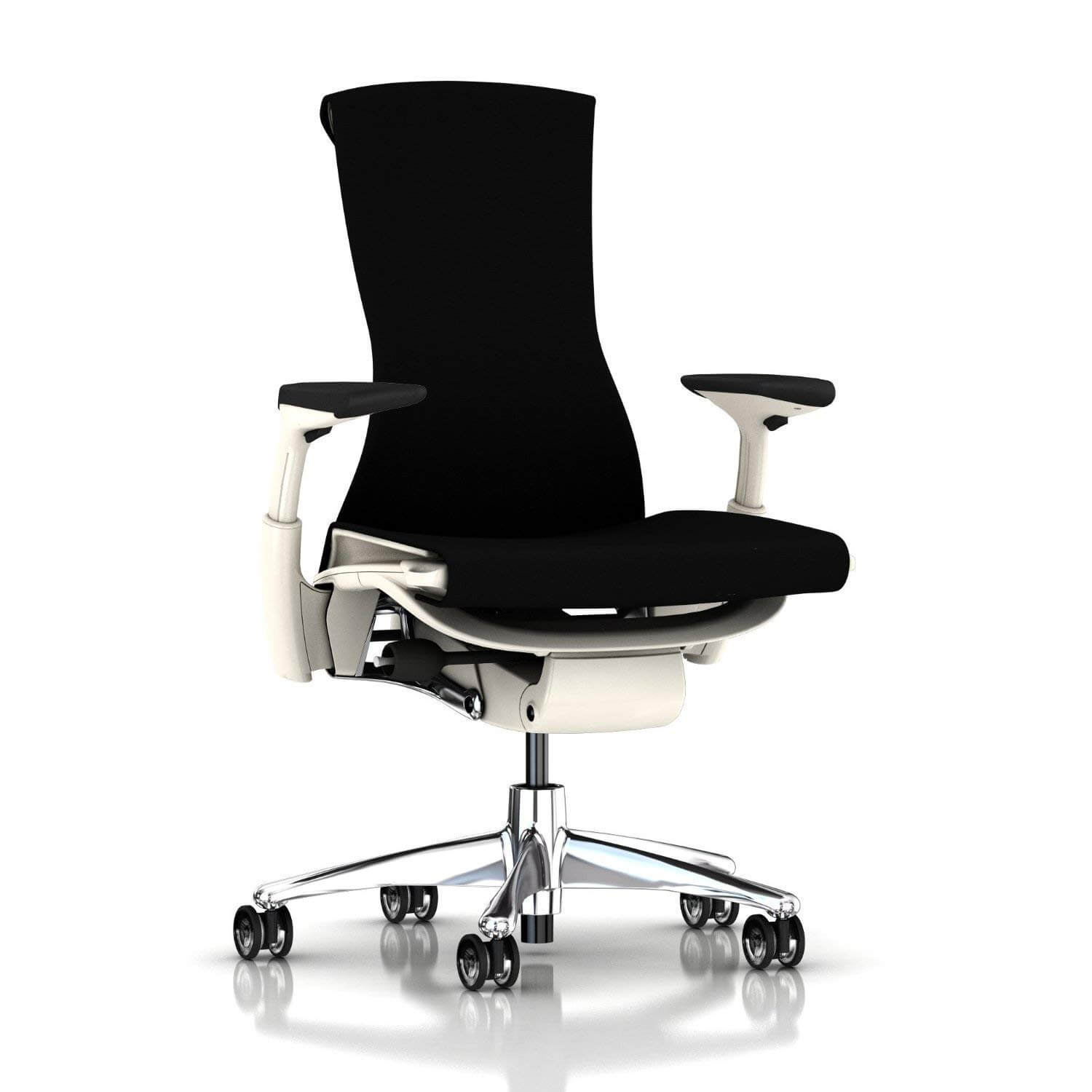
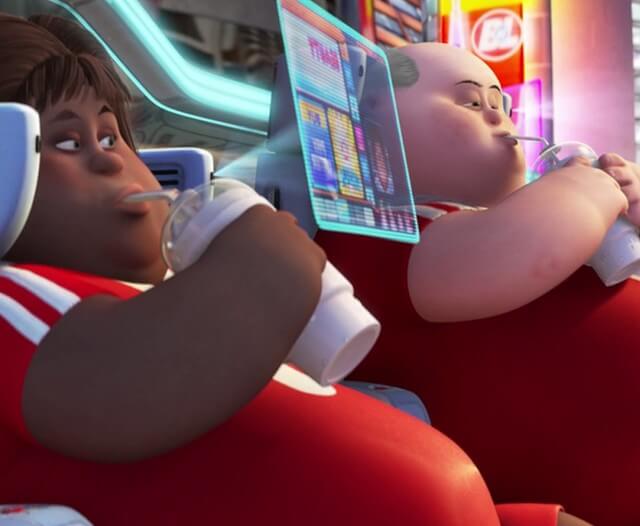
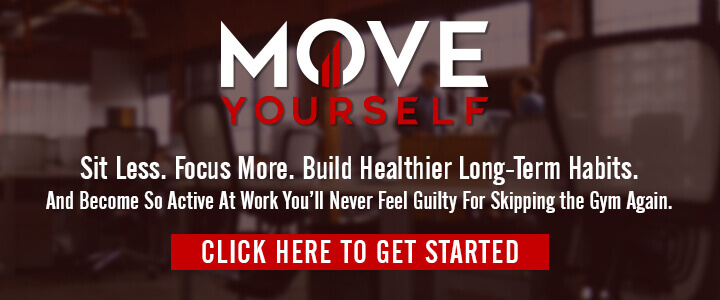


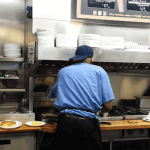
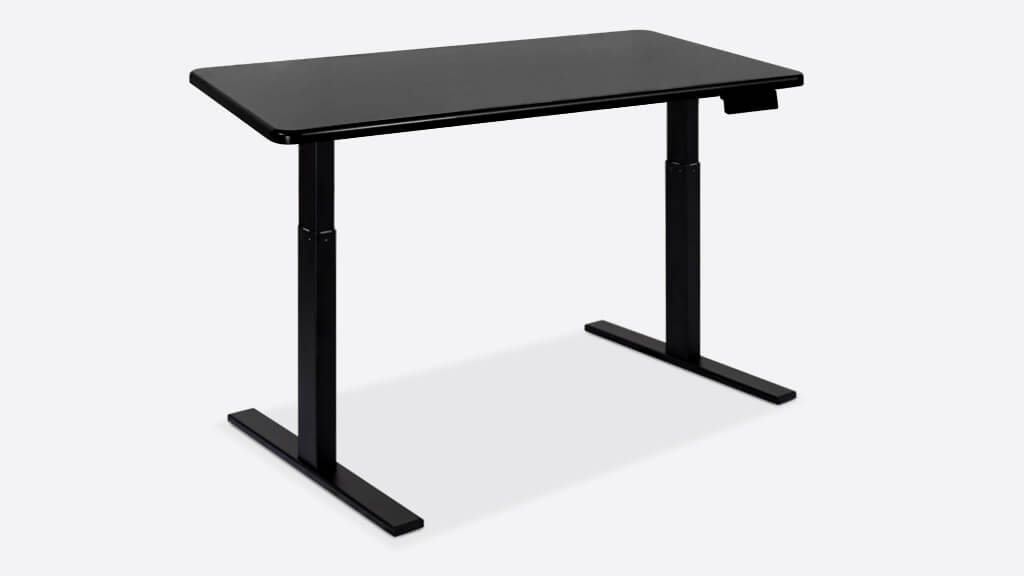
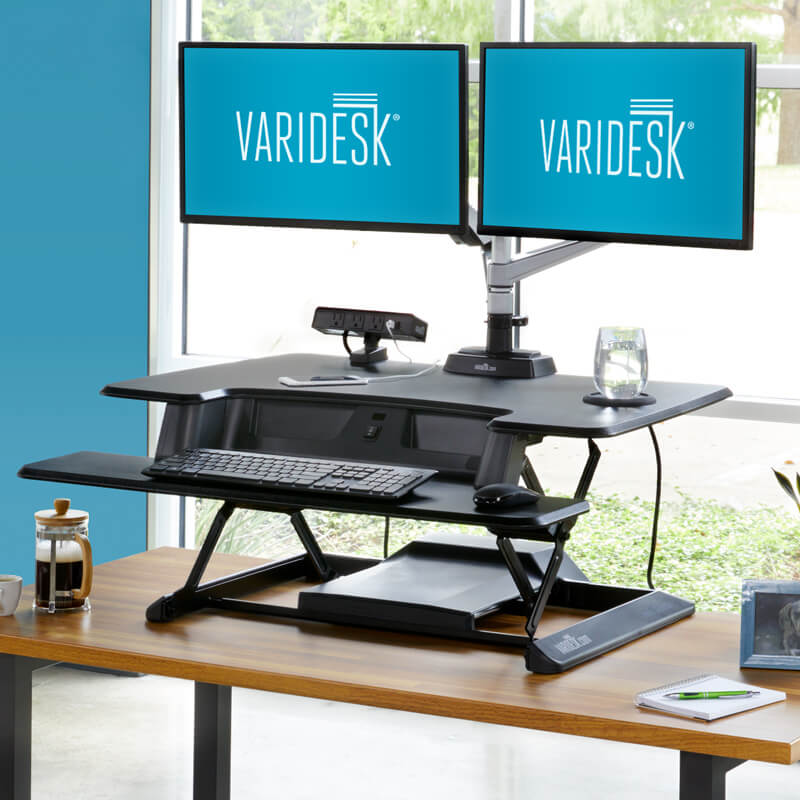
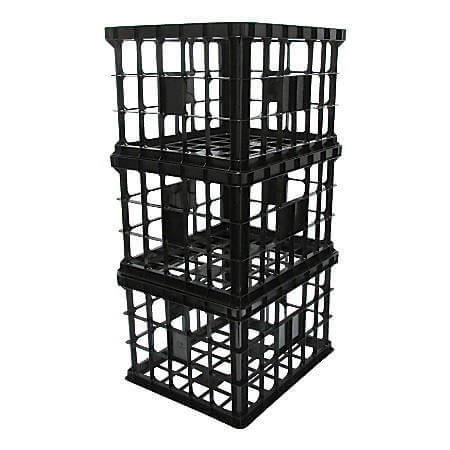
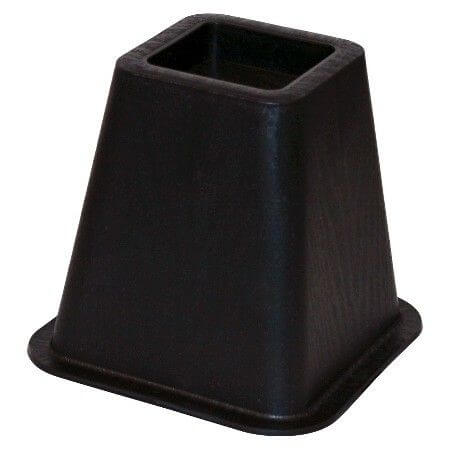
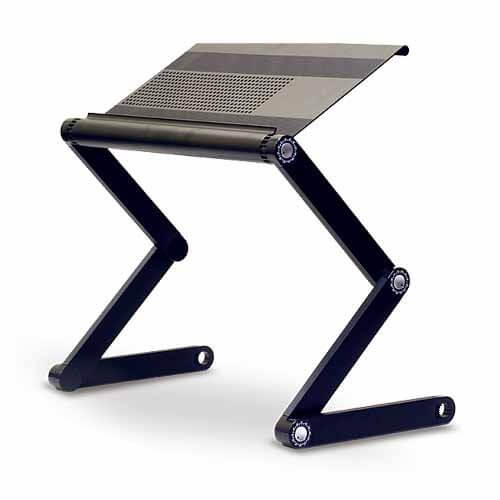
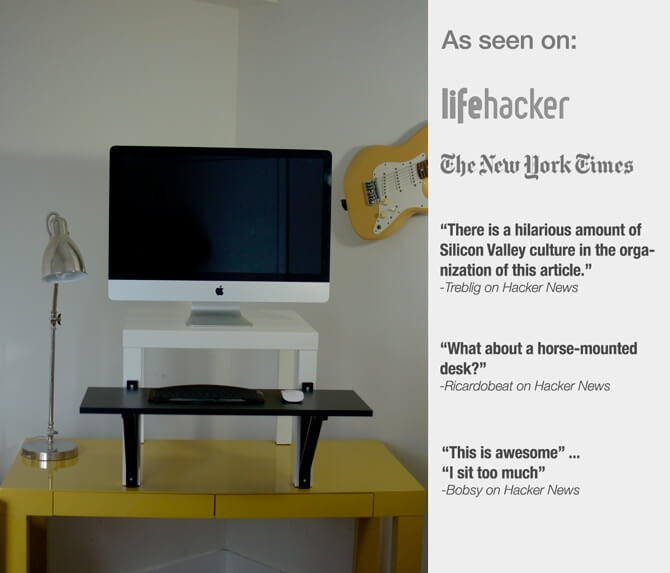

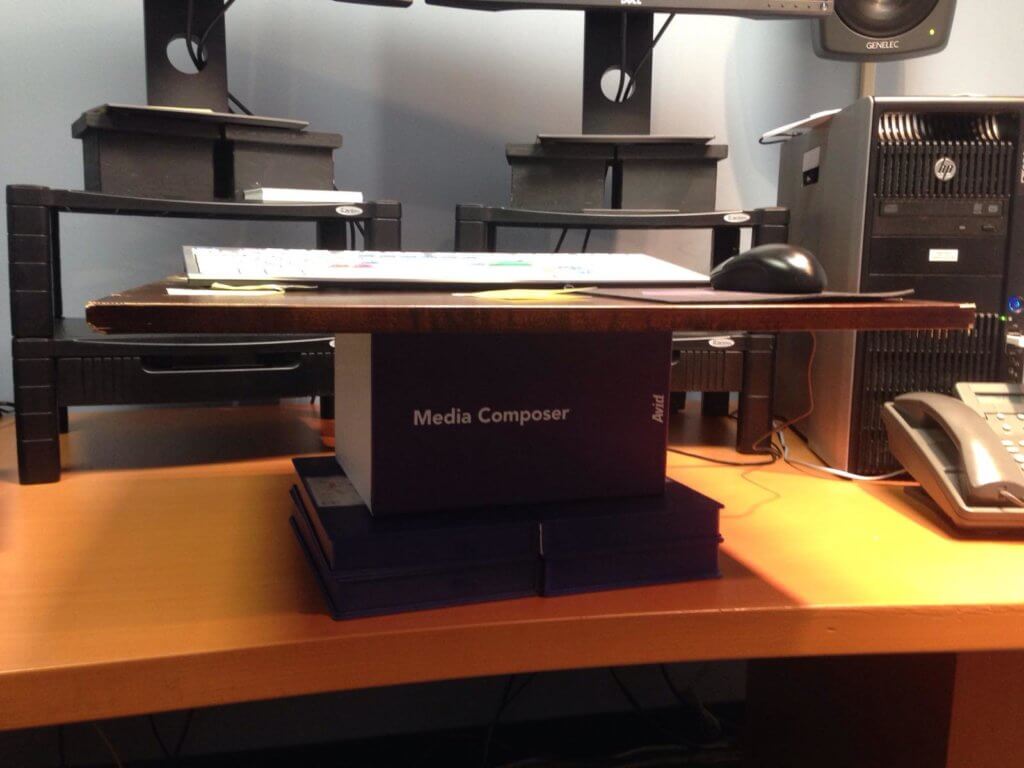



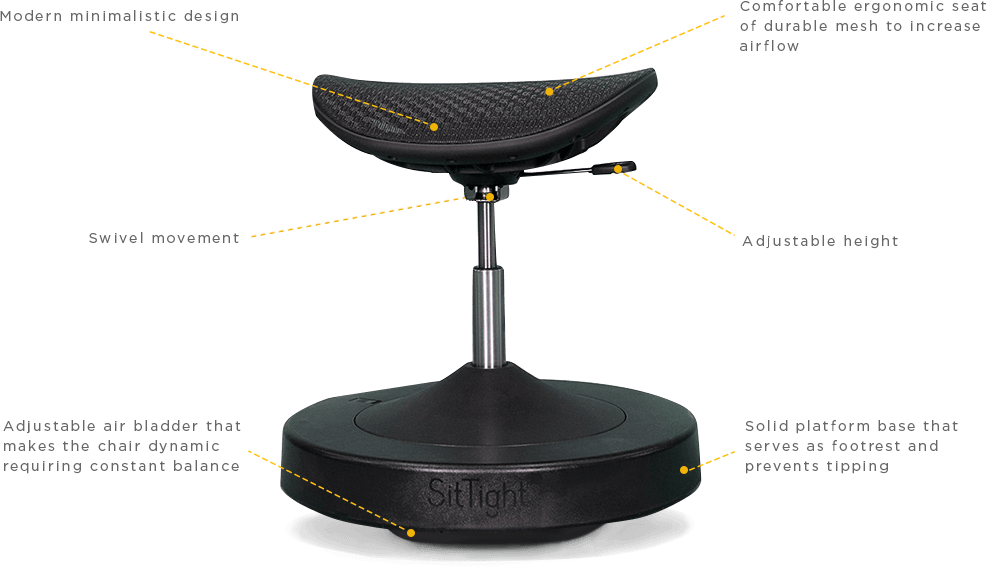


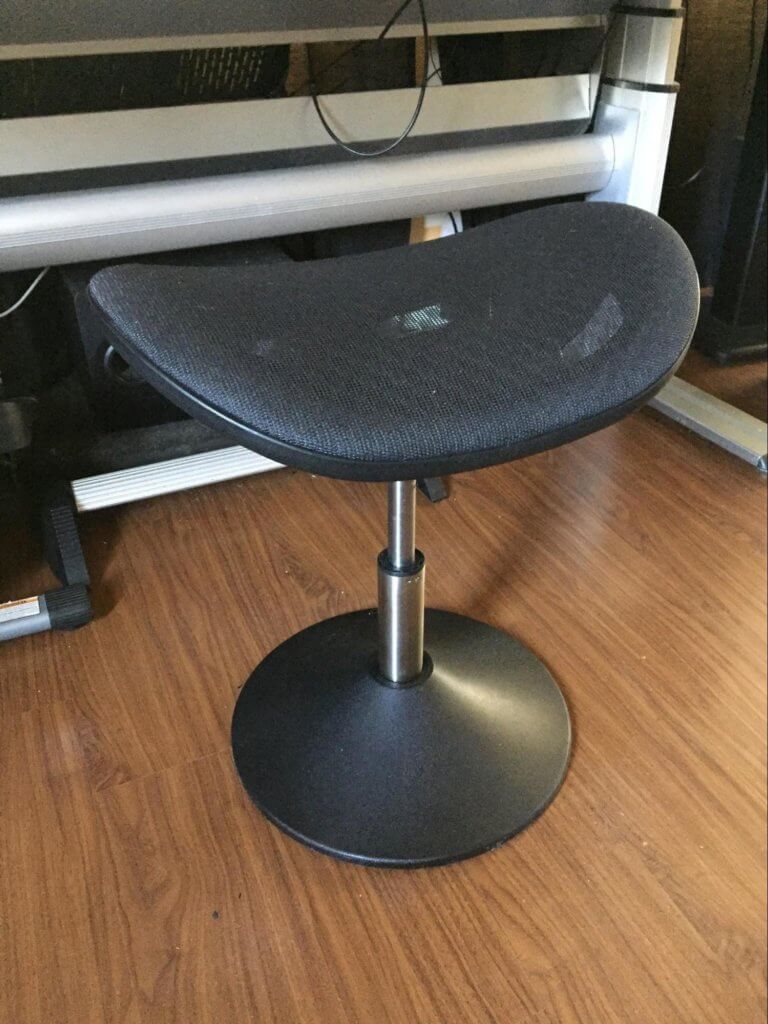
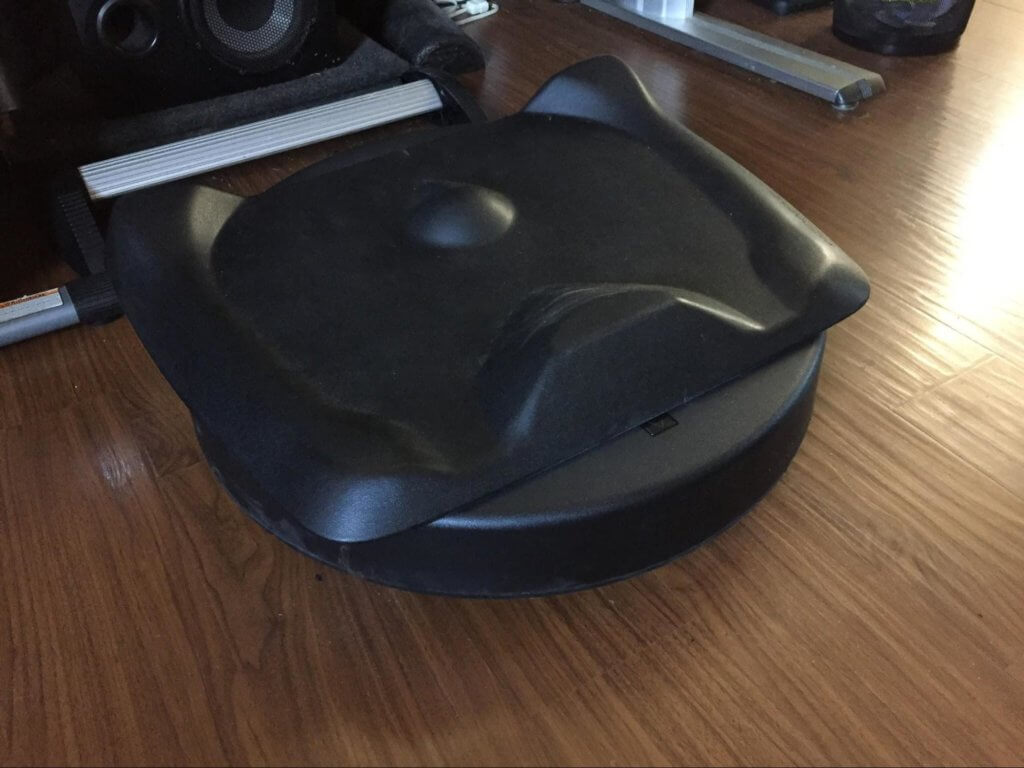
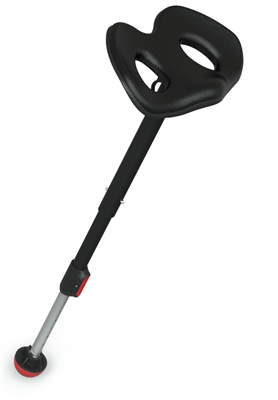
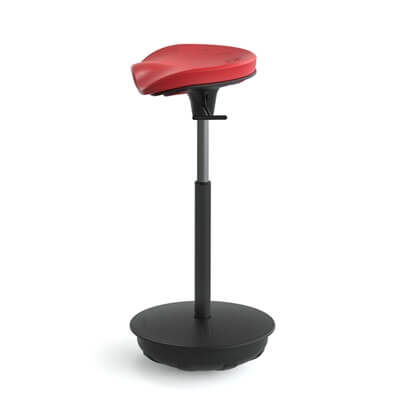
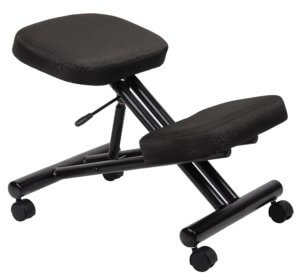


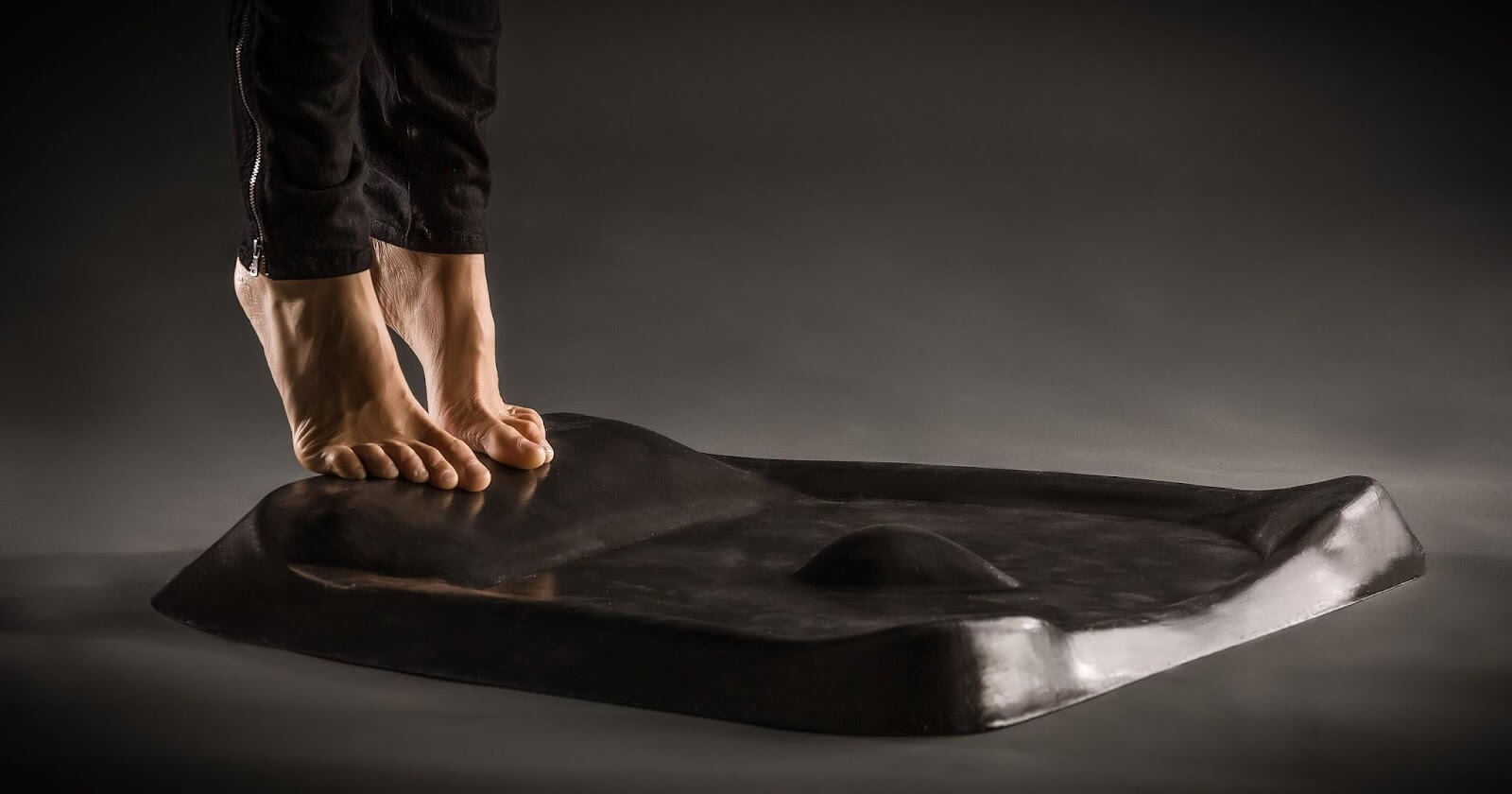
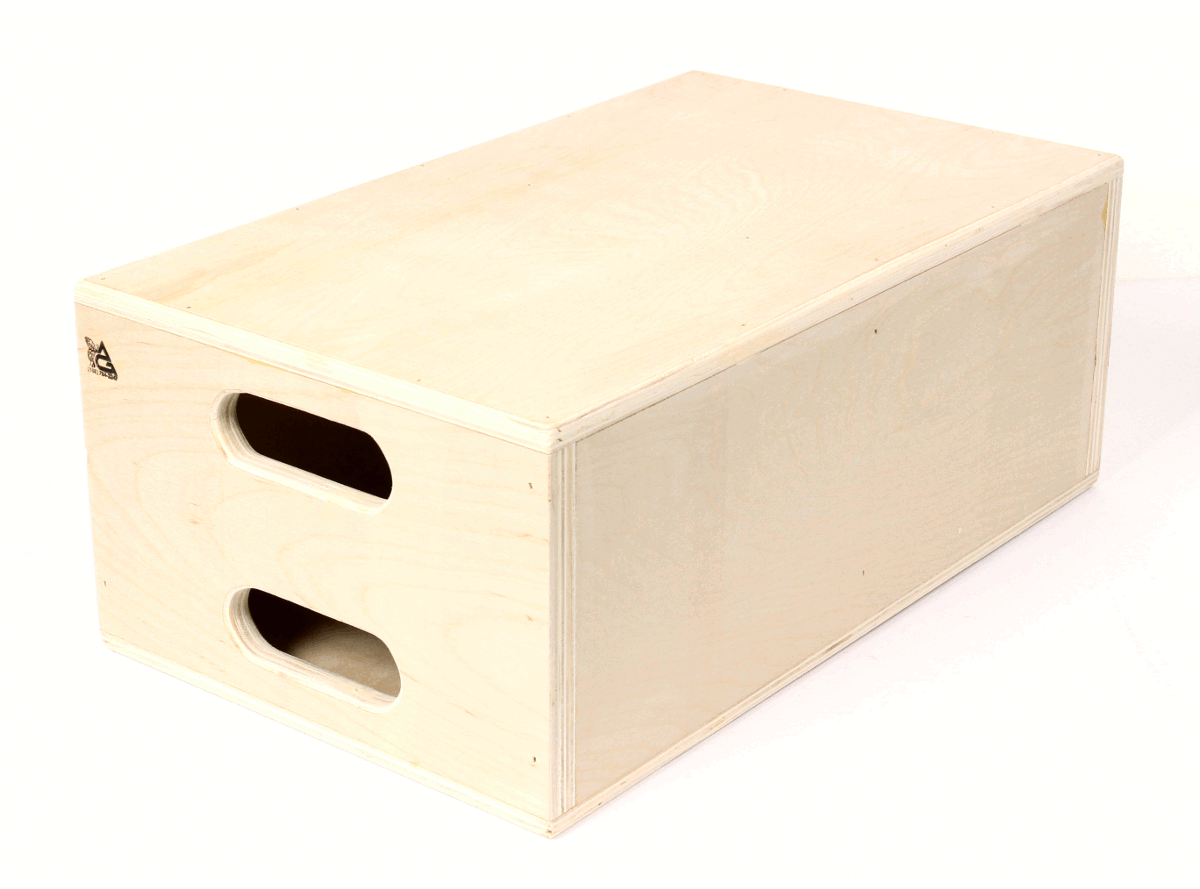
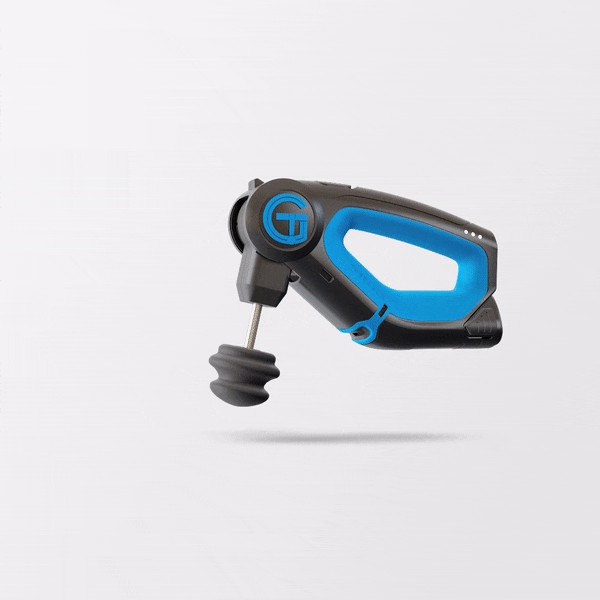
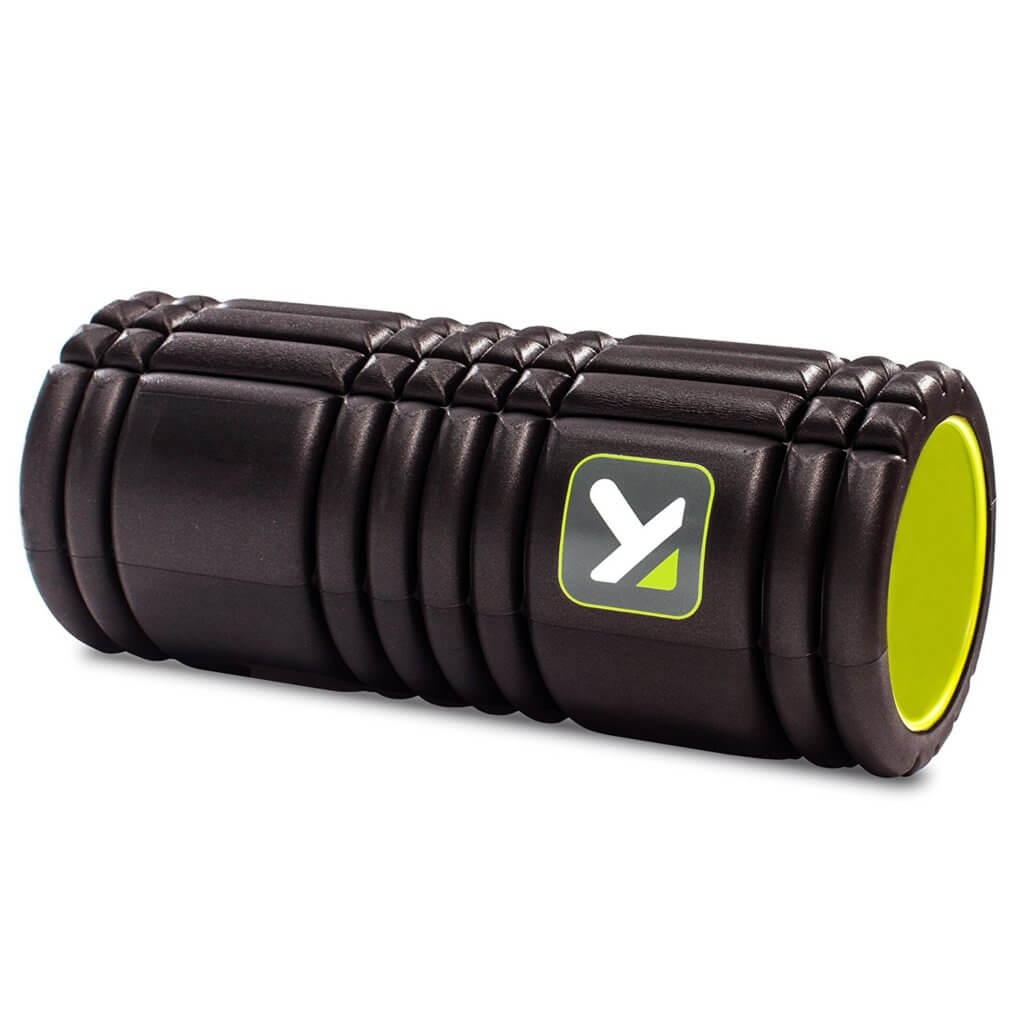
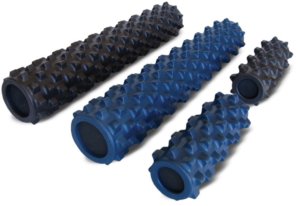

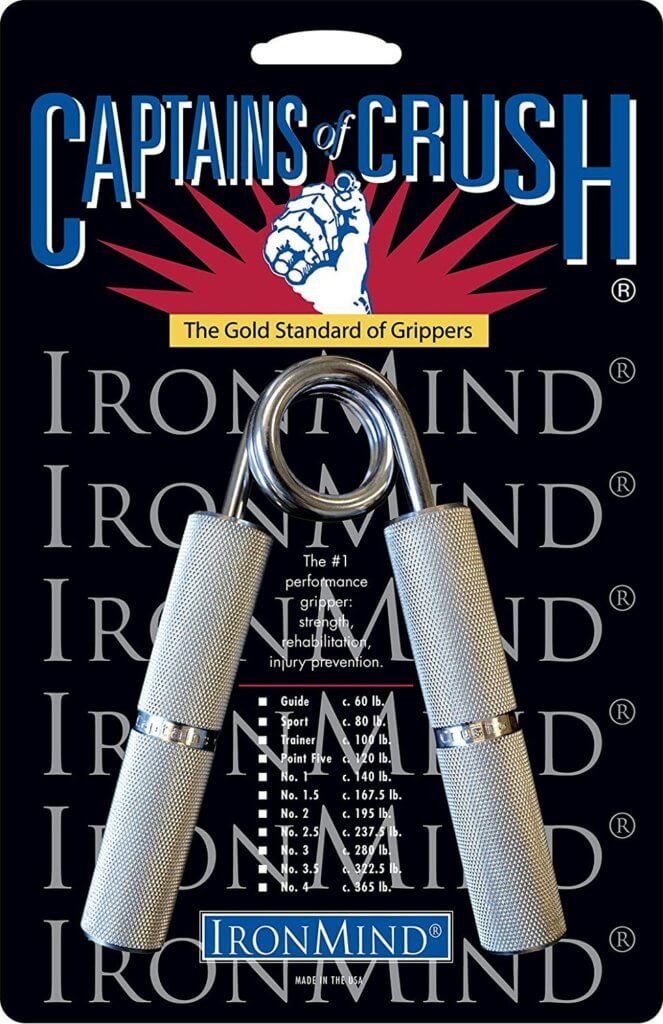
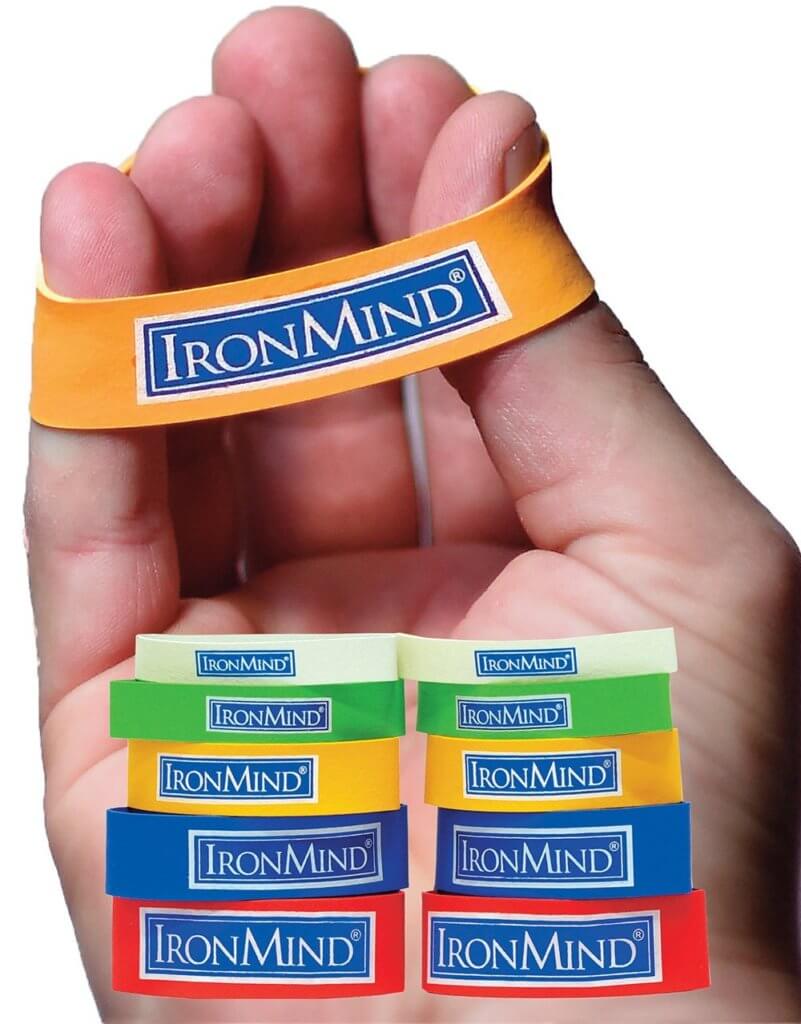
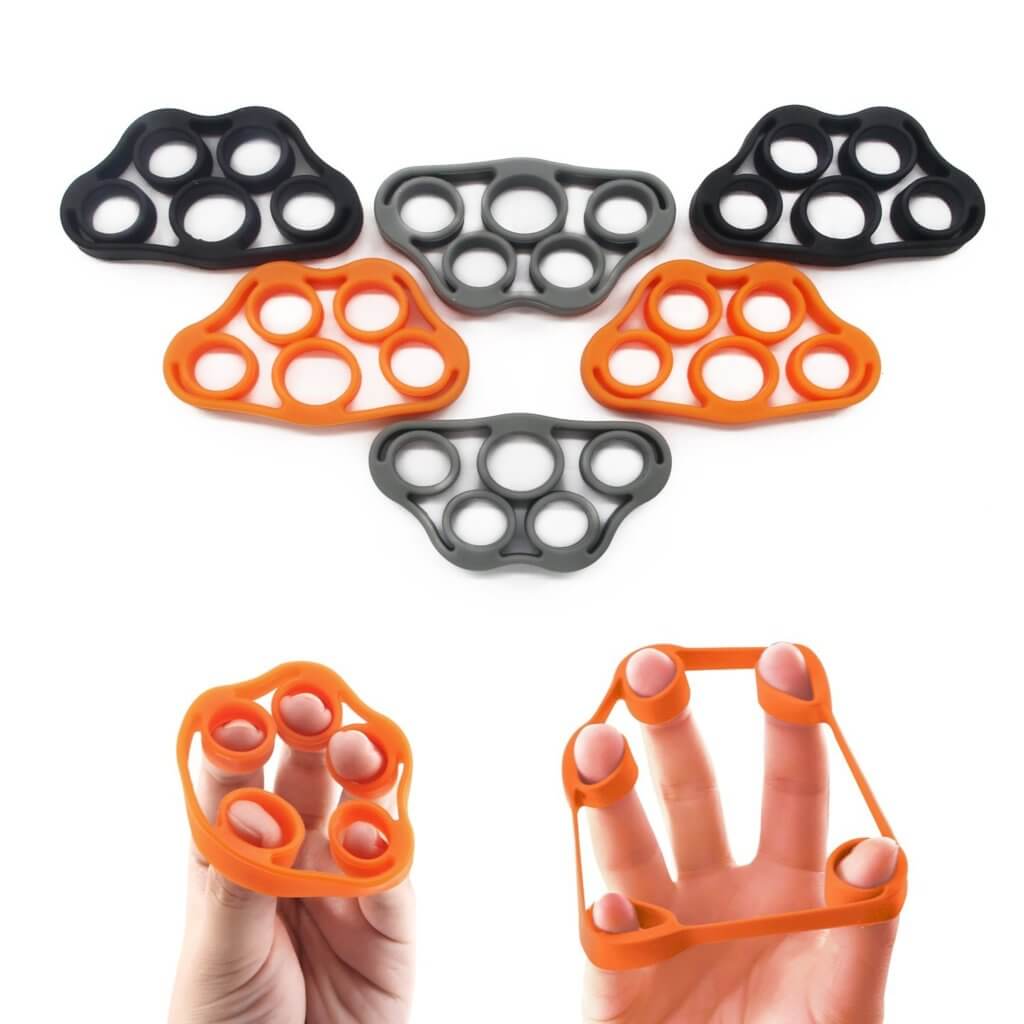
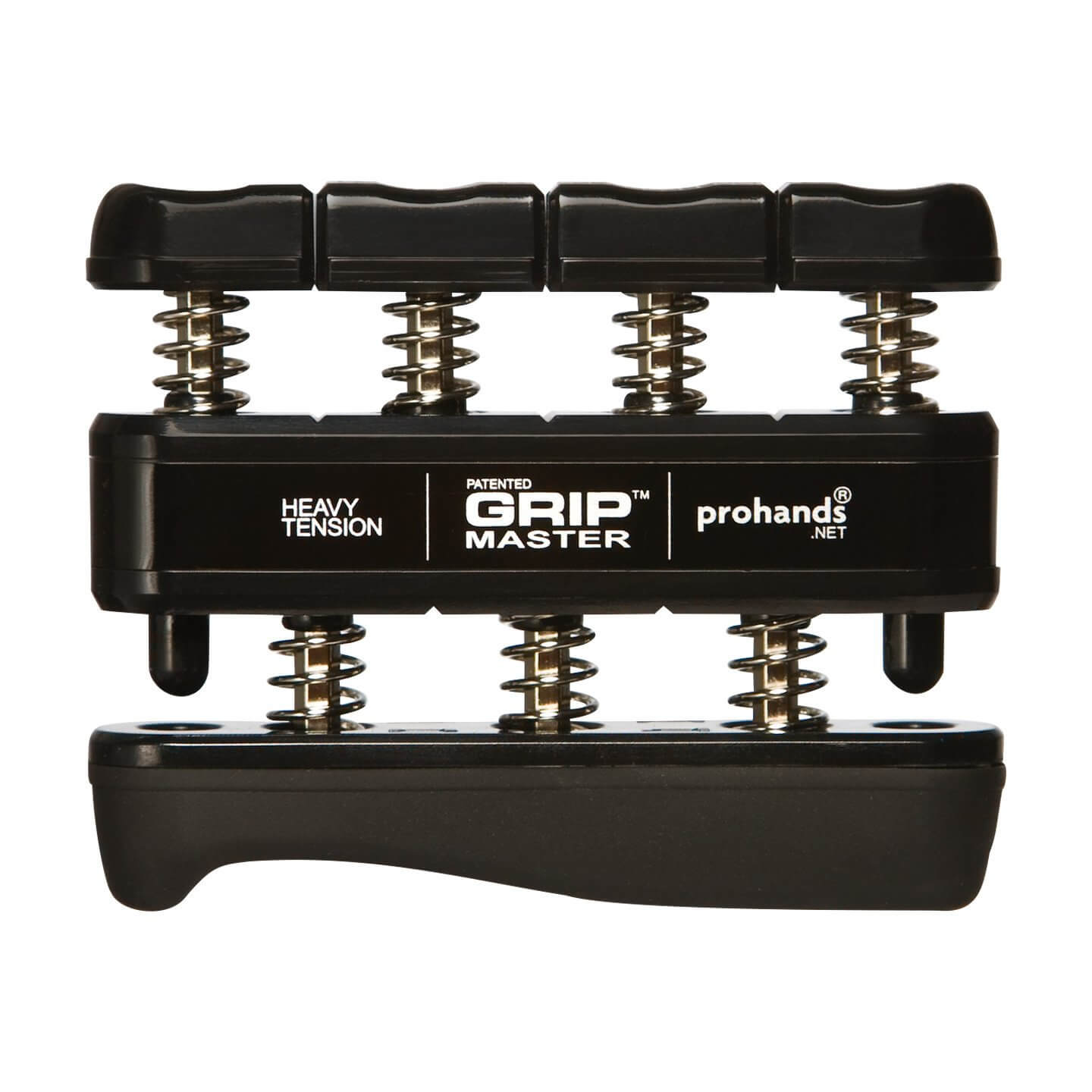
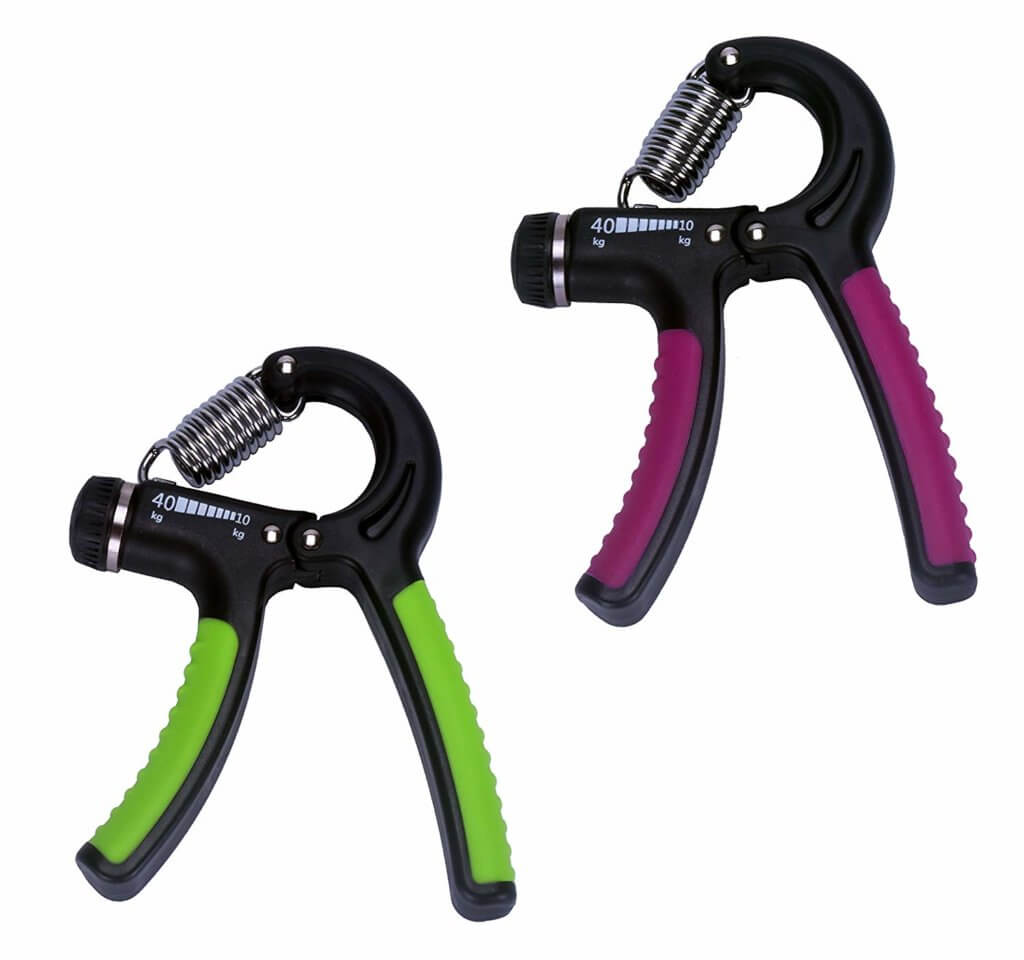
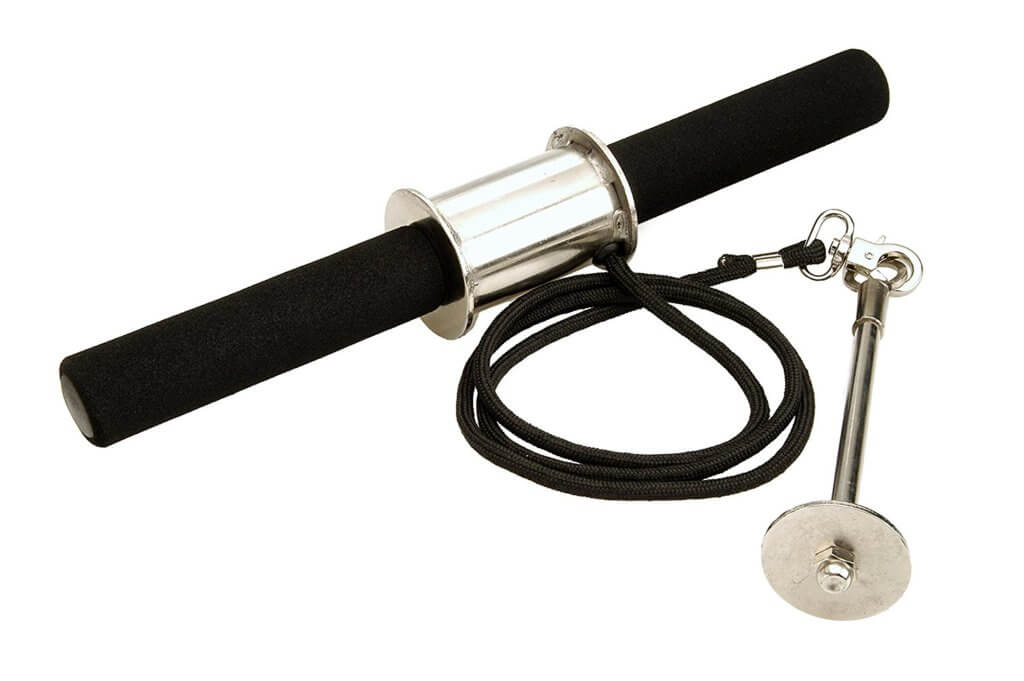
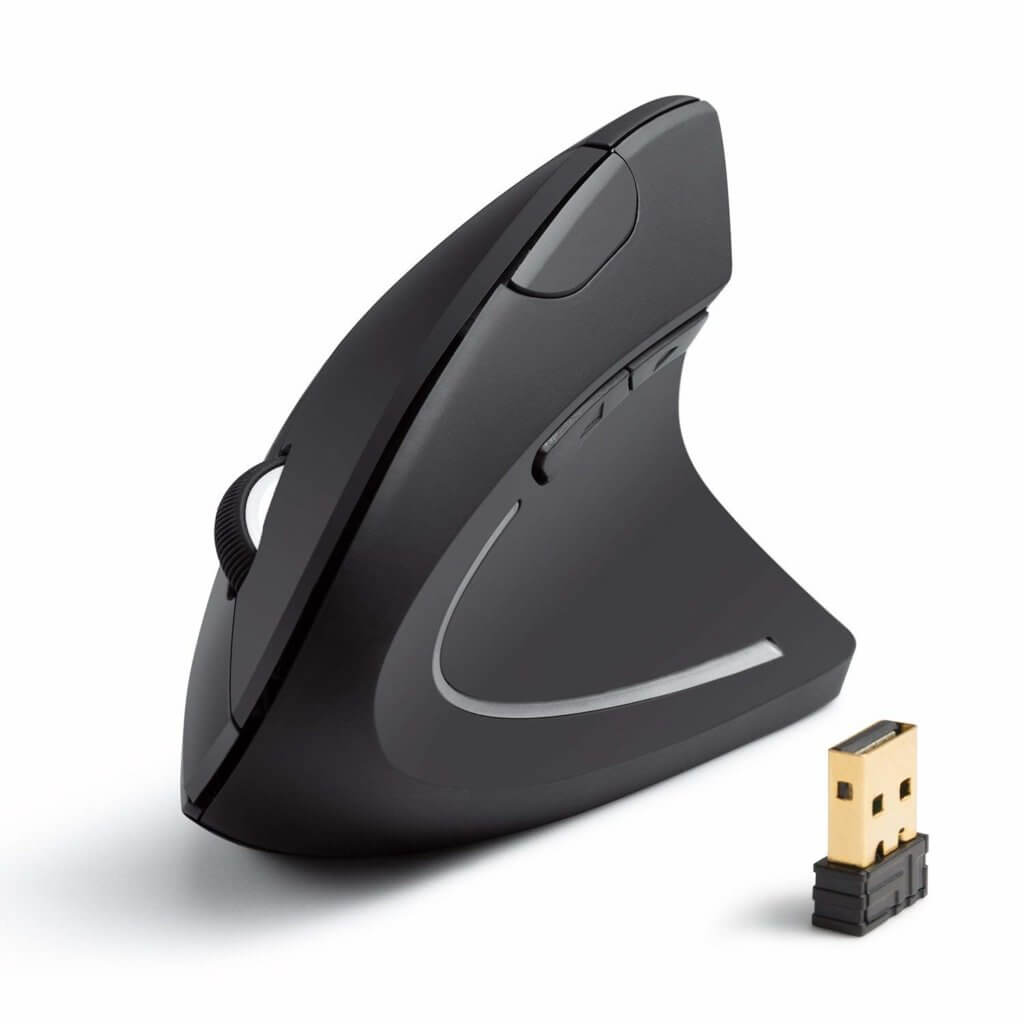
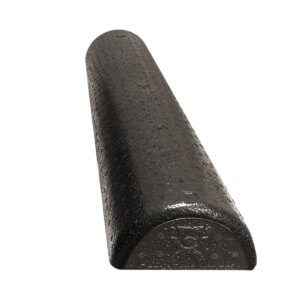
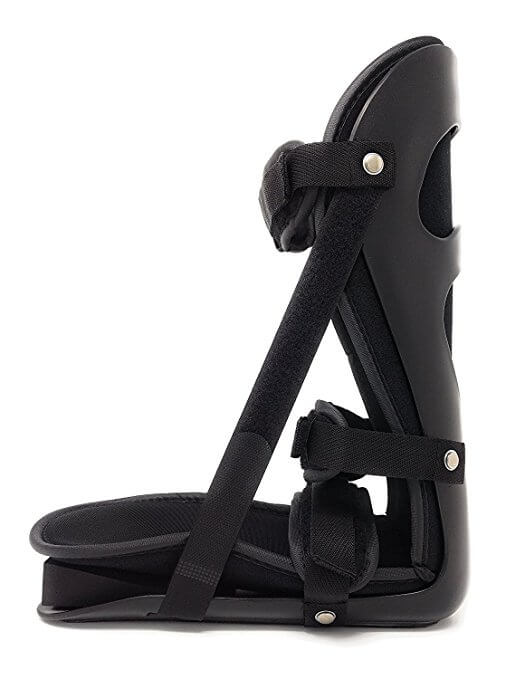
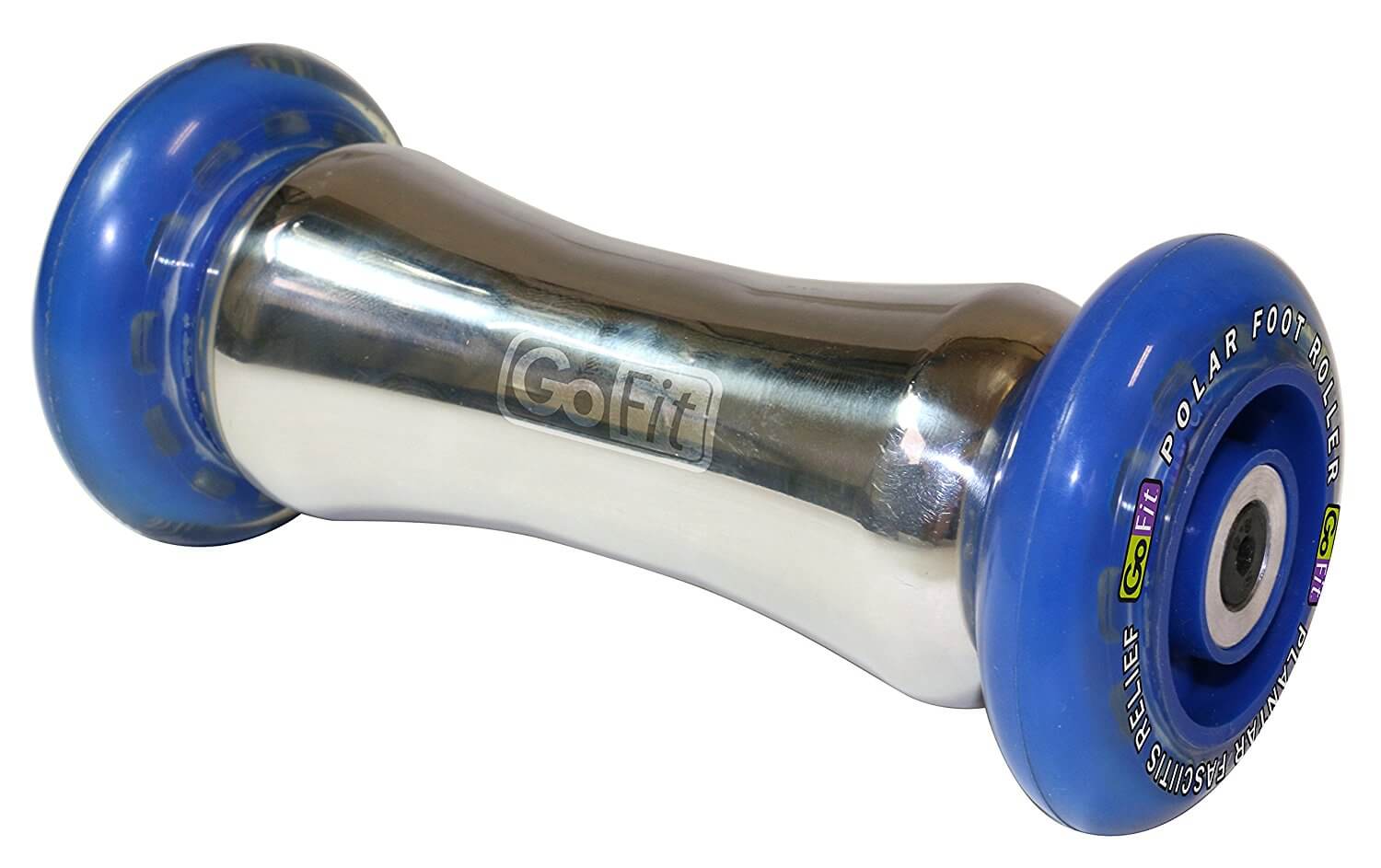
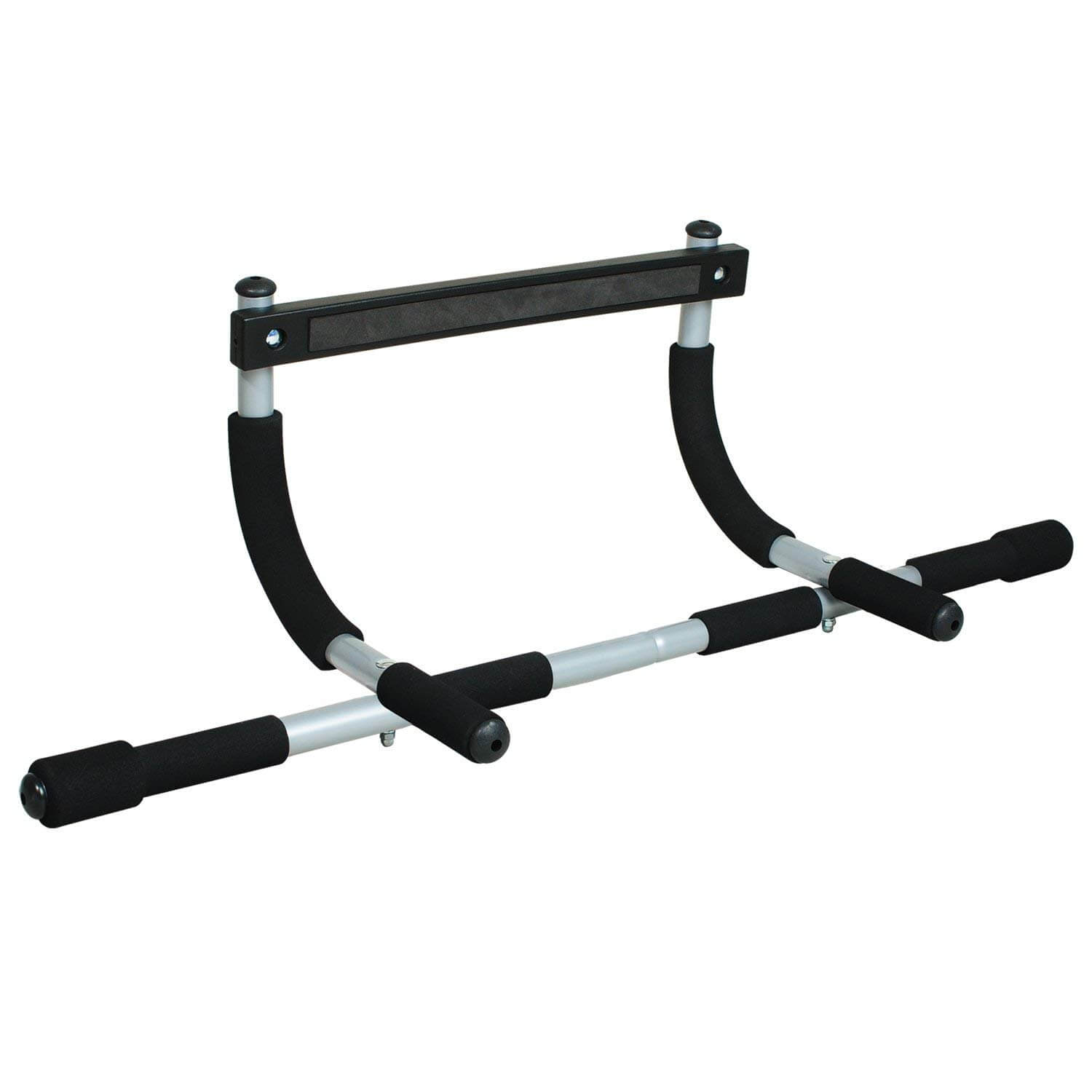
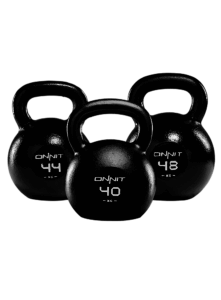
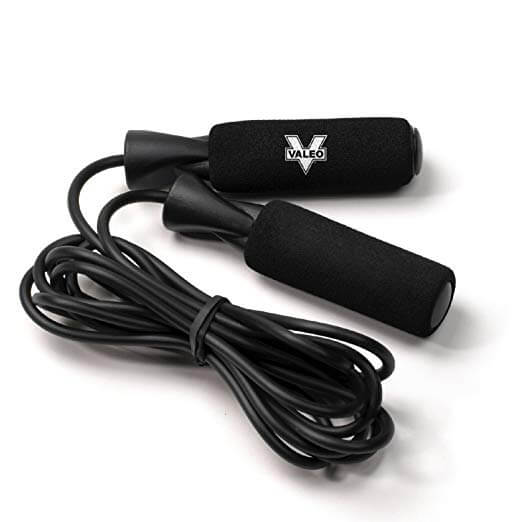
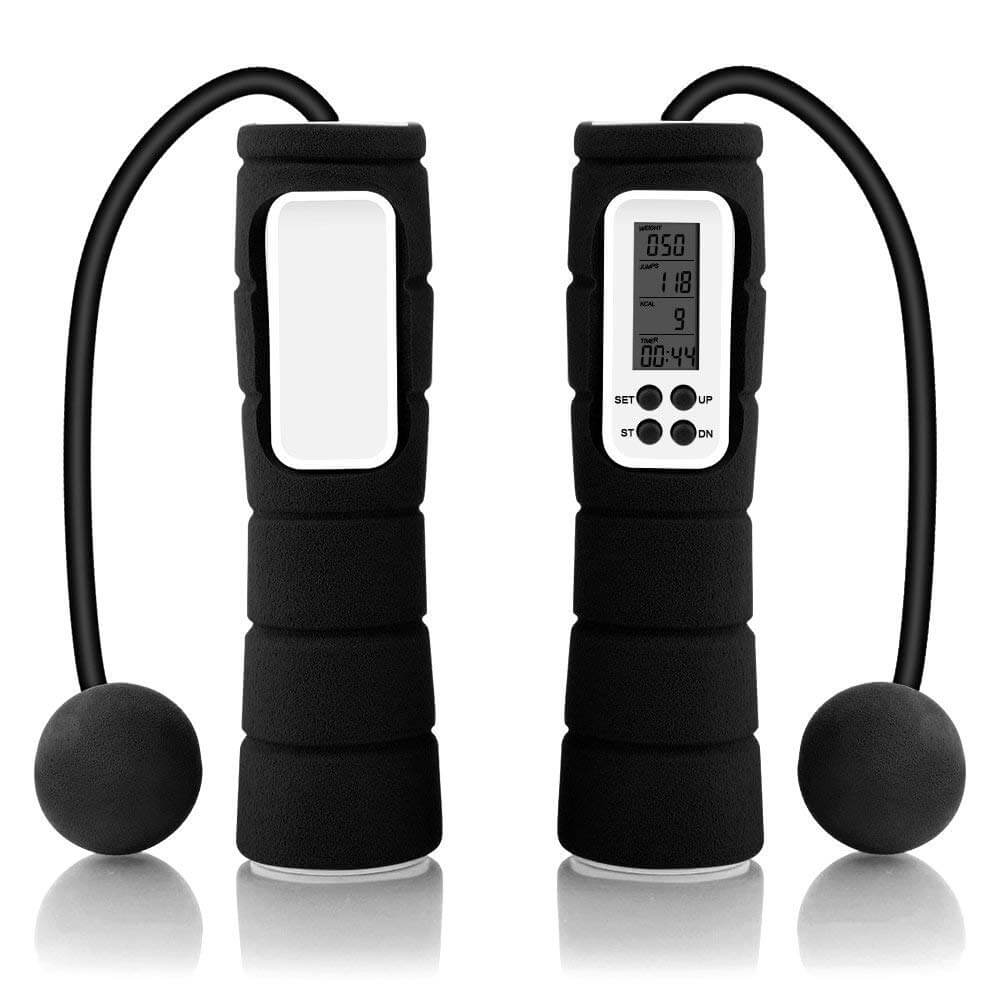
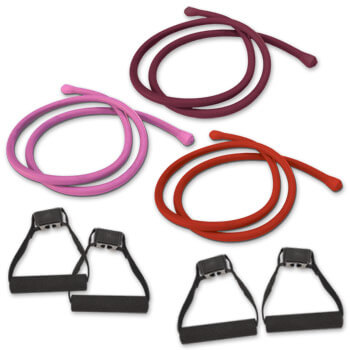
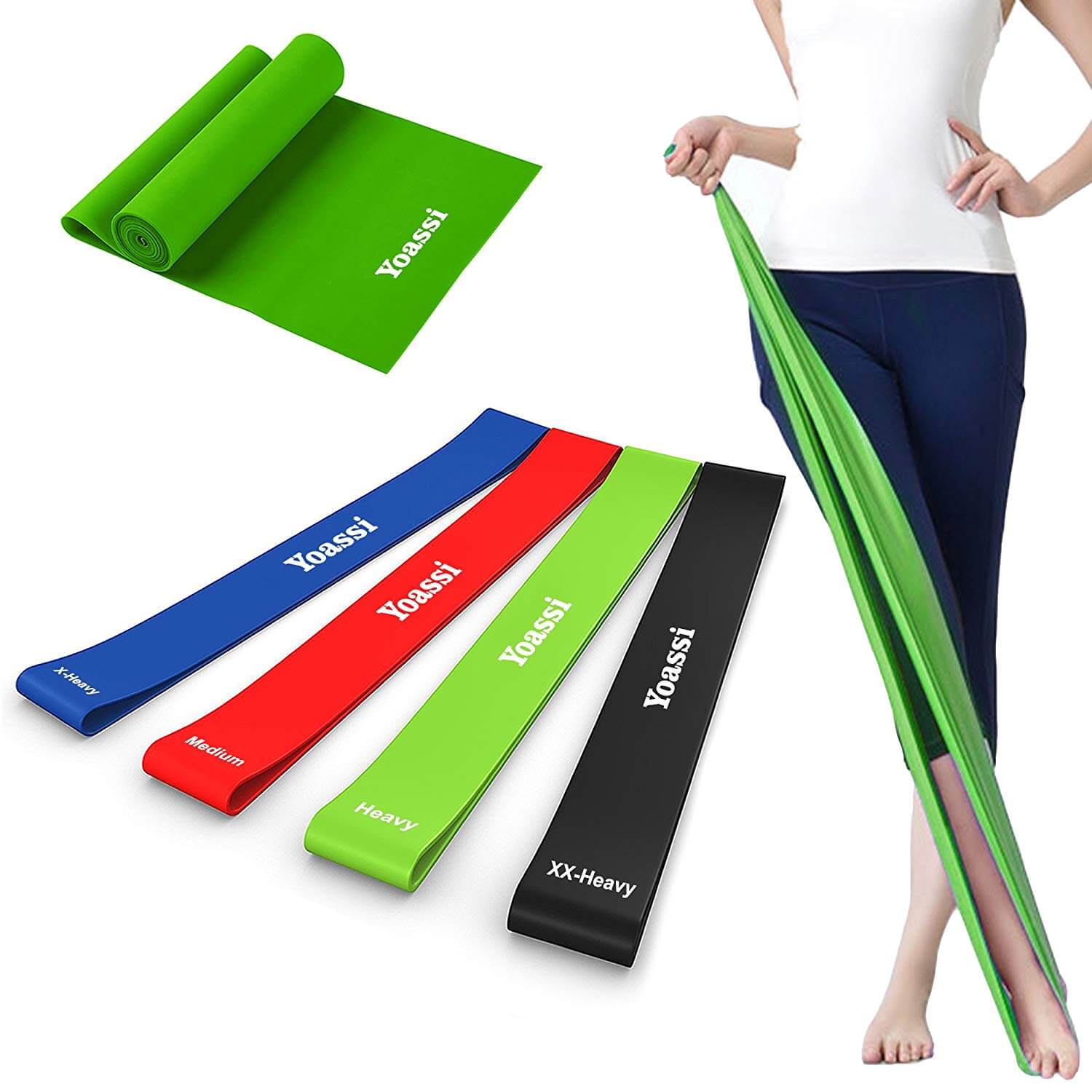
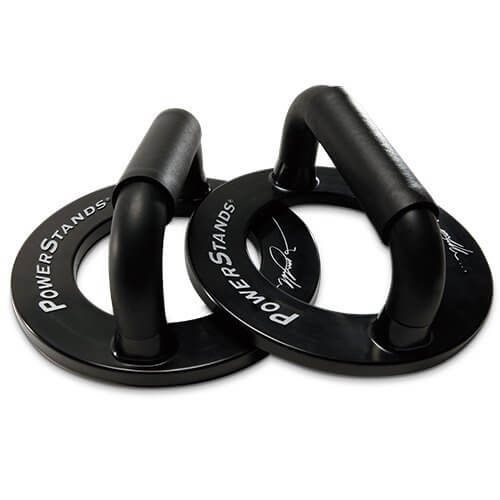
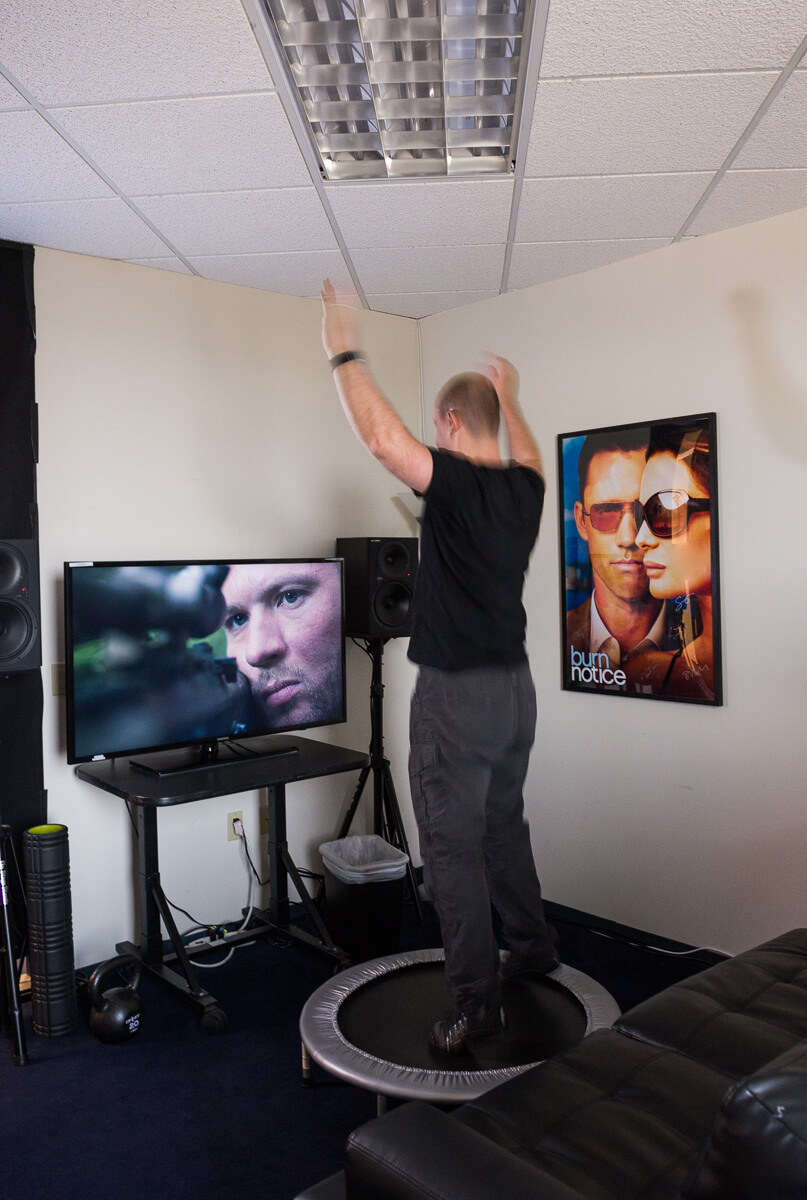
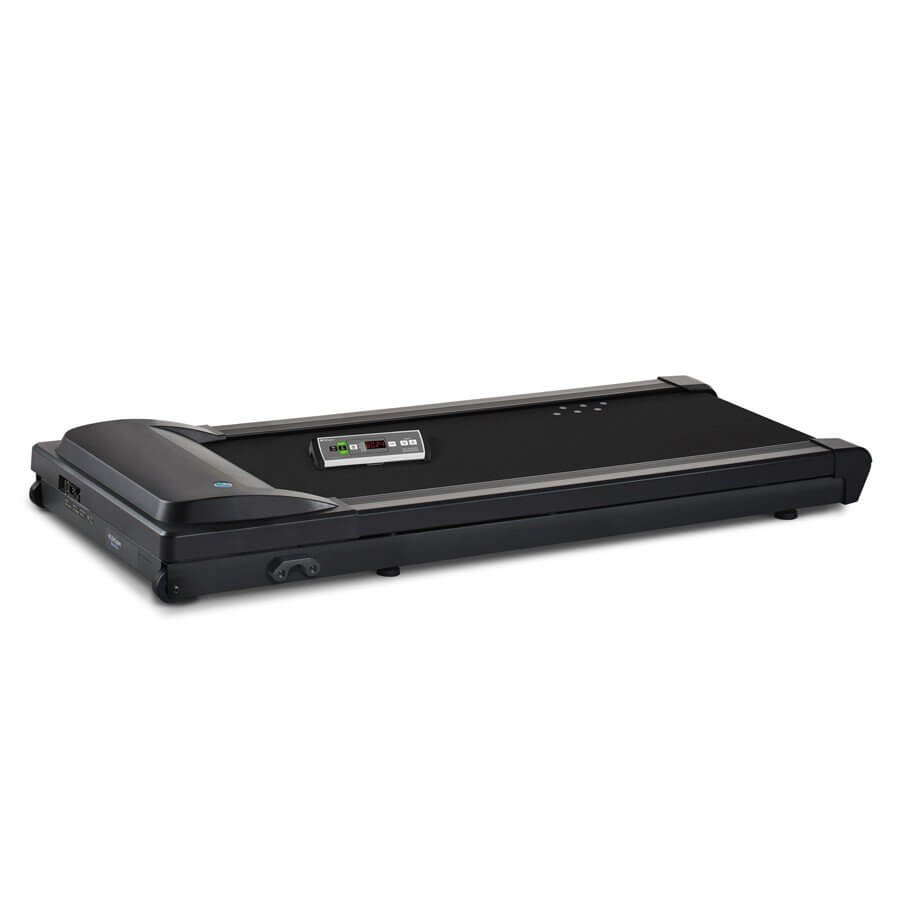
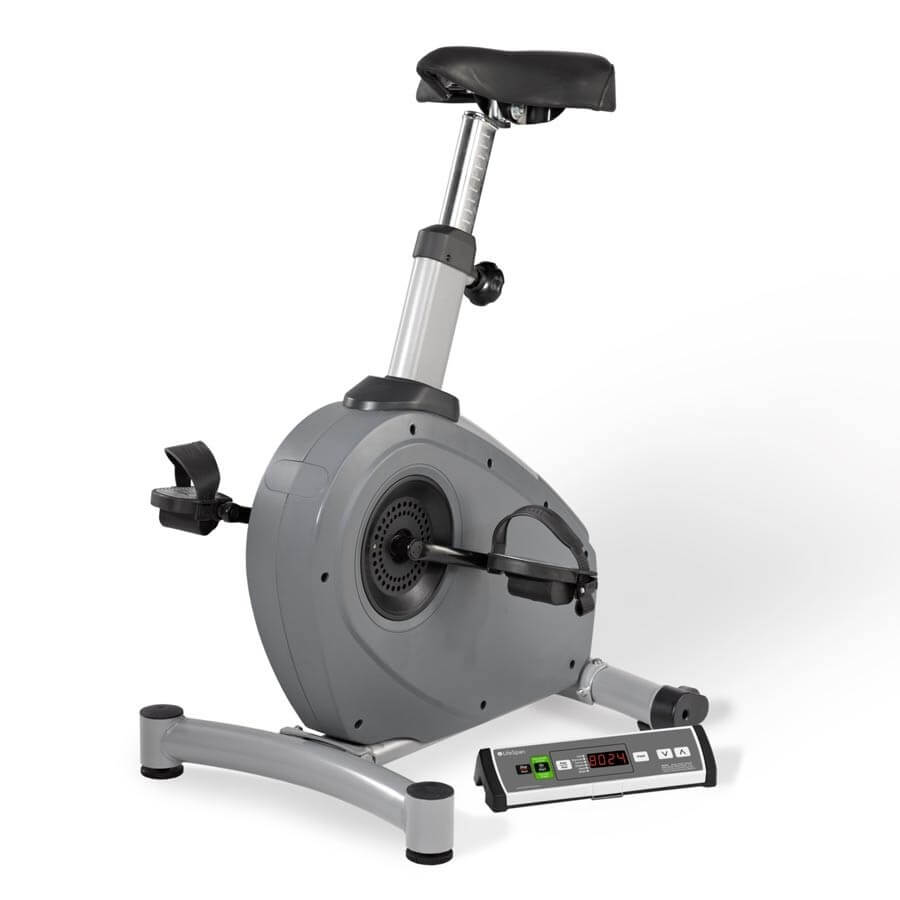
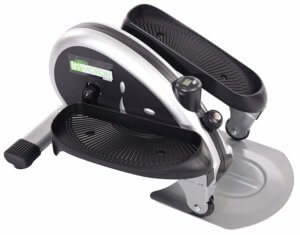
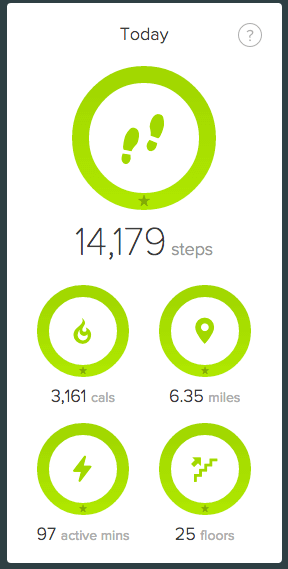



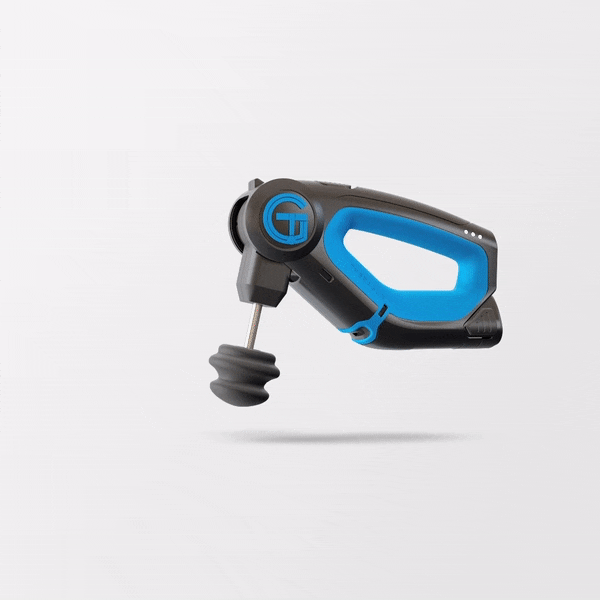 After suffering a motorcycle accident that caused a disc herniation that resulted in intense pain (and eventually atrophy), “Dr. J” recognized an extraordinary need for an effective portable treatment device for patients to use as needed. So he basically decided to build one himself. The
After suffering a motorcycle accident that caused a disc herniation that resulted in intense pain (and eventually atrophy), “Dr. J” recognized an extraordinary need for an effective portable treatment device for patients to use as needed. So he basically decided to build one himself. The 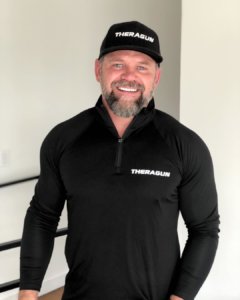

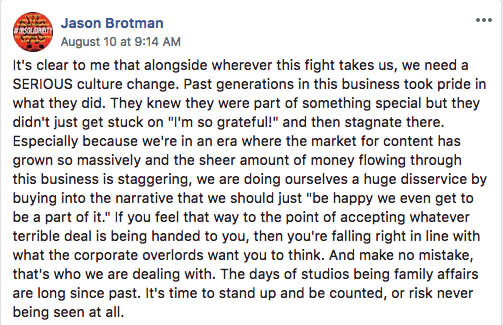
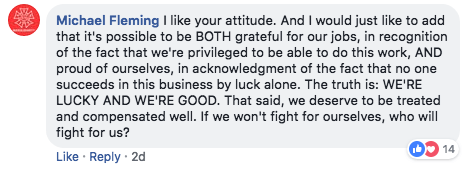

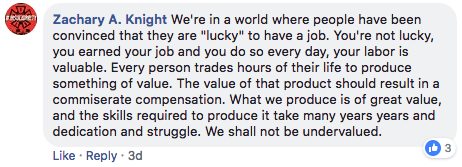
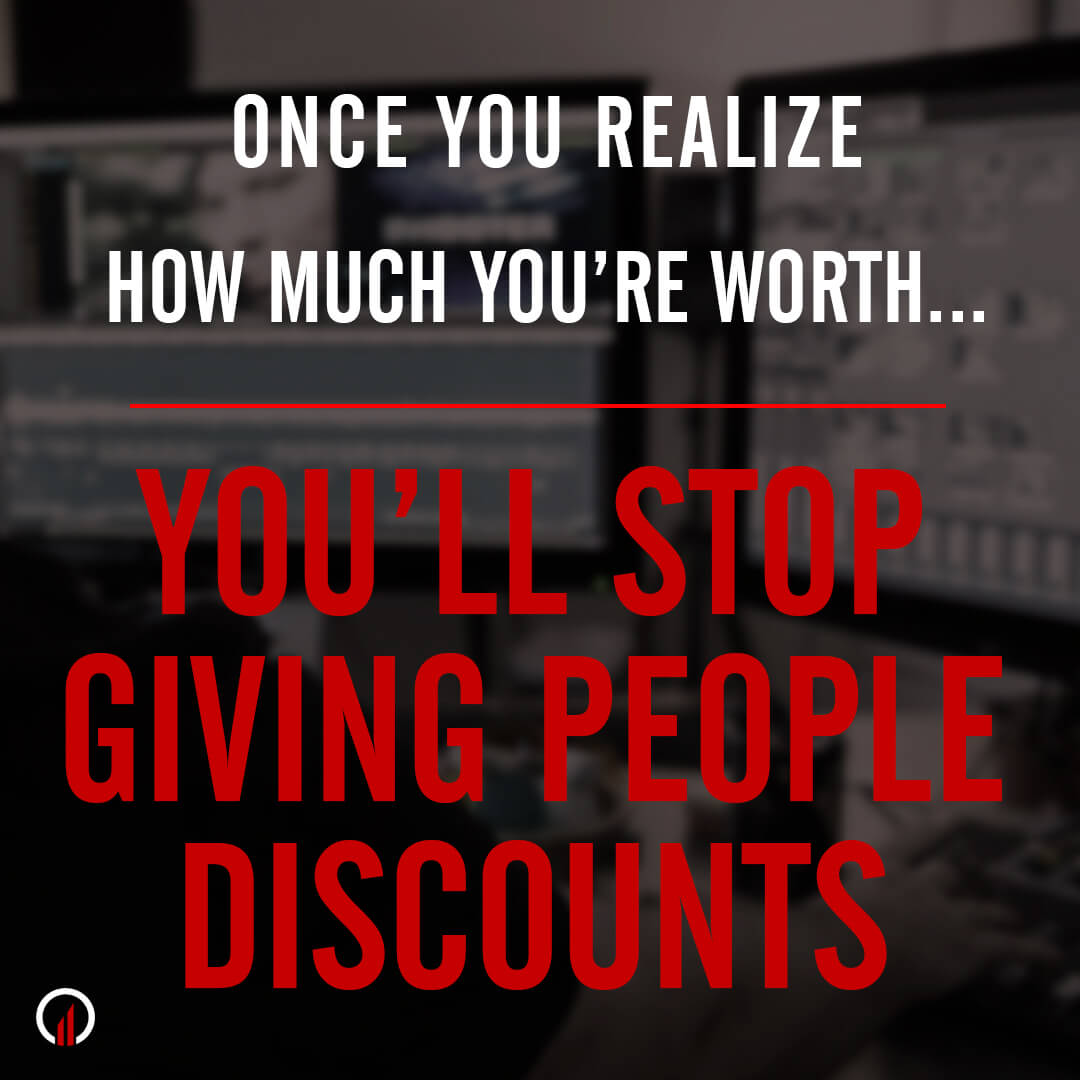
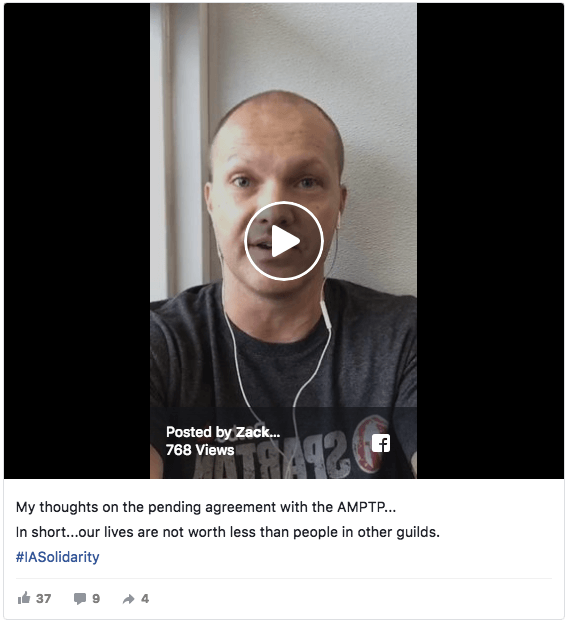
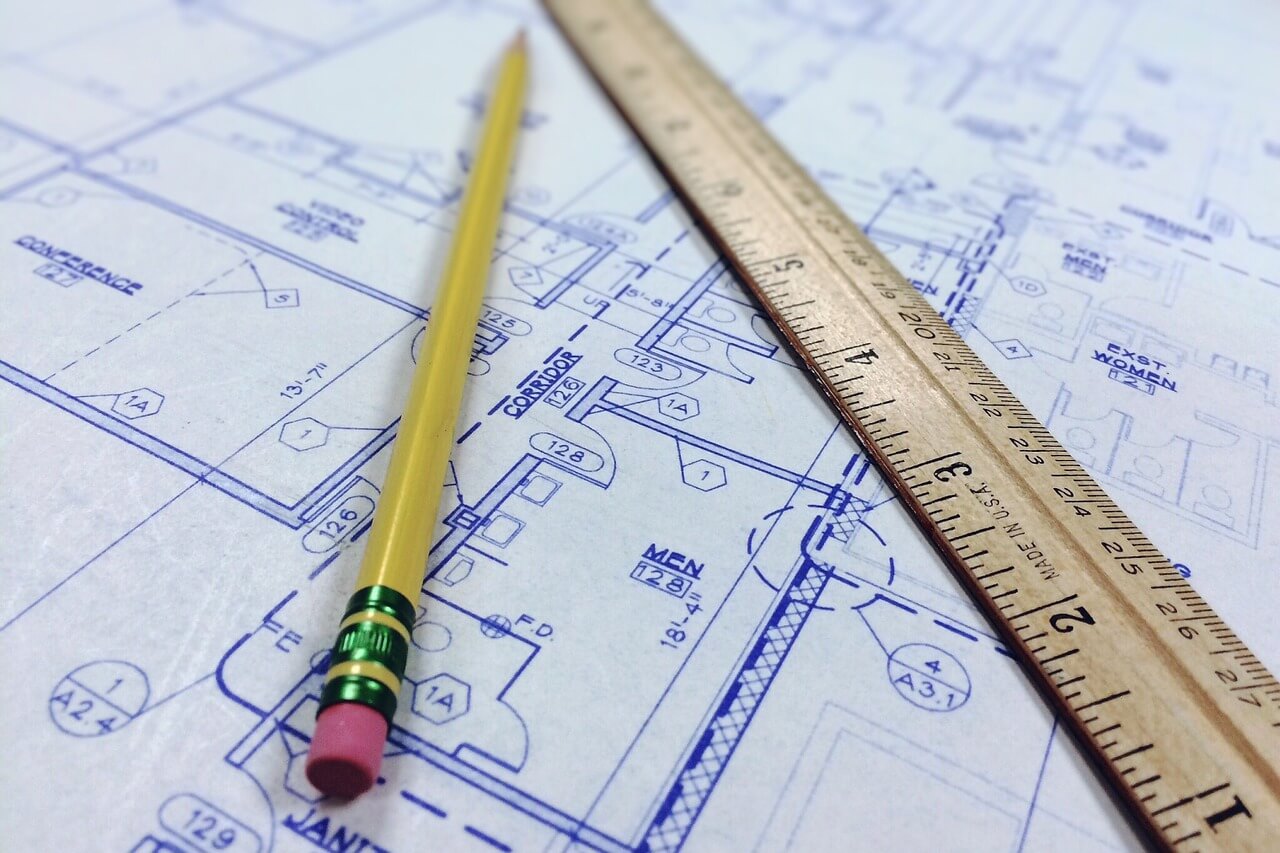


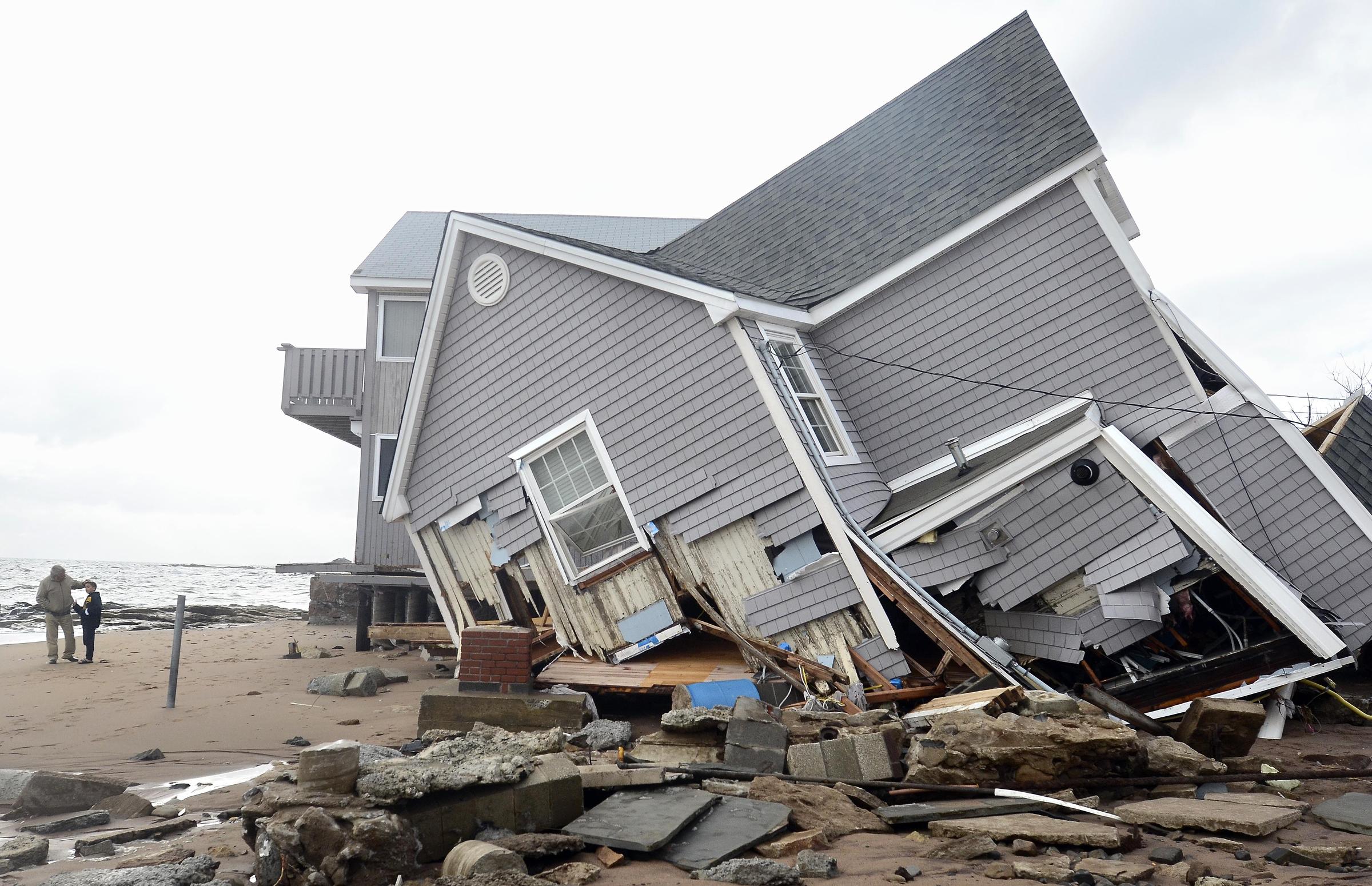
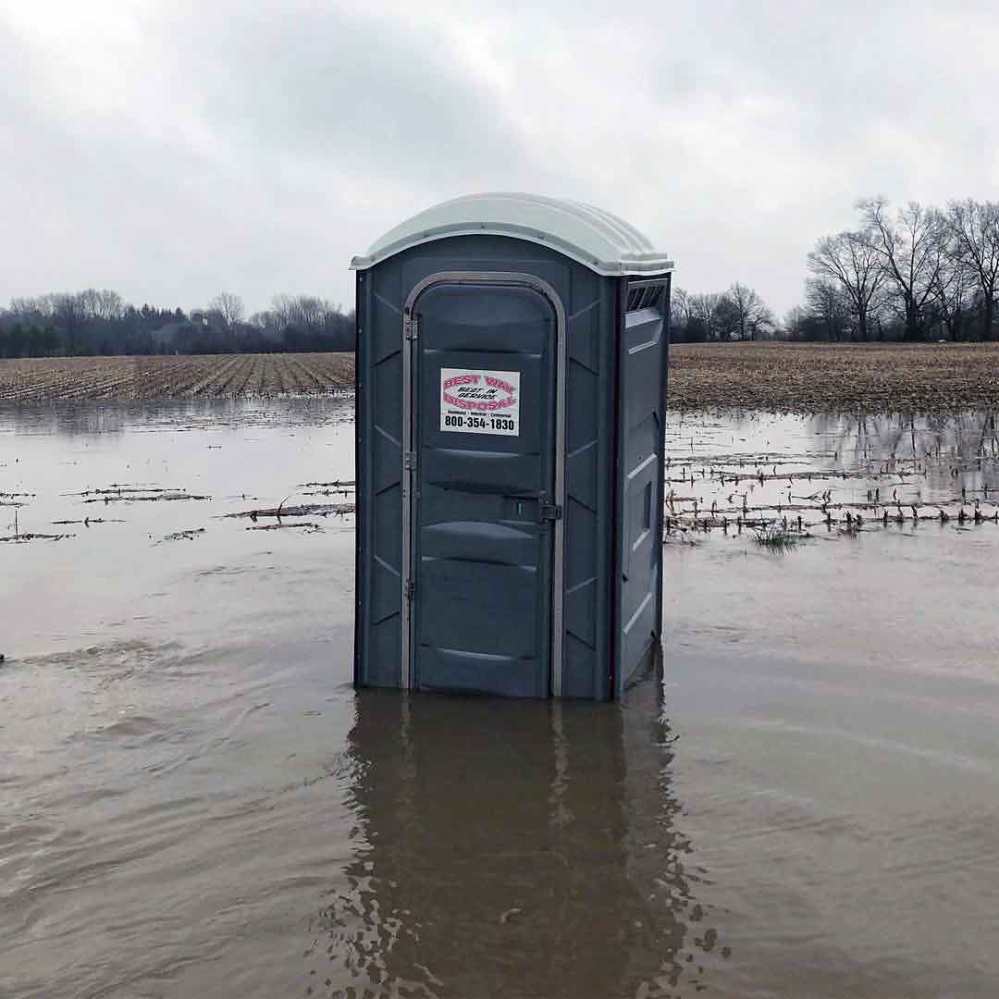 Welcome to post-production. As editors, visual fx artists, and the many other crafts in post, it's our job to make complex design changes and overcome many of the creative challenges that come up during the filmmaking process. We are expected to solve problems with the level of expertise that an architect or foreman have. Yet we are treated (and often paid) like laborers, like a set of hands simply there to button-mash our keyboards at the behest of the "true creatives." That is until the moment when we put Humpty Dumpty back together again (on deadline, I might add) and are regaled with such high praise as, "You saved the picture!" or "You're a magician!" Starting to feel like your position has value now? It's about time. Now do something about it.
Welcome to post-production. As editors, visual fx artists, and the many other crafts in post, it's our job to make complex design changes and overcome many of the creative challenges that come up during the filmmaking process. We are expected to solve problems with the level of expertise that an architect or foreman have. Yet we are treated (and often paid) like laborers, like a set of hands simply there to button-mash our keyboards at the behest of the "true creatives." That is until the moment when we put Humpty Dumpty back together again (on deadline, I might add) and are regaled with such high praise as, "You saved the picture!" or "You're a magician!" Starting to feel like your position has value now? It's about time. Now do something about it.



 It’s not like we suffer through grueling days on movie sets working sixteen to twenty hours a day, often deep into the following morning…..
It’s not like we suffer through grueling days on movie sets working sixteen to twenty hours a day, often deep into the following morning….. 


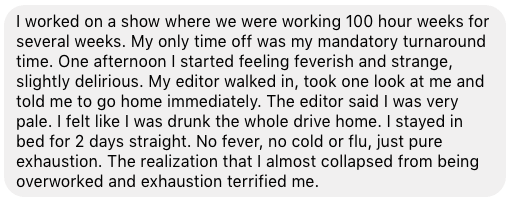 And we certainly aren’t out on the front lines sacrificing our lives for the sake of a stunt or “getting the perfect shot”.....
And we certainly aren’t out on the front lines sacrificing our lives for the sake of a stunt or “getting the perfect shot”..... 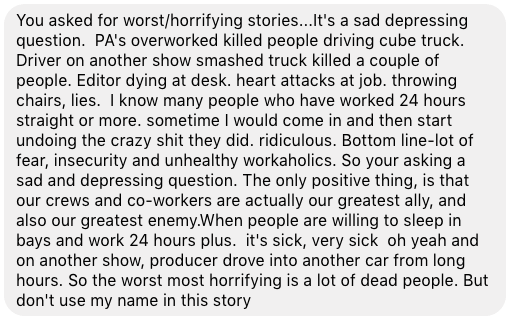
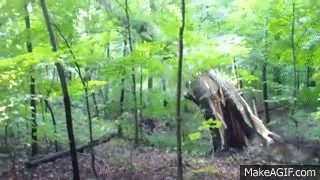
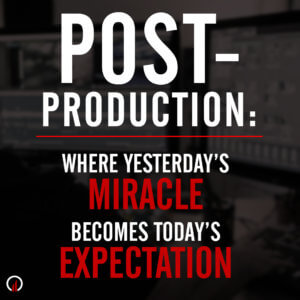
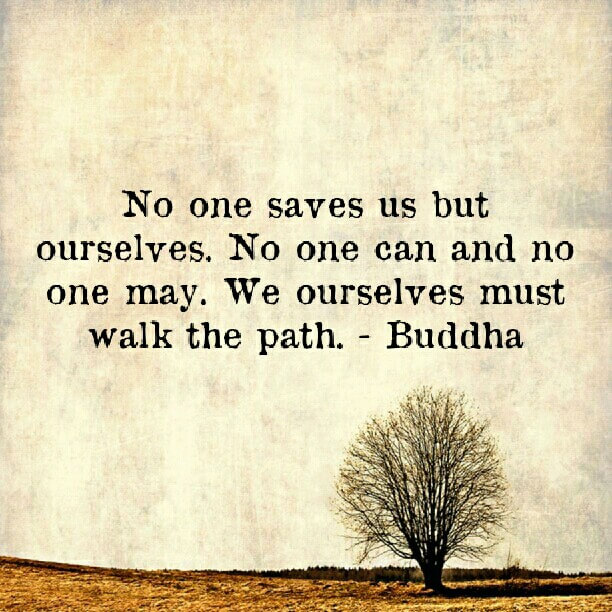 The reason we put up with and accept a work culture that perpetuates and celebrates horrible lifestyle choices every single day is fear. We are afraid that if we fight back or say no, we will simply be replaced. And we will. Because there are always going to be more flies. There will always be people willing to put themselves through hell for the sake of a paycheck, another credit on the résumé, another rung on the ladder. The only way this vicious cycle stops is if we change the culture until we reach the point where there simply are no more flies.
The reason we put up with and accept a work culture that perpetuates and celebrates horrible lifestyle choices every single day is fear. We are afraid that if we fight back or say no, we will simply be replaced. And we will. Because there are always going to be more flies. There will always be people willing to put themselves through hell for the sake of a paycheck, another credit on the résumé, another rung on the ladder. The only way this vicious cycle stops is if we change the culture until we reach the point where there simply are no more flies.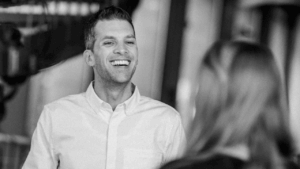 David Mead
David Mead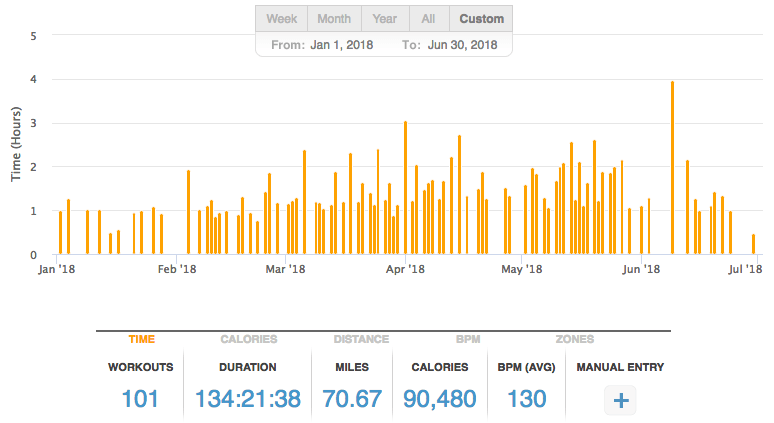
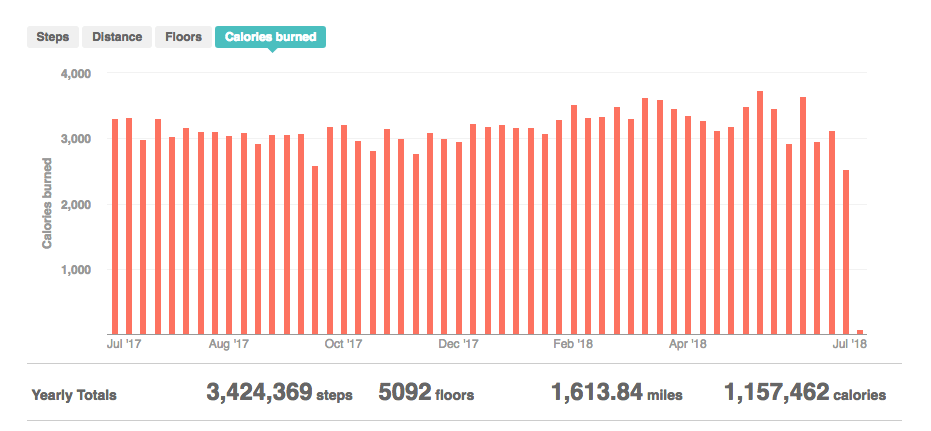
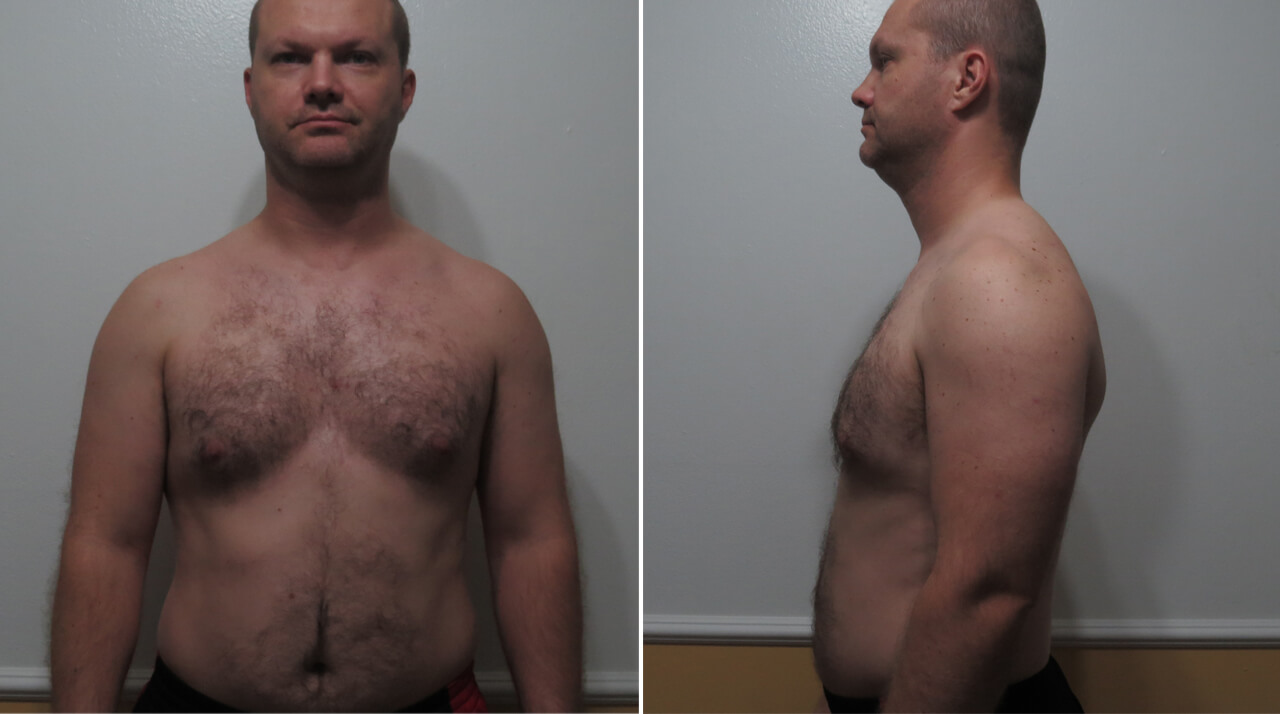
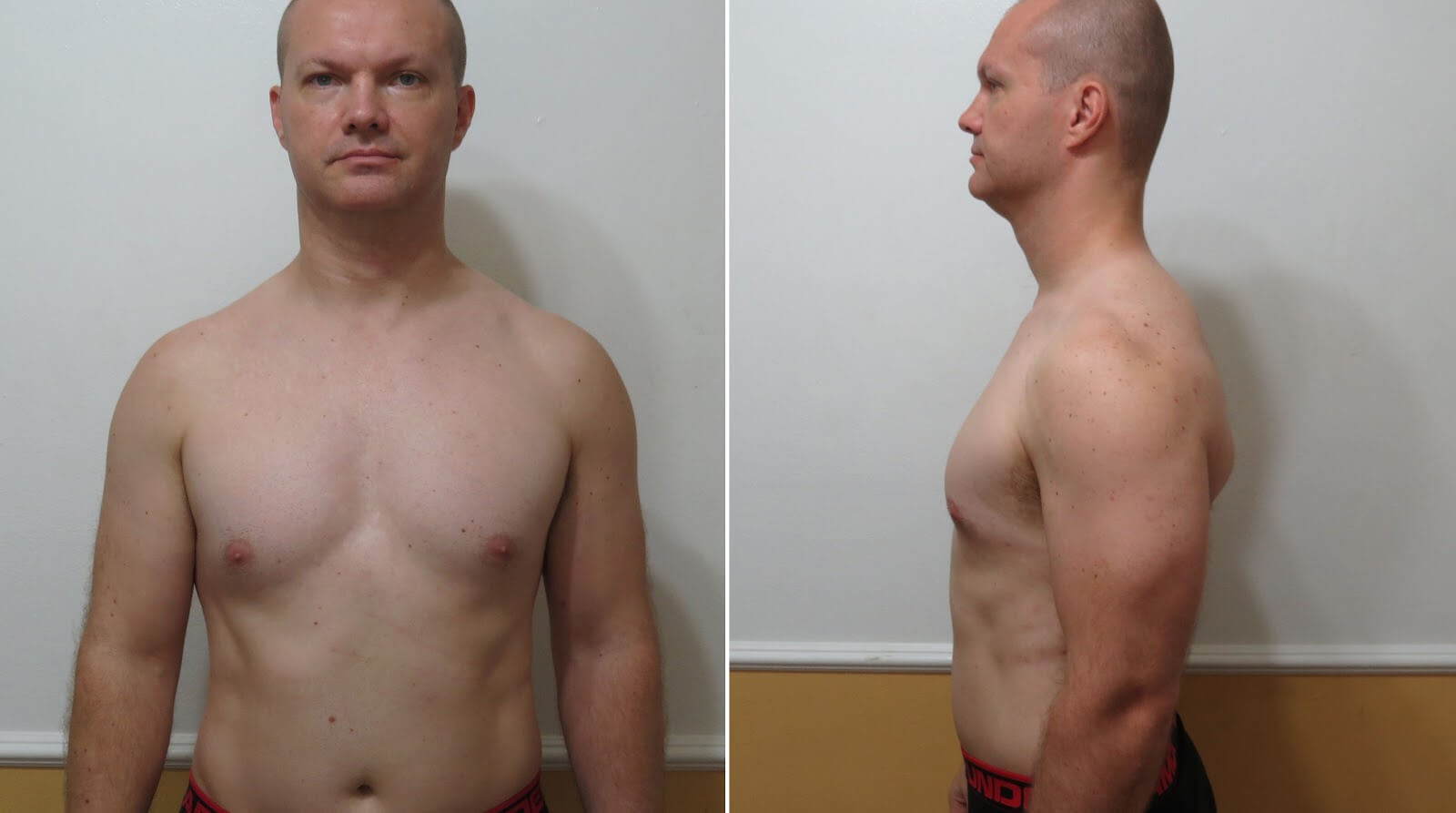

 Genevieve founded
Genevieve founded  Facebook
Facebook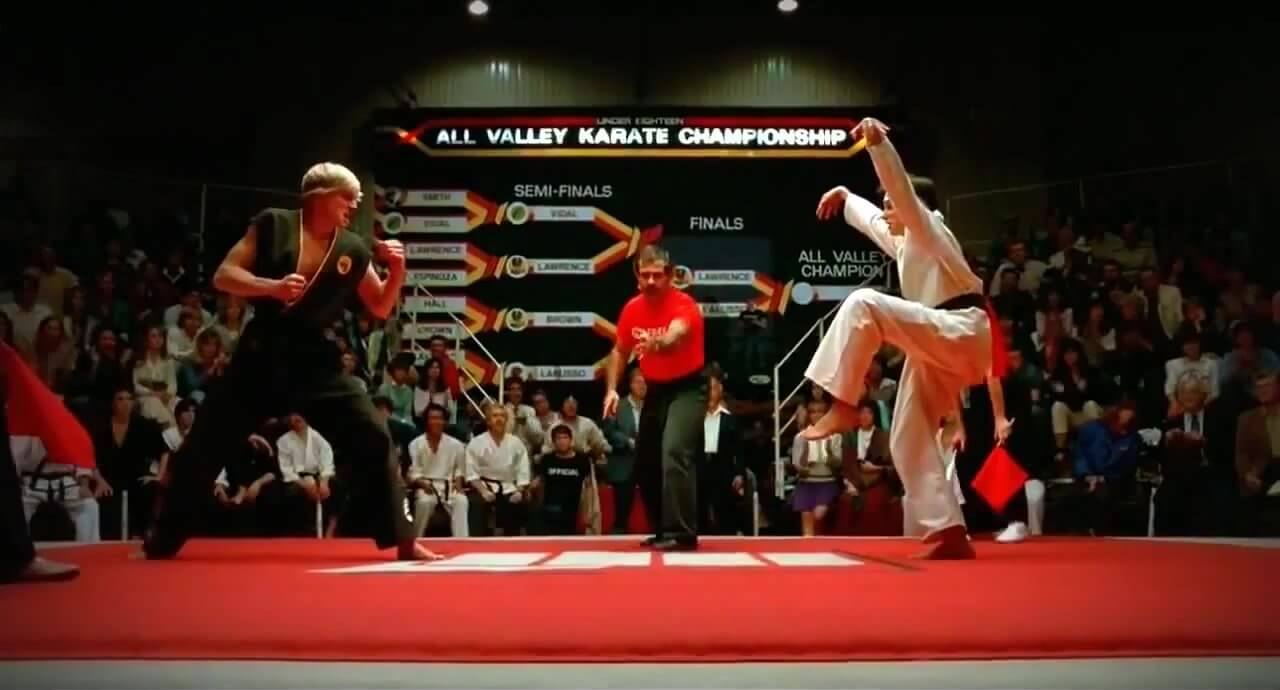
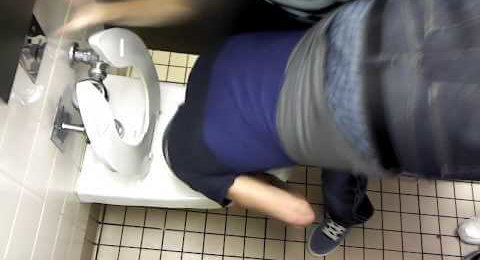
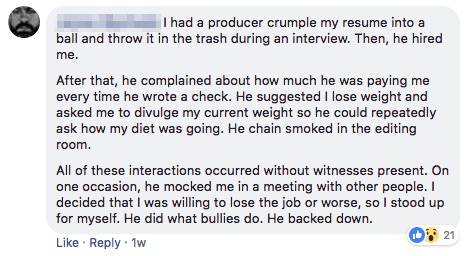

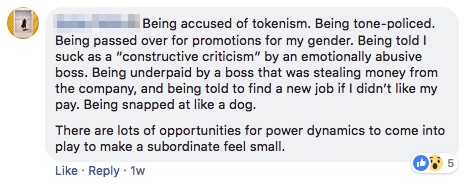


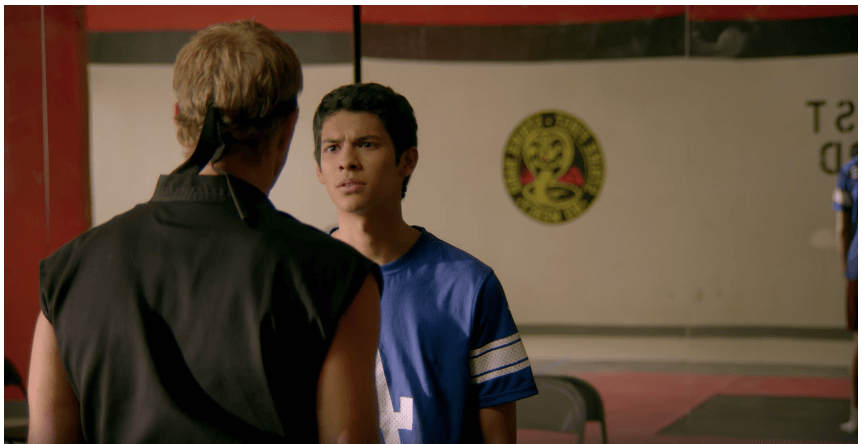
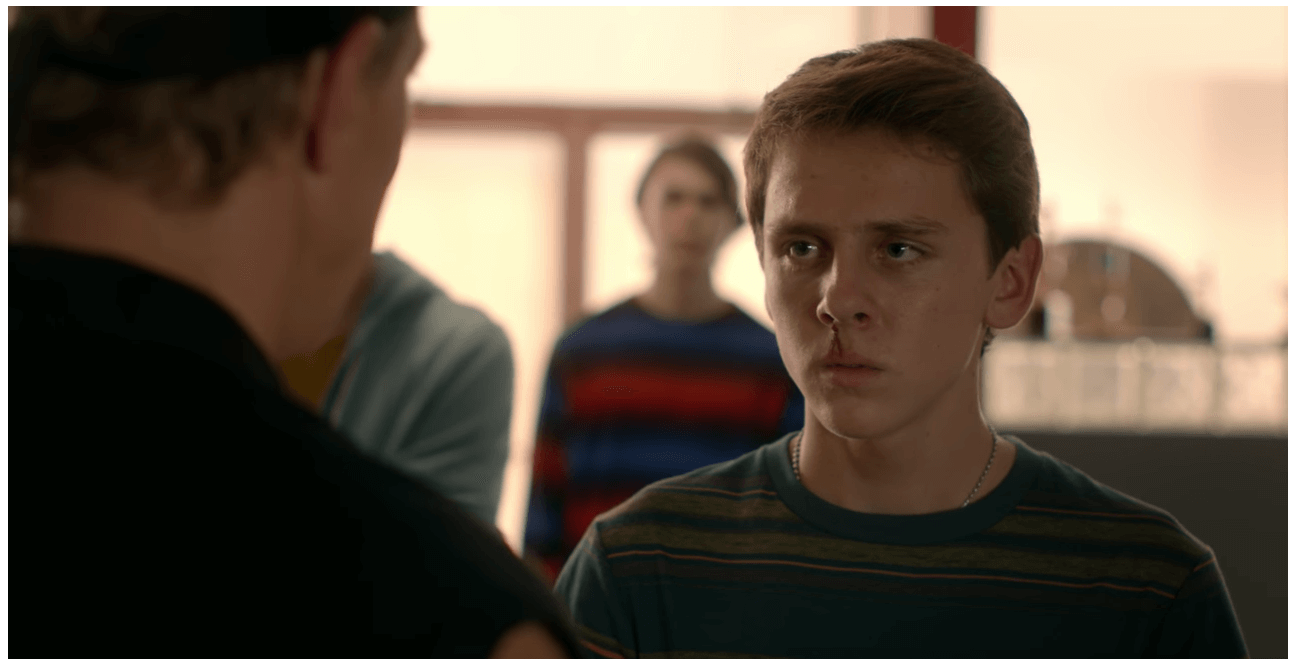
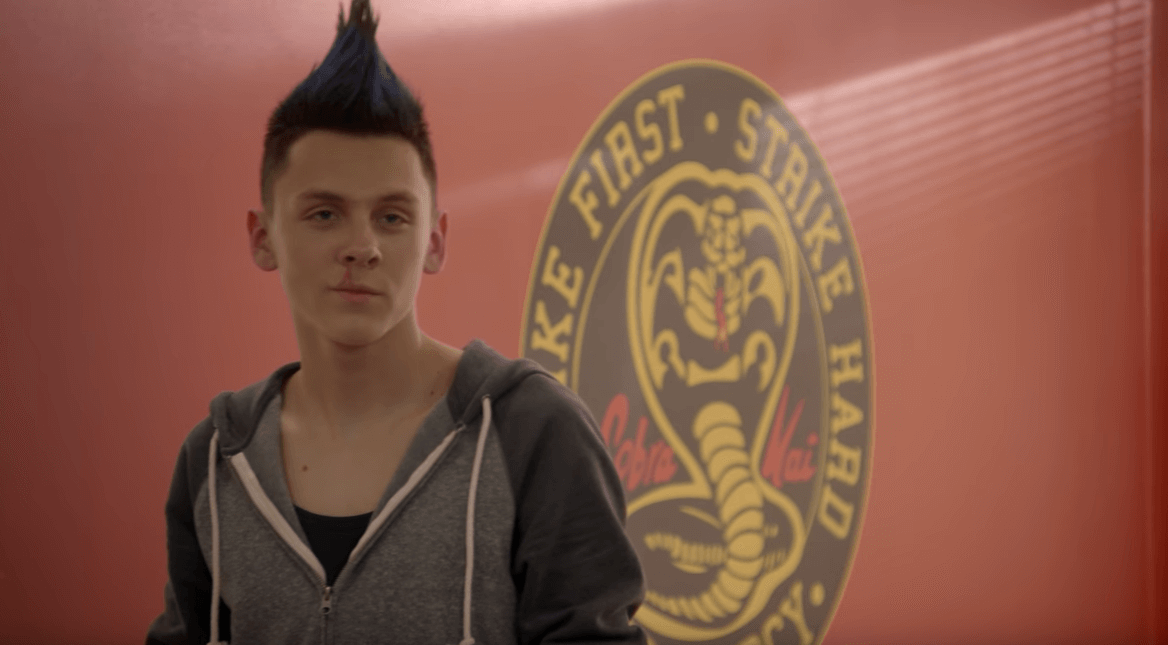
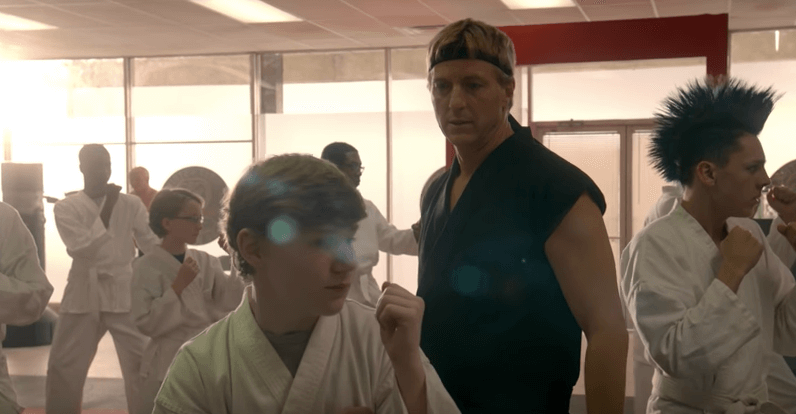
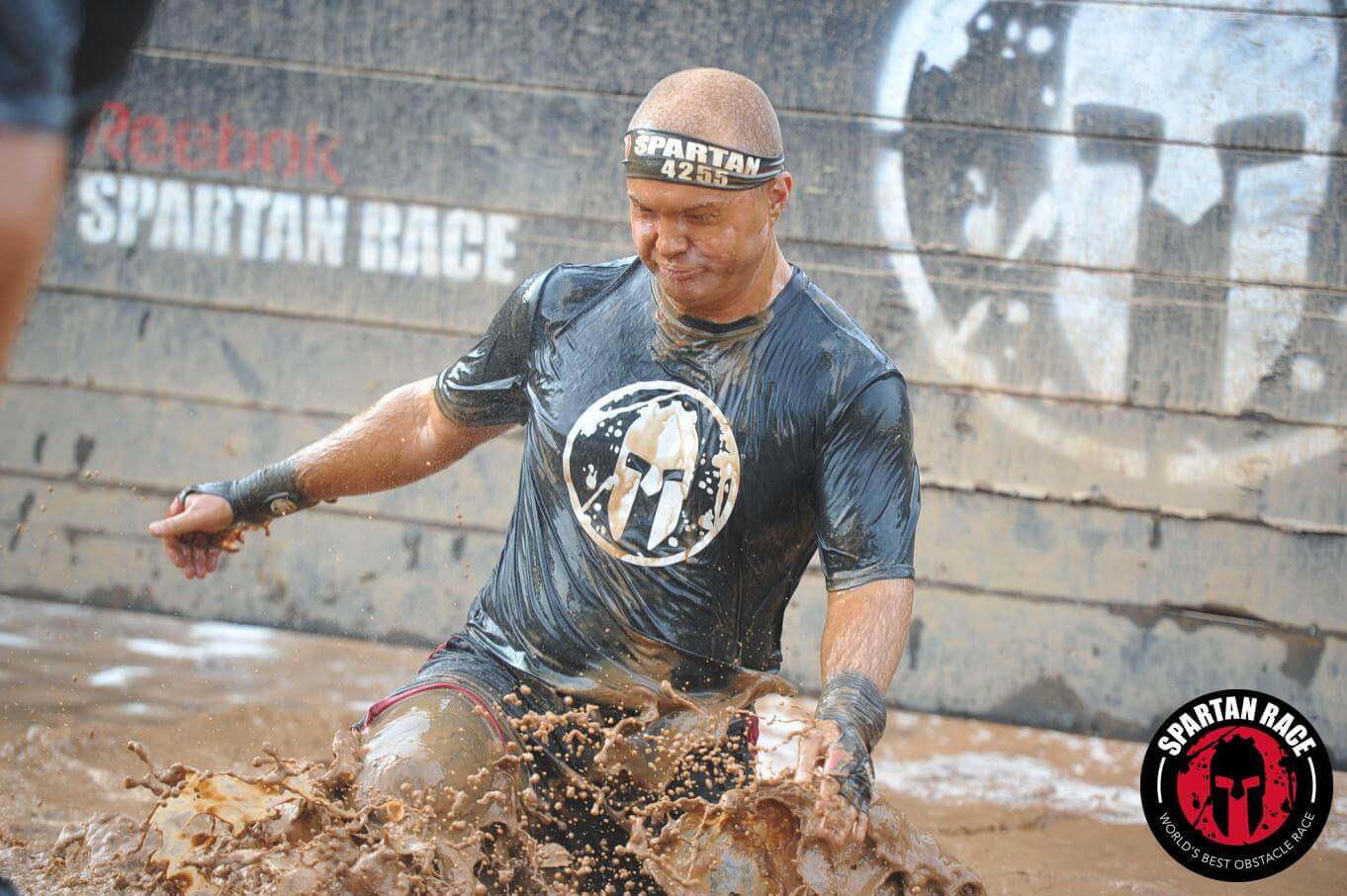
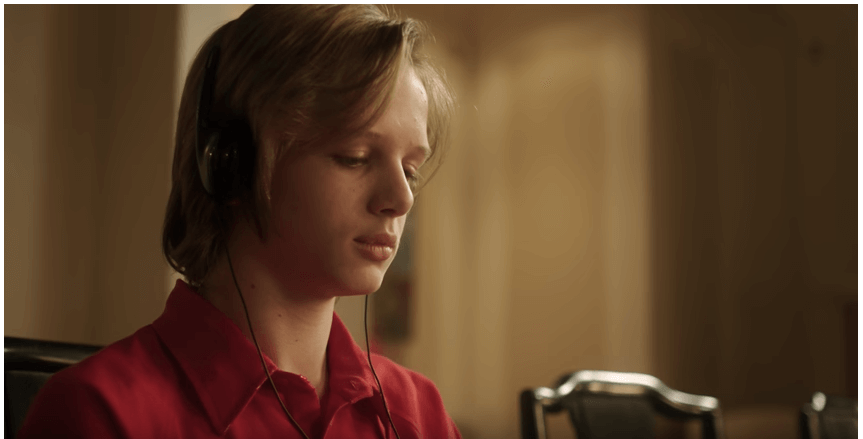
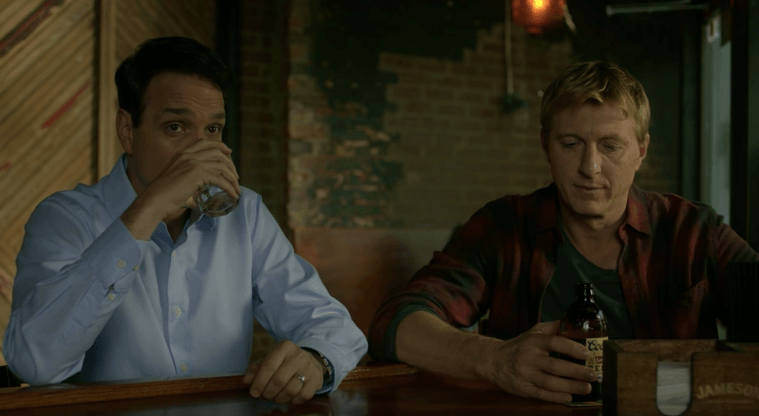
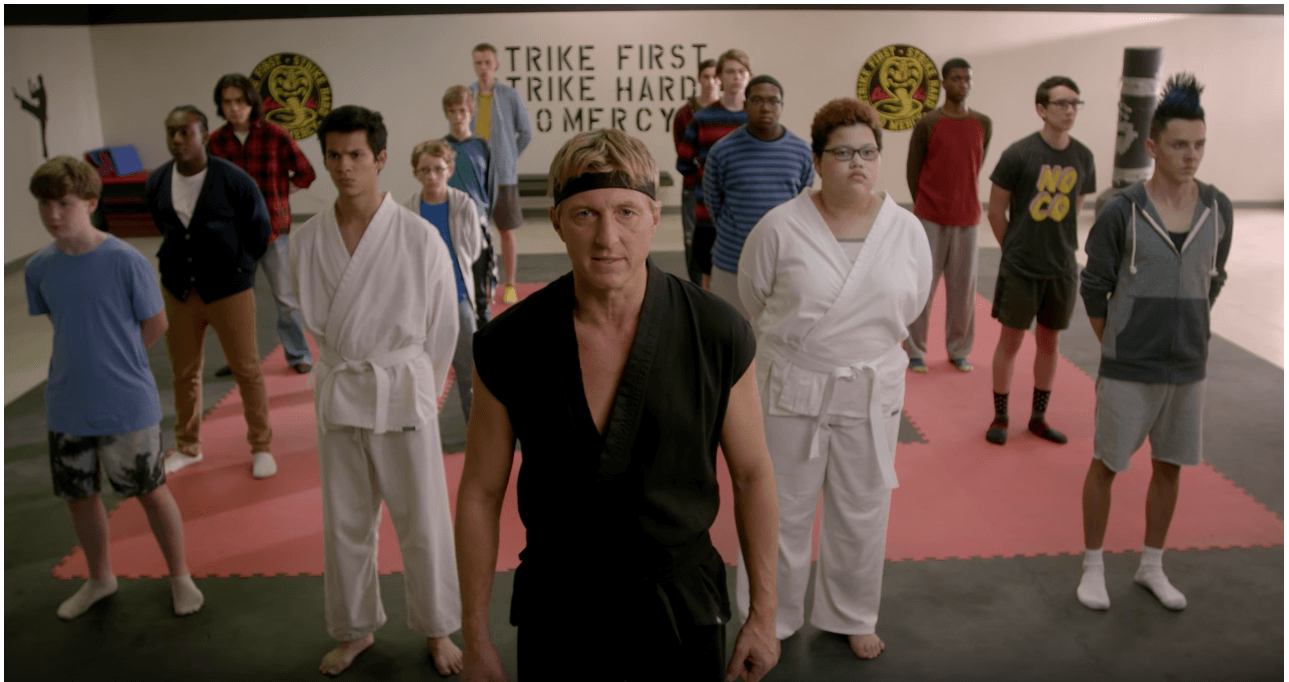
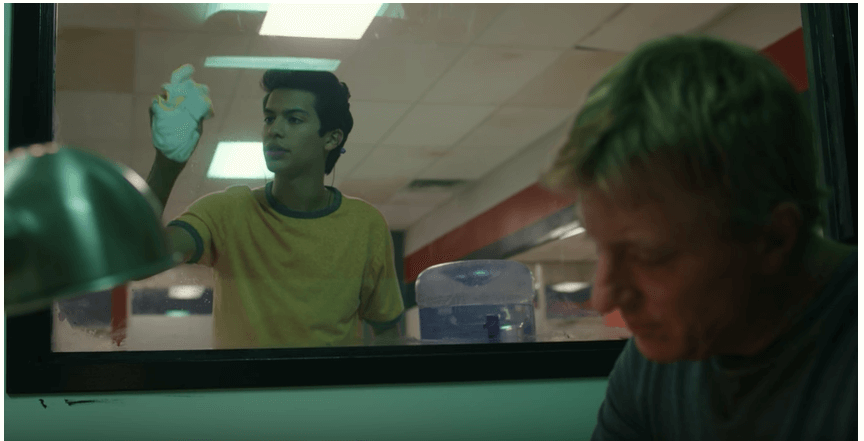
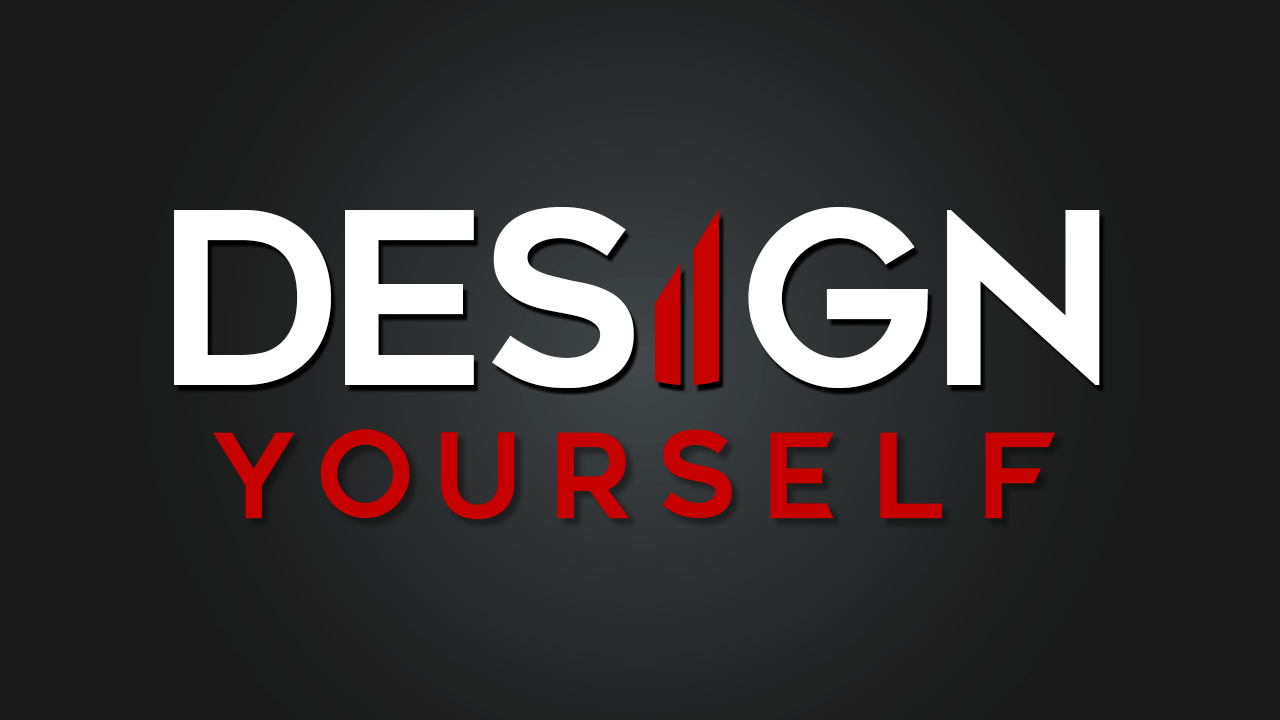






 Jeff Bartsch is a multi-faceted author, teacher, and television editor based out of Los Angeles. He is the author of “
Jeff Bartsch is a multi-faceted author, teacher, and television editor based out of Los Angeles. He is the author of “











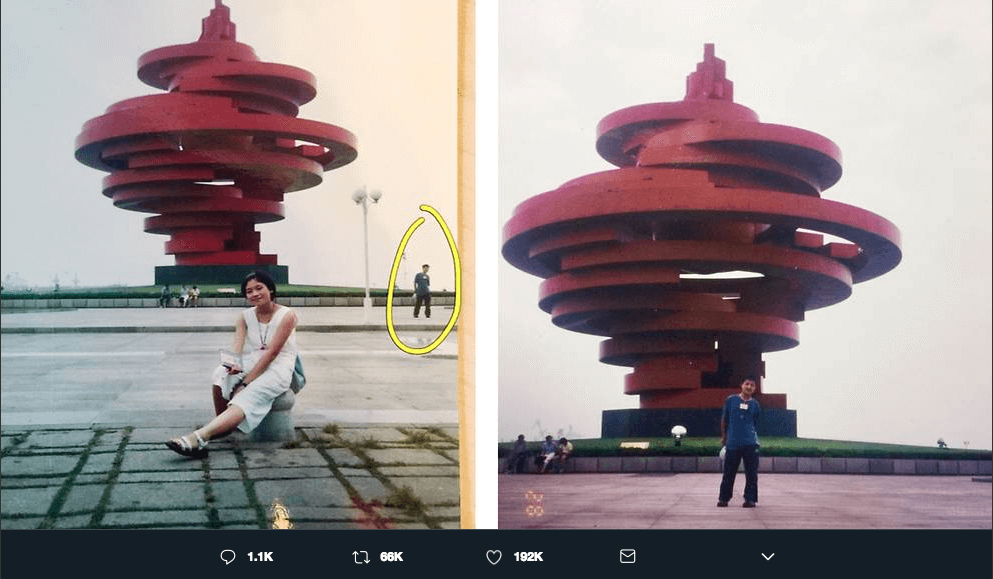
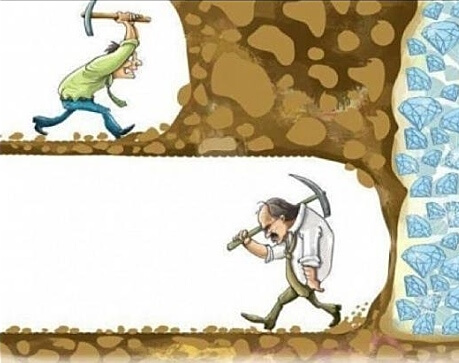






 Maybe it was the self-loathing, the upbeat motivational music, or perhaps it was the promise of rock-hard abs in as little as 60 days that got you to drop $100 or more on whatever program or tool was advertised....only to let it remain unopened because opening it will inevitably lead to failure, more self-loathing, and another late night date with the next infomercial (and another bag of Doritos). We’re all guilty of buying a diet book, exercise program, online learning course, or workout app that went unused, or at best that we tried for a few days or a few weeks before going back to our old habits. We wanted to believe that this one single purchase combined with “a little bit more discipline” would finally allow us to achieve our goals. Yet we fail year after year hitting the reset button every January expecting to get different results despite repeating the same behaviors over and over.
Maybe it was the self-loathing, the upbeat motivational music, or perhaps it was the promise of rock-hard abs in as little as 60 days that got you to drop $100 or more on whatever program or tool was advertised....only to let it remain unopened because opening it will inevitably lead to failure, more self-loathing, and another late night date with the next infomercial (and another bag of Doritos). We’re all guilty of buying a diet book, exercise program, online learning course, or workout app that went unused, or at best that we tried for a few days or a few weeks before going back to our old habits. We wanted to believe that this one single purchase combined with “a little bit more discipline” would finally allow us to achieve our goals. Yet we fail year after year hitting the reset button every January expecting to get different results despite repeating the same behaviors over and over. 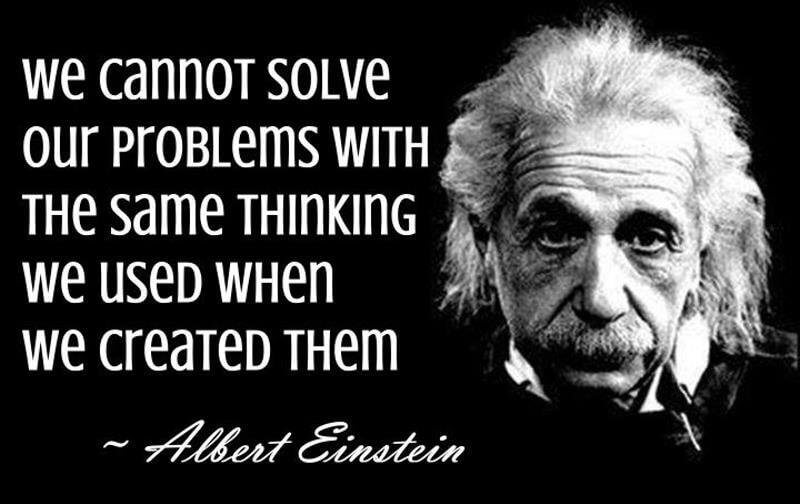 As much as we’d like to place the blame elsewhere, the problem is not the tools, the apps, the diet books, or the exercise programs. P90X is the most successful home workout program of all time for a reason - because it’s awesome. The problem is we’ve never been taught how to set goals properly.
As much as we’d like to place the blame elsewhere, the problem is not the tools, the apps, the diet books, or the exercise programs. P90X is the most successful home workout program of all time for a reason - because it’s awesome. The problem is we’ve never been taught how to set goals properly.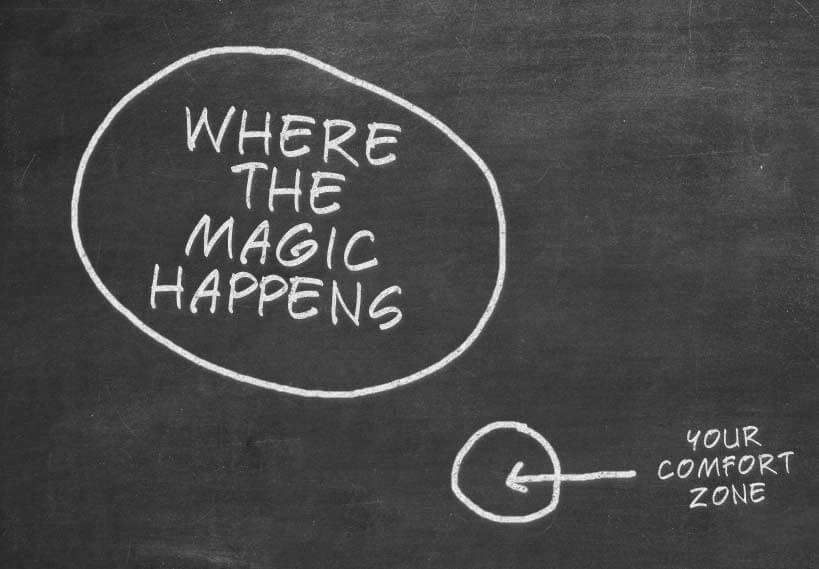 Is this goal relevant to my life right now? If your goal is to lose 20 pounds but you are about to have your first child and you are working 60 hours a week in a sedentary job, perhaps losing 20 pounds isn’t a realistic goal that is RELEVANT to your life right now. Rather than setting yourself up for failure, perhaps you need to modify your goal based on your current life circumstances. You could instead set a goal of doubling your daily step count from 3500 to 7000 steps per day. That may or may not lead to weight loss anyway, but it’s more relevant to your current circumstances and is much more achievable. Design relevant goals based on your current circumstances and set yourself up for success, never for failure. Does my goal have a deadline? So you’re committed to losing 20 pounds in order to “get healthy” this year...fantastic! But how much time have you given yourself to achieve this goal? If your goal is to lose 20 pounds someday, good luck with that. Or maybe you’re more realistic and the plan is to start...tomorrow?
Is this goal relevant to my life right now? If your goal is to lose 20 pounds but you are about to have your first child and you are working 60 hours a week in a sedentary job, perhaps losing 20 pounds isn’t a realistic goal that is RELEVANT to your life right now. Rather than setting yourself up for failure, perhaps you need to modify your goal based on your current life circumstances. You could instead set a goal of doubling your daily step count from 3500 to 7000 steps per day. That may or may not lead to weight loss anyway, but it’s more relevant to your current circumstances and is much more achievable. Design relevant goals based on your current circumstances and set yourself up for success, never for failure. Does my goal have a deadline? So you’re committed to losing 20 pounds in order to “get healthy” this year...fantastic! But how much time have you given yourself to achieve this goal? If your goal is to lose 20 pounds someday, good luck with that. Or maybe you’re more realistic and the plan is to start...tomorrow? 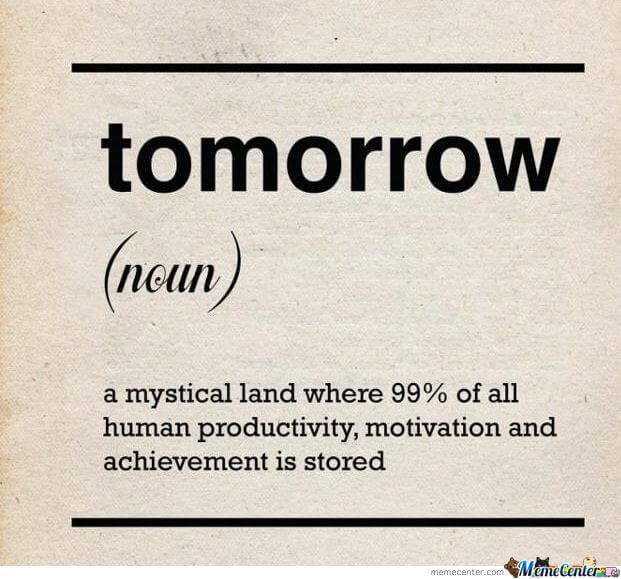 Instead of thinking losing 20 pounds is something you will get to eventually, set a concrete deadline. Saying, “I’m going to lose 20 pounds in the next 6 months” is a TIME-SENSITIVE goal that will motivate you to begin taking immediate action. Don’t think deadlines make a difference? I don’t care how much you procrastinate, how lazy you are, or how little motivation or willpower you think you possess. If your house is a mess, the best productivity strategy to get yourself to clean it is to invite your mother-in-law over for dinner. I guarantee creating that time-sensitive deadline will get your butt in gear. Now apply this mindset to your specific goal. Once you have taken the steps to get from “I want to get healthy” to “I want to lose 20 pounds in the next 6 months,” it’s time to ask yourself the most important question of all that will be the difference between your success or failure.
Instead of thinking losing 20 pounds is something you will get to eventually, set a concrete deadline. Saying, “I’m going to lose 20 pounds in the next 6 months” is a TIME-SENSITIVE goal that will motivate you to begin taking immediate action. Don’t think deadlines make a difference? I don’t care how much you procrastinate, how lazy you are, or how little motivation or willpower you think you possess. If your house is a mess, the best productivity strategy to get yourself to clean it is to invite your mother-in-law over for dinner. I guarantee creating that time-sensitive deadline will get your butt in gear. Now apply this mindset to your specific goal. Once you have taken the steps to get from “I want to get healthy” to “I want to lose 20 pounds in the next 6 months,” it’s time to ask yourself the most important question of all that will be the difference between your success or failure.
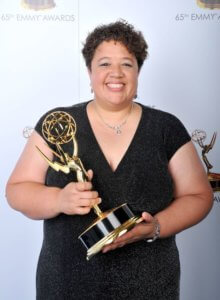
 This desire you have to see if there is “just one more” cool picture or funny post is called “intermittent variable rewards,” and according to Tristan Harris, founder of the
This desire you have to see if there is “just one more” cool picture or funny post is called “intermittent variable rewards,” and according to Tristan Harris, founder of the 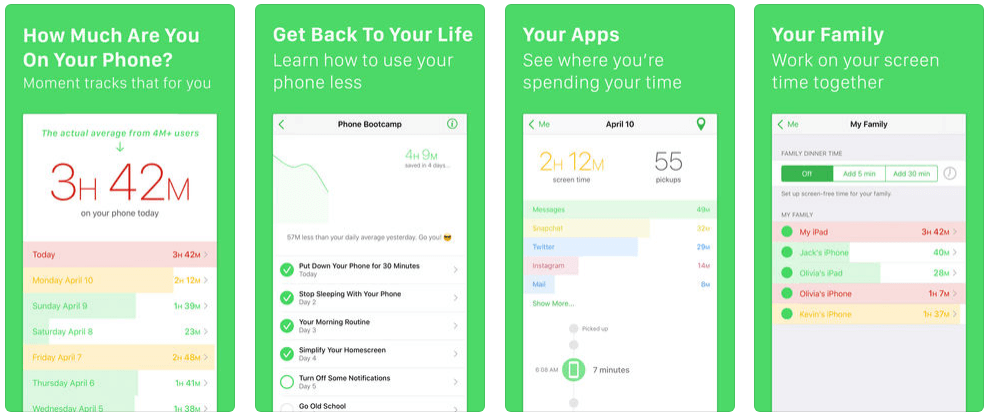 Before jumping into these 7 simple hacks, I recommend downloading the
Before jumping into these 7 simple hacks, I recommend downloading the 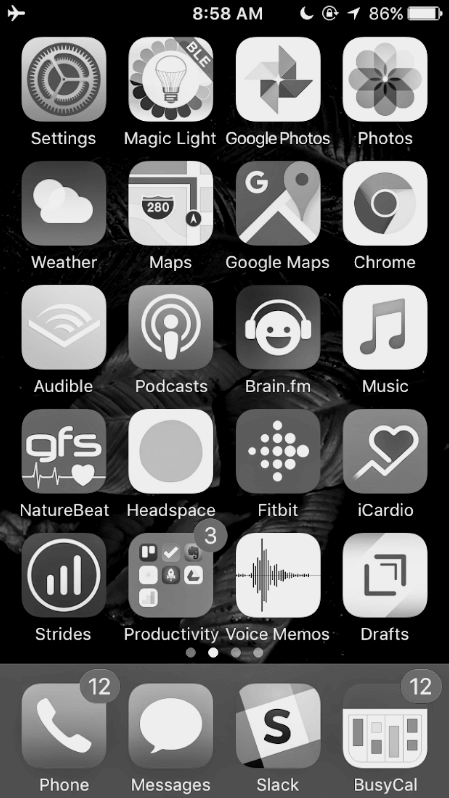

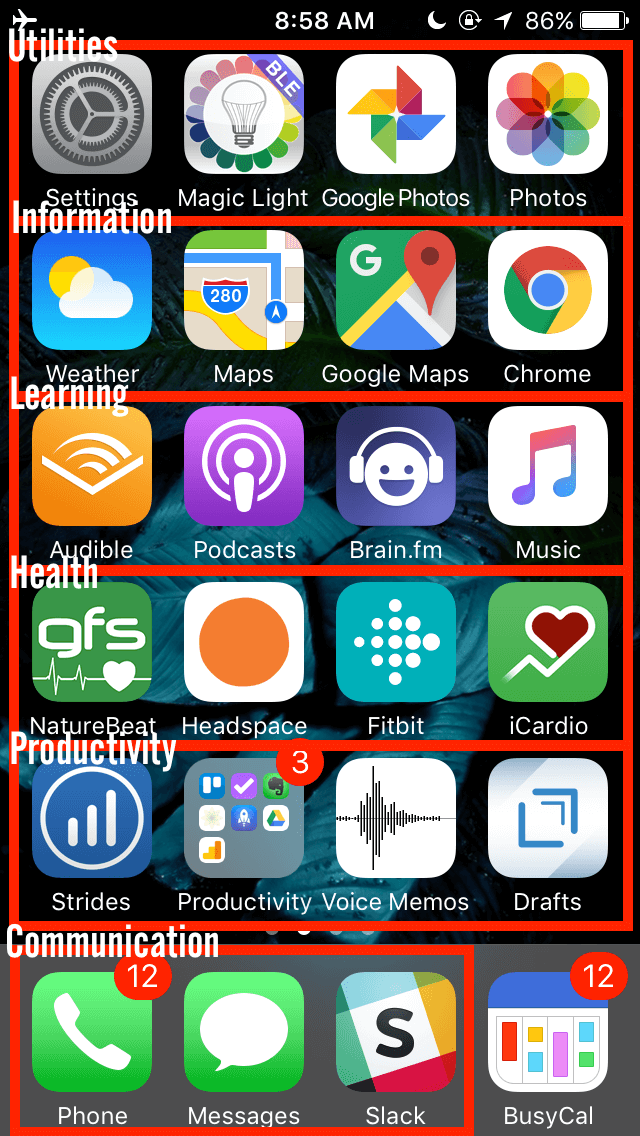
 Space simply loads a “moment of Zen” before your app loads. By doing so it short-circuits the instant gratification mechanism that’s triggered when you check into your apps. Just these few moments of space forces you to ask yourself a very important question:
Space simply loads a “moment of Zen” before your app loads. By doing so it short-circuits the instant gratification mechanism that’s triggered when you check into your apps. Just these few moments of space forces you to ask yourself a very important question: This step is the epitome of ‘simple’ but not ‘easy.’ You no doubt are very clear on the steps required to delete an app from your phone….but can you actually pull the trigger? Before going into full-blown panic, remember that after deleting your apps they still exist, and you’ll still have all your friends. You can still choose to install your apps again in the future. As a matter of fact, if permanently deleting all offending apps seems like too much, simply make it a rule when you are done using an app you delete it. Then when you want to use the app, you just have to reinstall it and login again. Similar to moving your phone to the other side of the room, reinstalling an app provides just enough “friction” that you’ll most likely choose not to do that action 50 times per day. But if you truly need to use the app for something important, that one extra minute to install it isn’t a big deal. A second option that I often use is to log into social media or email via my phone’s web browser. This works perfectly because most apps in mobile web browsers really suck. (Seriously, try using Facebook for any length of time in a mobile browser...it’s an awful user experience) This crappy user experience is just enough to keep me from getting sucked into the app, but if I’m on the go and know there is something important to address, I can always login quickly via a web browser to take care of business.
This step is the epitome of ‘simple’ but not ‘easy.’ You no doubt are very clear on the steps required to delete an app from your phone….but can you actually pull the trigger? Before going into full-blown panic, remember that after deleting your apps they still exist, and you’ll still have all your friends. You can still choose to install your apps again in the future. As a matter of fact, if permanently deleting all offending apps seems like too much, simply make it a rule when you are done using an app you delete it. Then when you want to use the app, you just have to reinstall it and login again. Similar to moving your phone to the other side of the room, reinstalling an app provides just enough “friction” that you’ll most likely choose not to do that action 50 times per day. But if you truly need to use the app for something important, that one extra minute to install it isn’t a big deal. A second option that I often use is to log into social media or email via my phone’s web browser. This works perfectly because most apps in mobile web browsers really suck. (Seriously, try using Facebook for any length of time in a mobile browser...it’s an awful user experience) This crappy user experience is just enough to keep me from getting sucked into the app, but if I’m on the go and know there is something important to address, I can always login quickly via a web browser to take care of business. 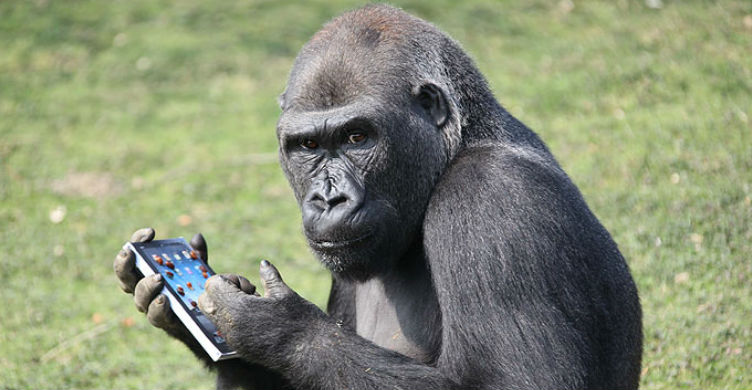 Okay, Facebook and social media apps are one thing, but let’s address the 800 pound gorilla in the room. There’s no way on Earth that you could function without email on your phone. Not having 24/7 access to email is impossible. Peole expect you to respond immediately, and you have to know what’s going on every minute of the day. Without (obsessively) keeping up with your inbox, the project you’re working on will simply crumble to the ground, not to mention every single personal and professional relationship. In short, without email...your world will stop spinning. Or will it? I don’t remember the last time I had an email app installed on my phone, yet I manage 6 different email addresses (and routinely have fewer than 25 unread messages amongst ALL accounts), I have a team of 4 people helping me with my blog and podcast, I’m editing at least one network TV series at any given time for 50+ hours per week, I have two young kids, and I’m scheduling a minimum of 4-8 podcast guests per month. How is it possible that the Earth continues to spin on its axis if I don’t constantly keep up with my email? It’s as simple as this:
Okay, Facebook and social media apps are one thing, but let’s address the 800 pound gorilla in the room. There’s no way on Earth that you could function without email on your phone. Not having 24/7 access to email is impossible. Peole expect you to respond immediately, and you have to know what’s going on every minute of the day. Without (obsessively) keeping up with your inbox, the project you’re working on will simply crumble to the ground, not to mention every single personal and professional relationship. In short, without email...your world will stop spinning. Or will it? I don’t remember the last time I had an email app installed on my phone, yet I manage 6 different email addresses (and routinely have fewer than 25 unread messages amongst ALL accounts), I have a team of 4 people helping me with my blog and podcast, I’m editing at least one network TV series at any given time for 50+ hours per week, I have two young kids, and I’m scheduling a minimum of 4-8 podcast guests per month. How is it possible that the Earth continues to spin on its axis if I don’t constantly keep up with my email? It’s as simple as this: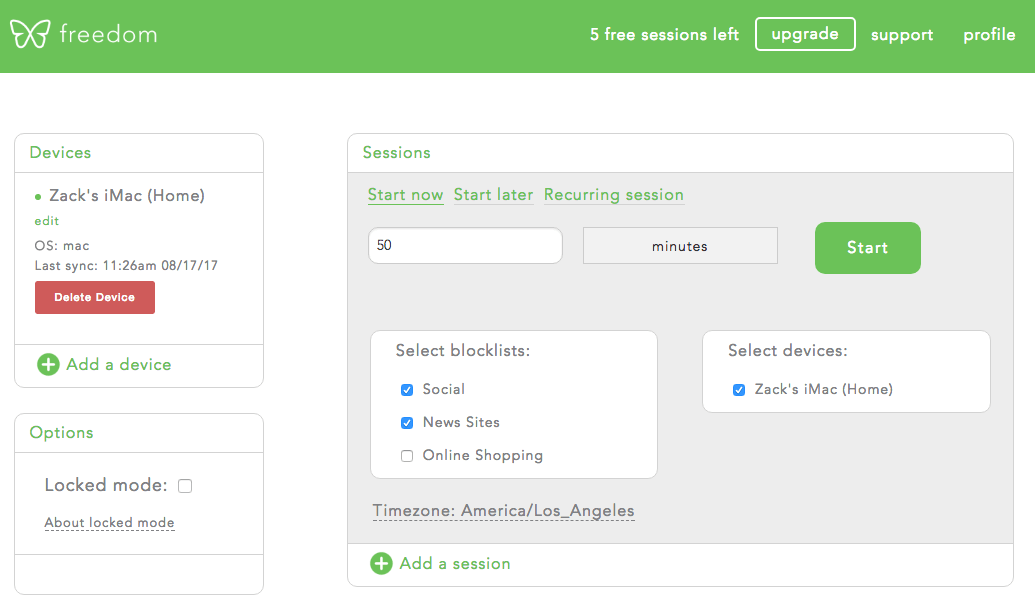
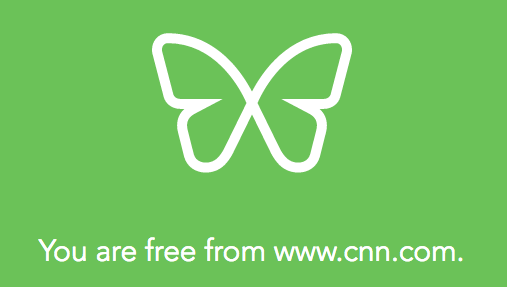

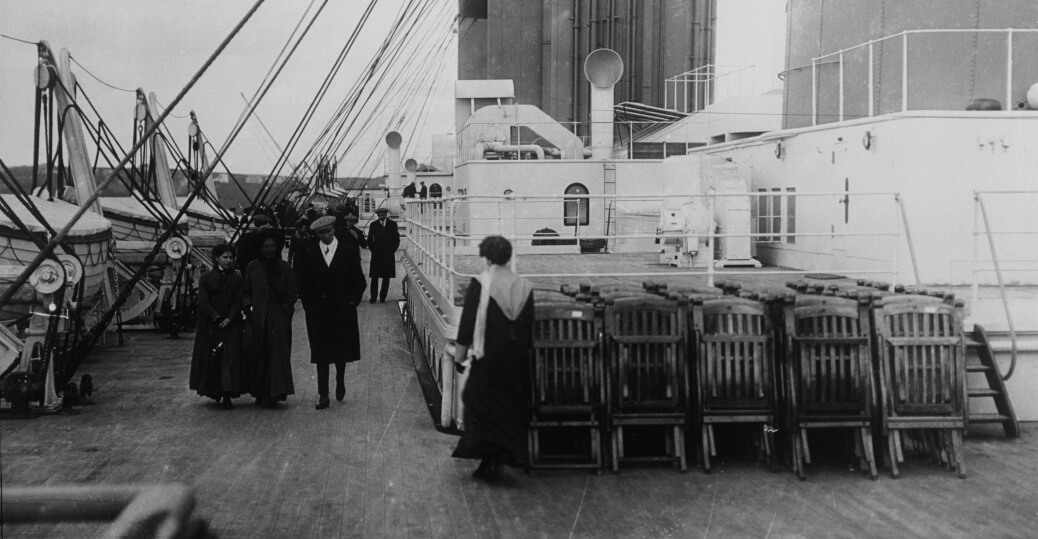
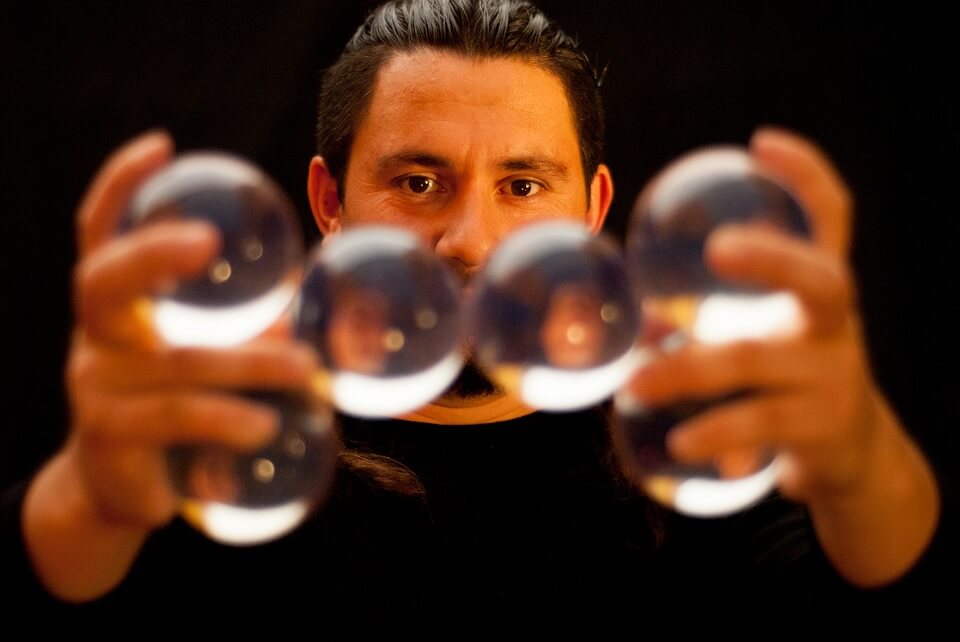 As Cal Newport points out in his book
As Cal Newport points out in his book 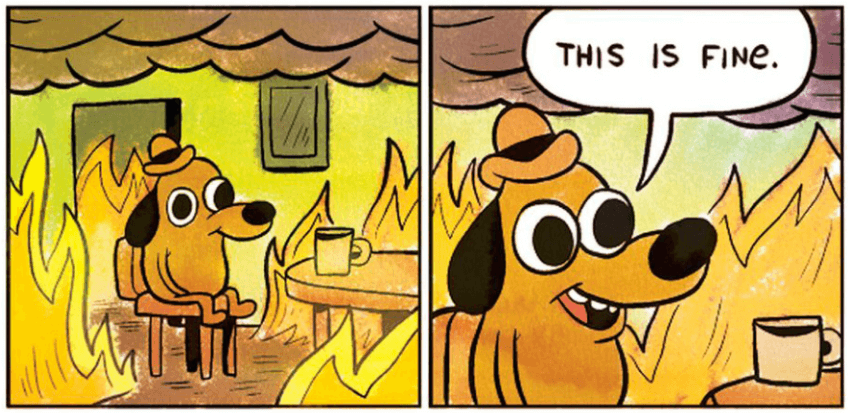 It’s easy to blame modern society, but the sense of urgency we feel pressured by all day long has nothing to do with the ability of others to reach you instantly via email, phone, social media, or otherwise. This phenomenon is basic human nature. In the American Magazine article
It’s easy to blame modern society, but the sense of urgency we feel pressured by all day long has nothing to do with the ability of others to reach you instantly via email, phone, social media, or otherwise. This phenomenon is basic human nature. In the American Magazine article 

